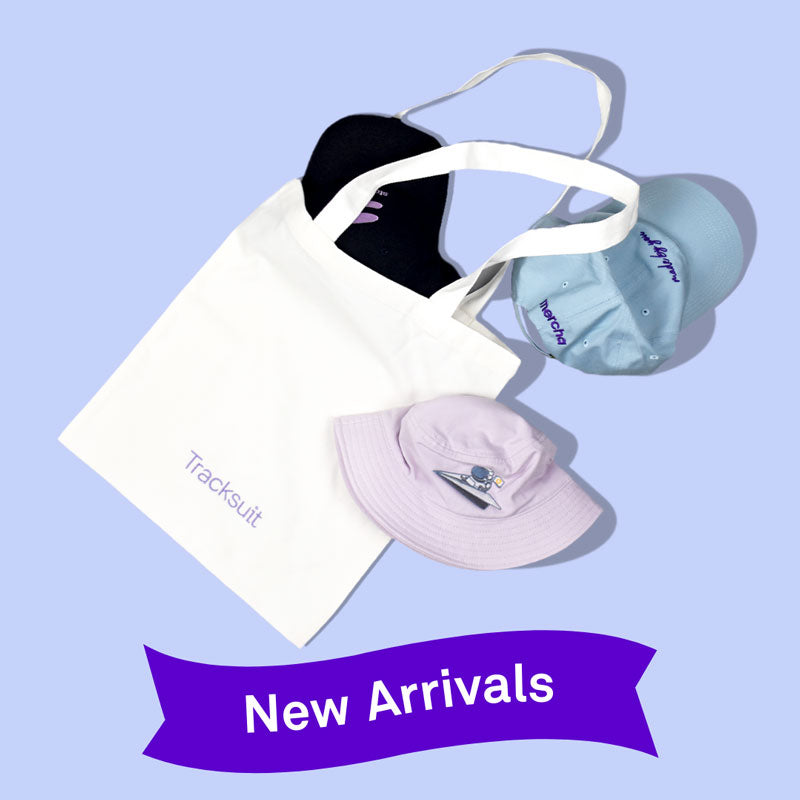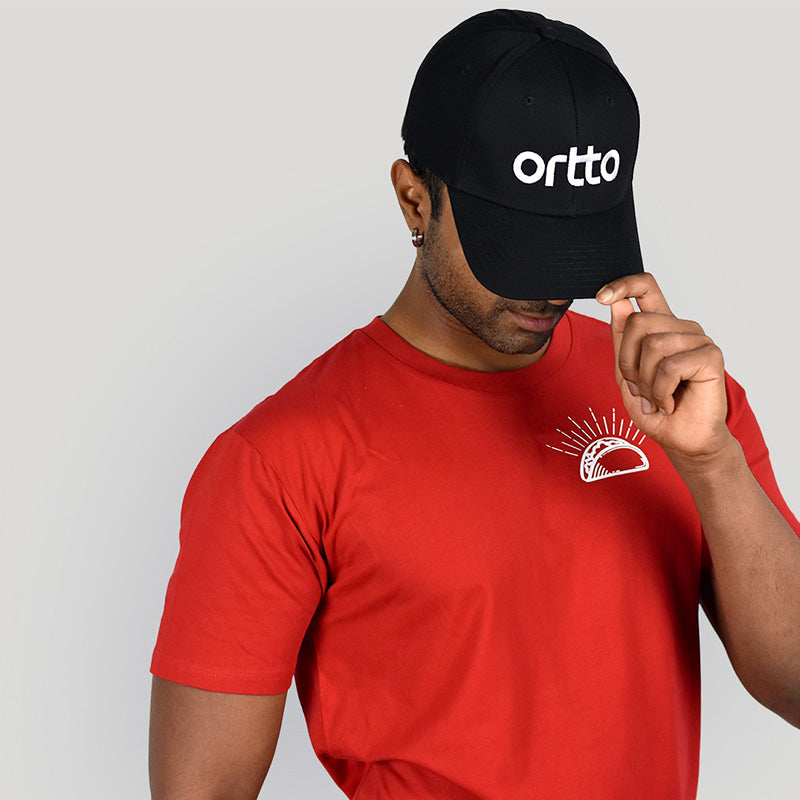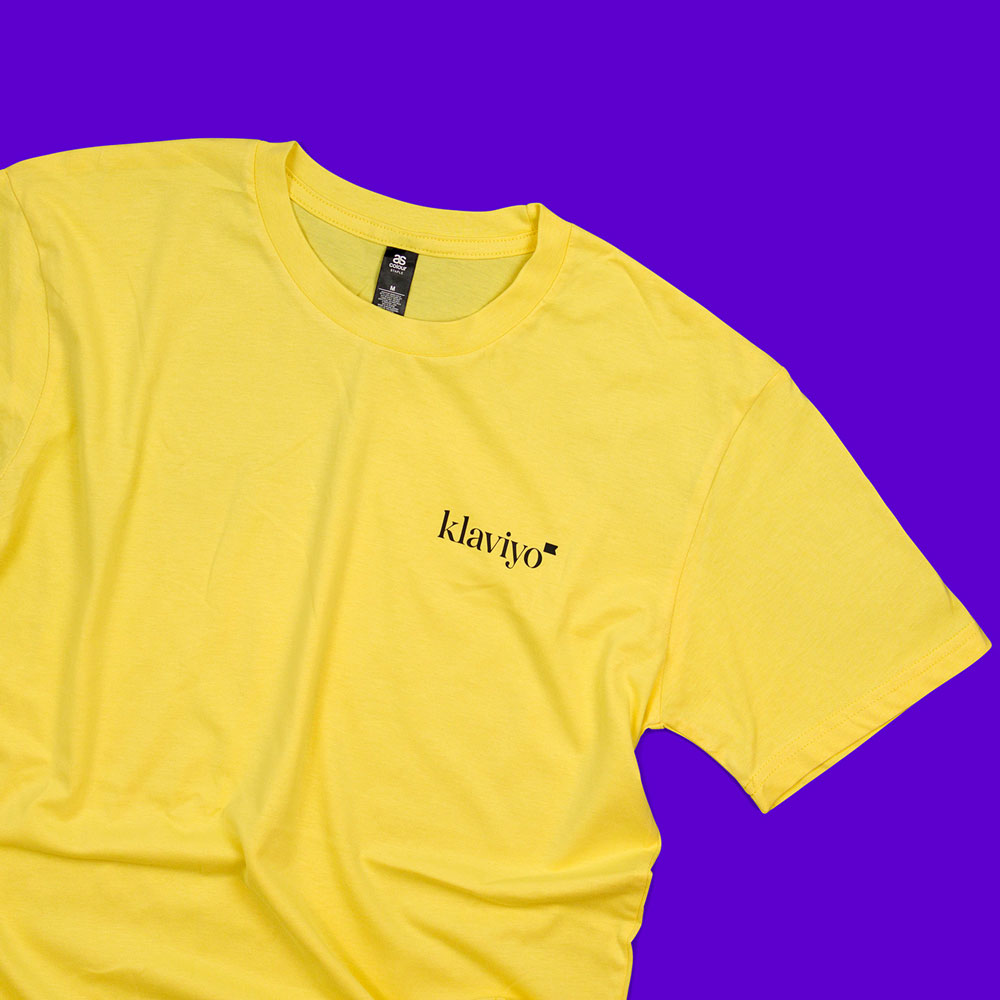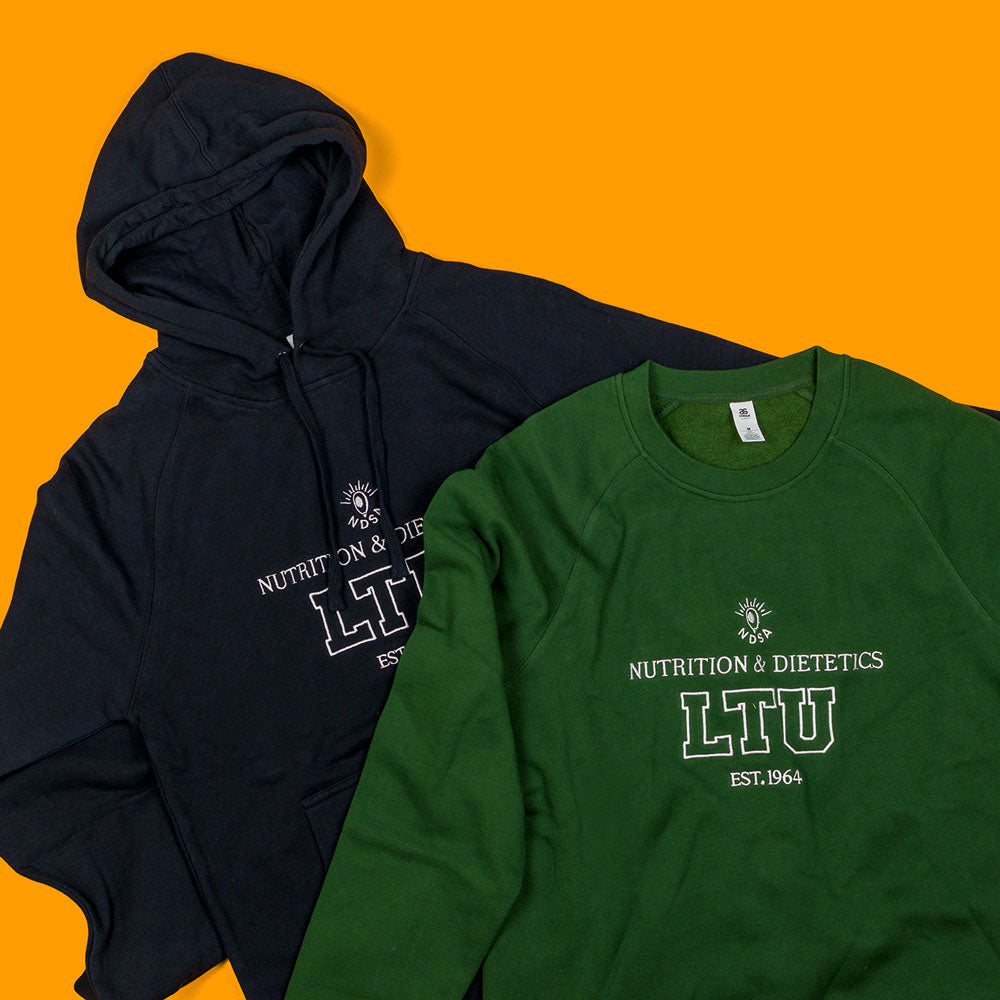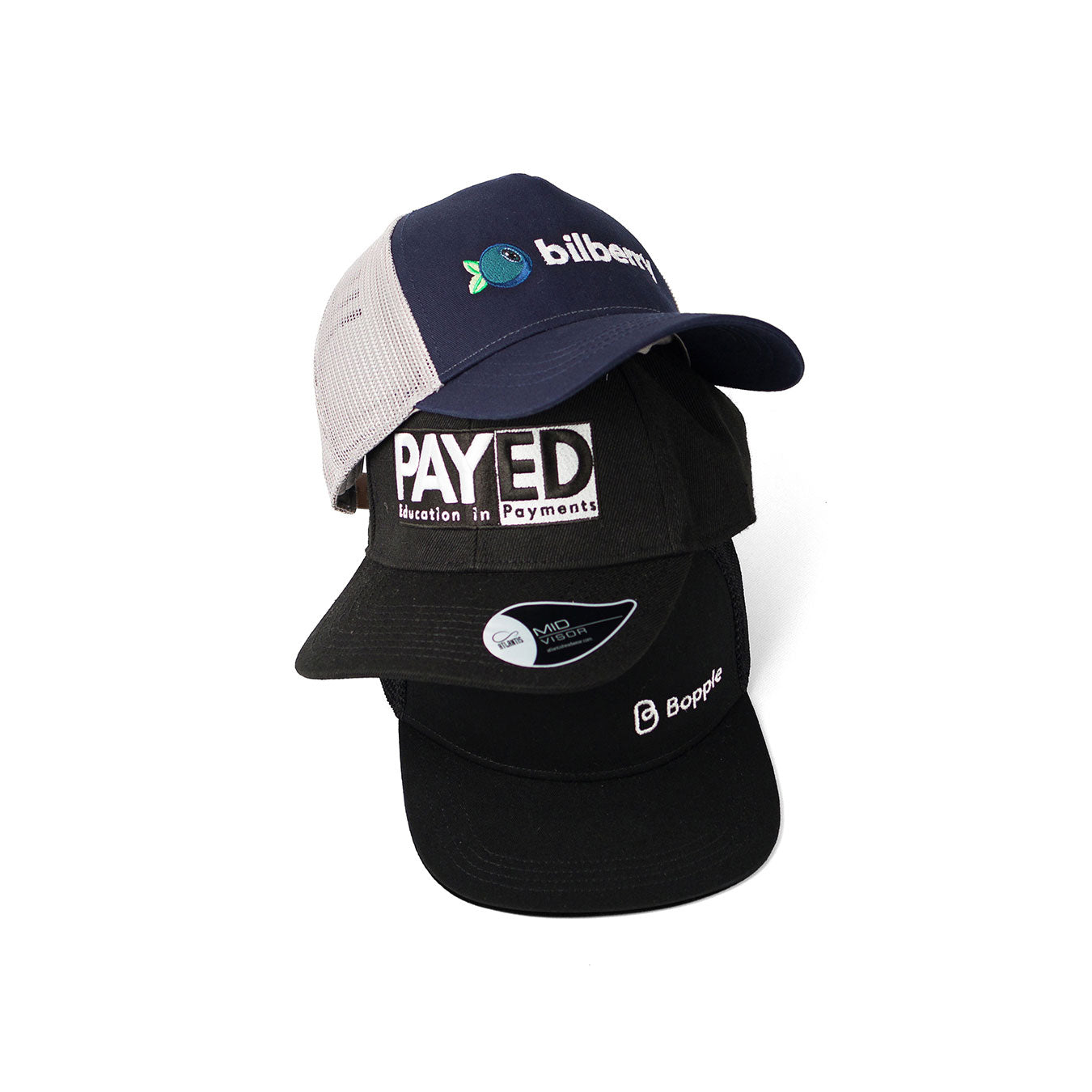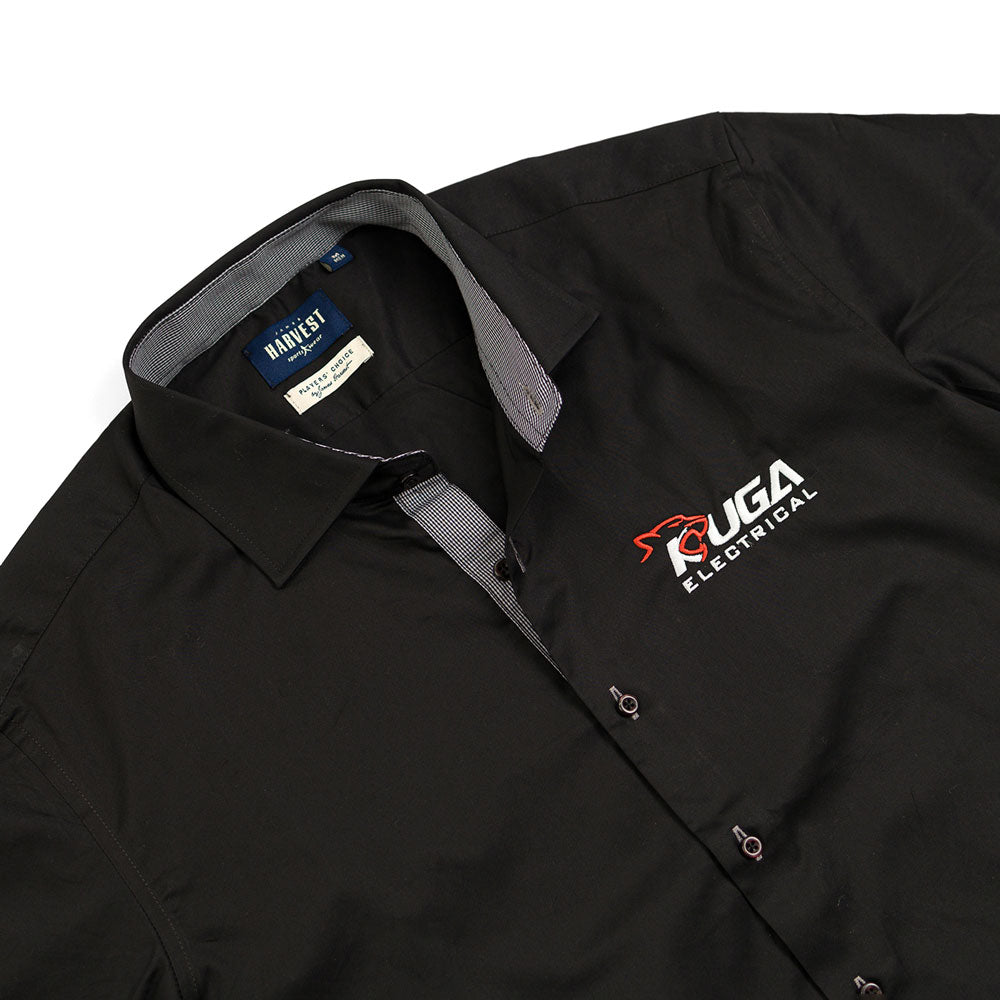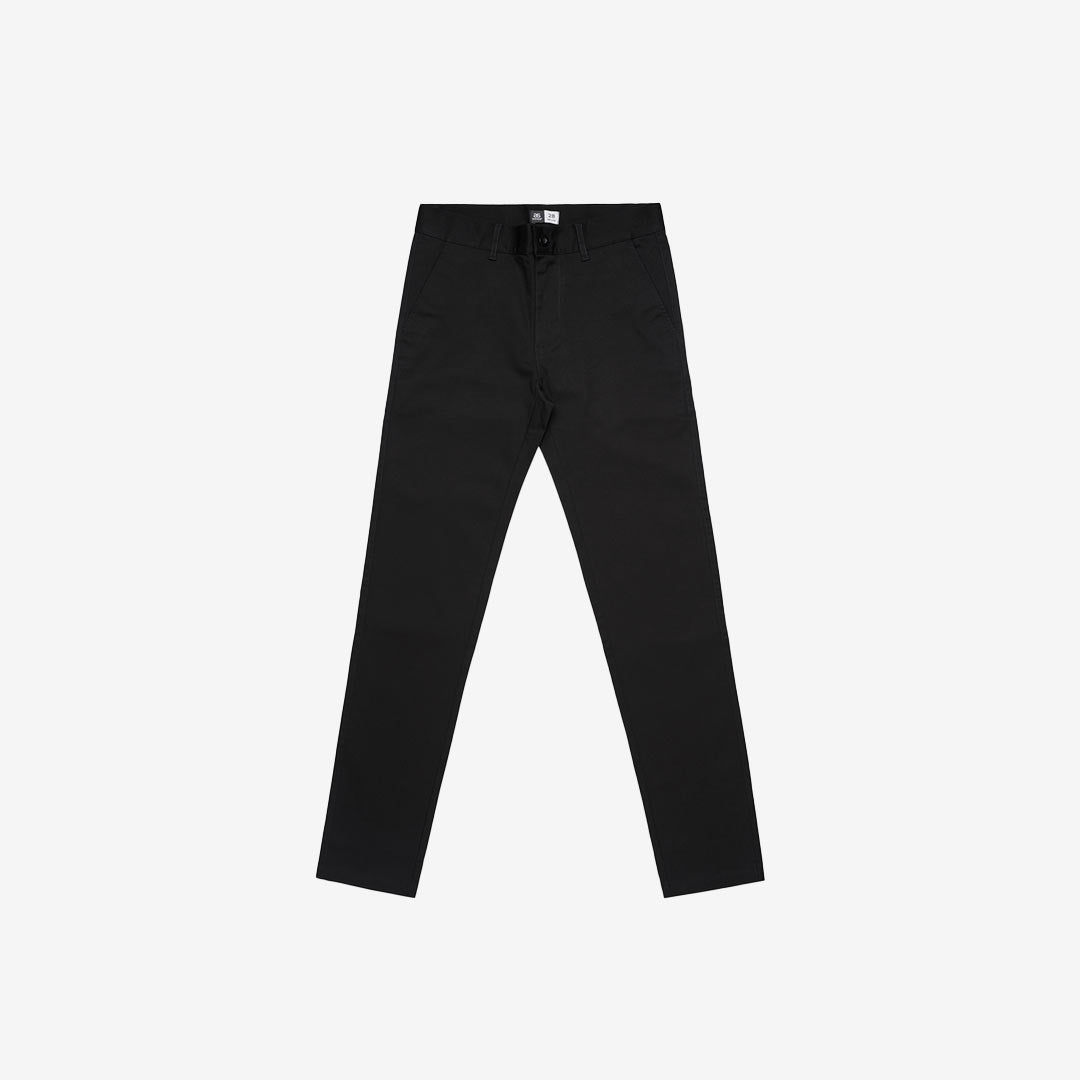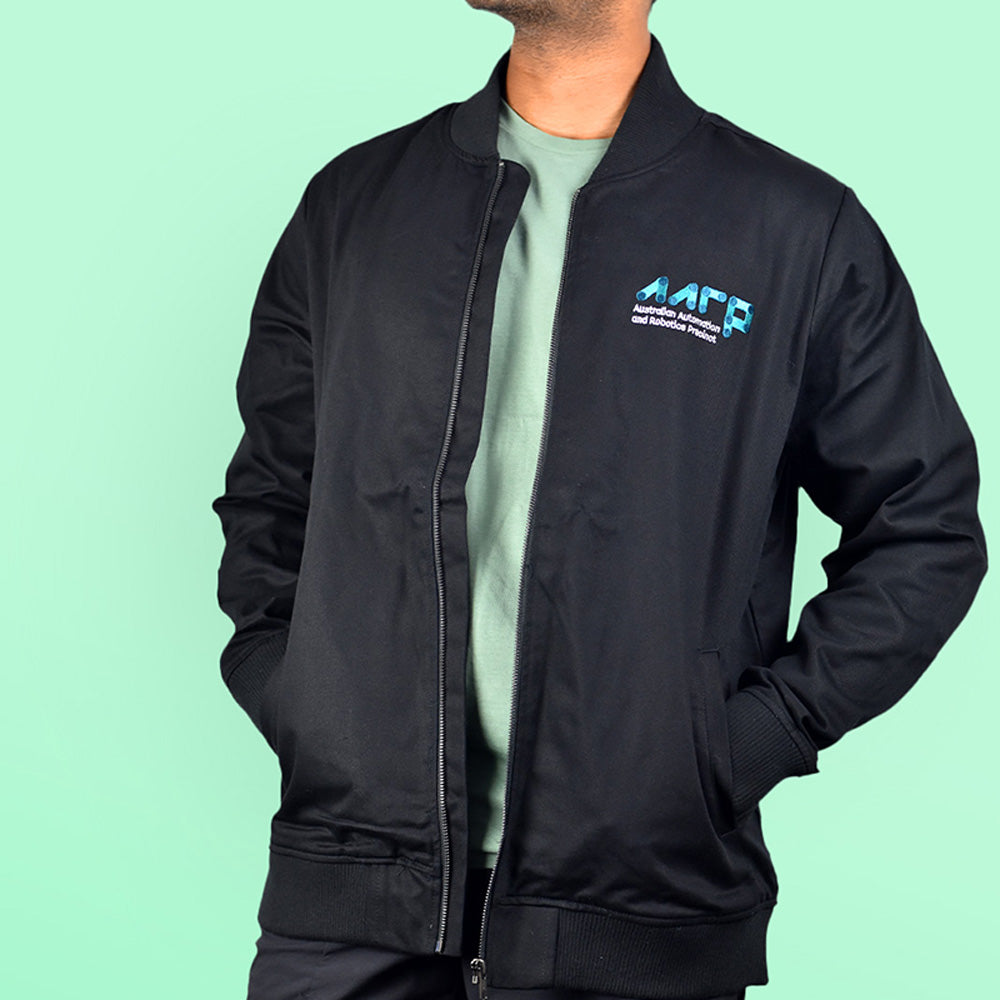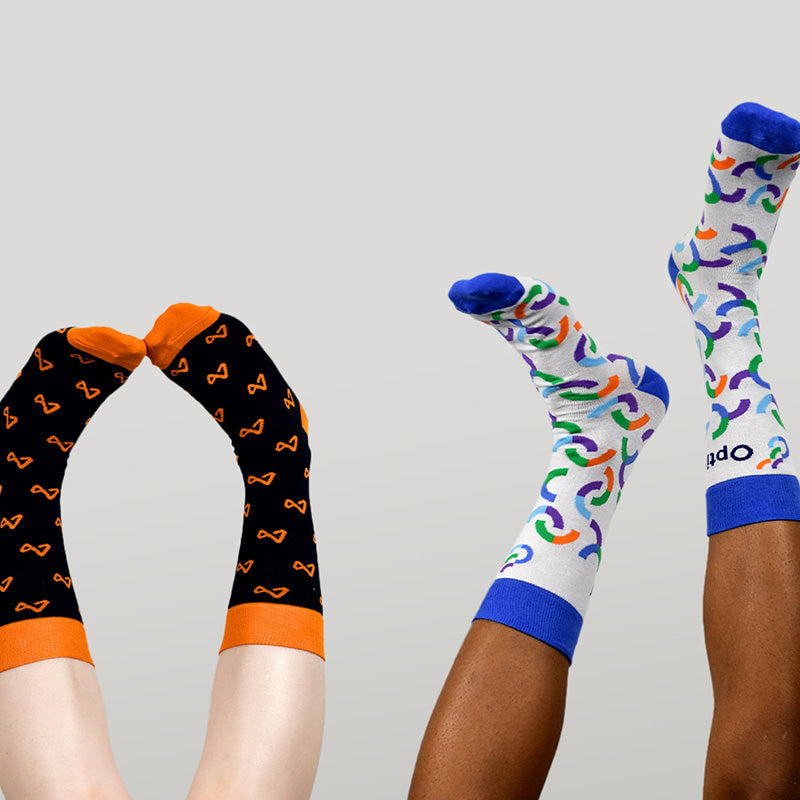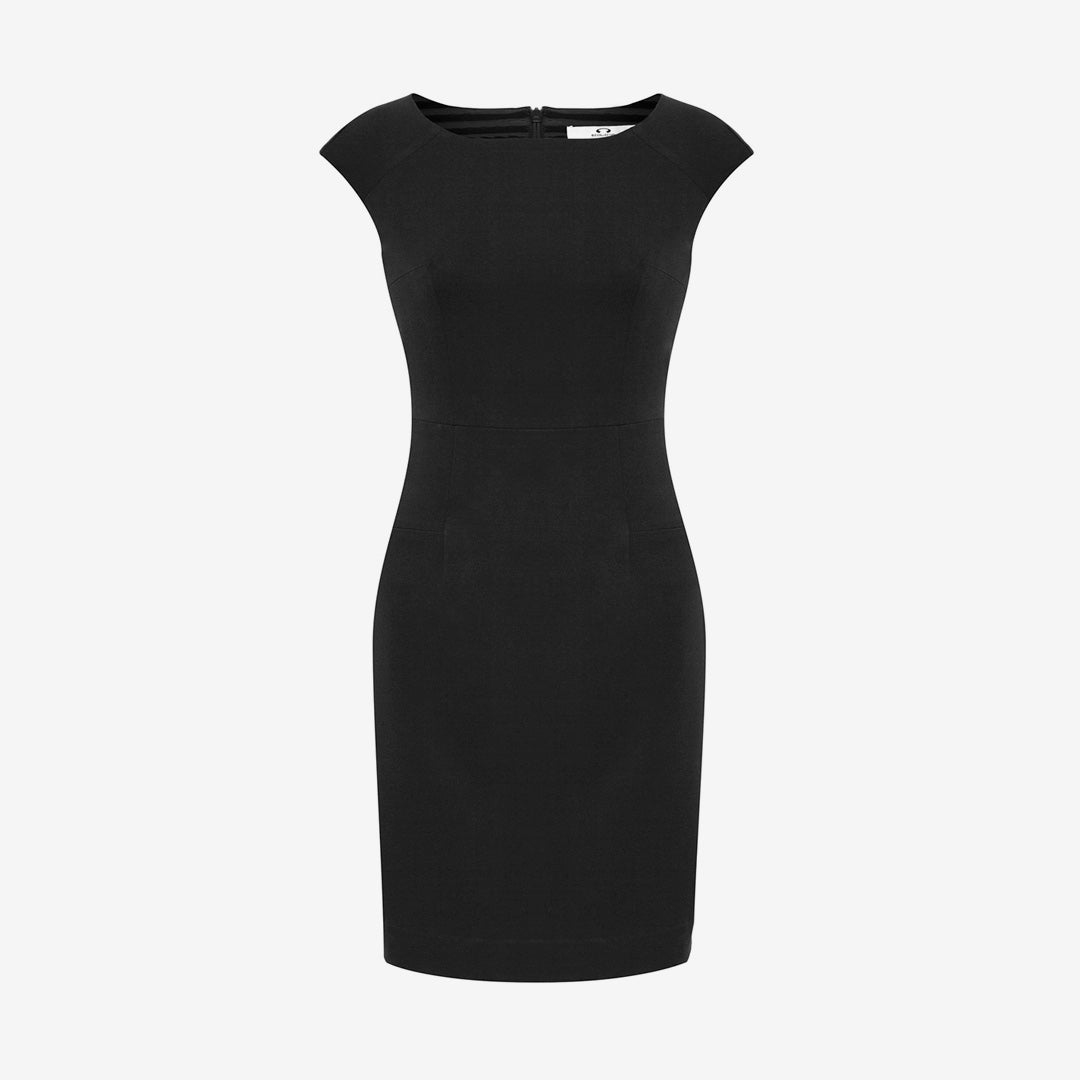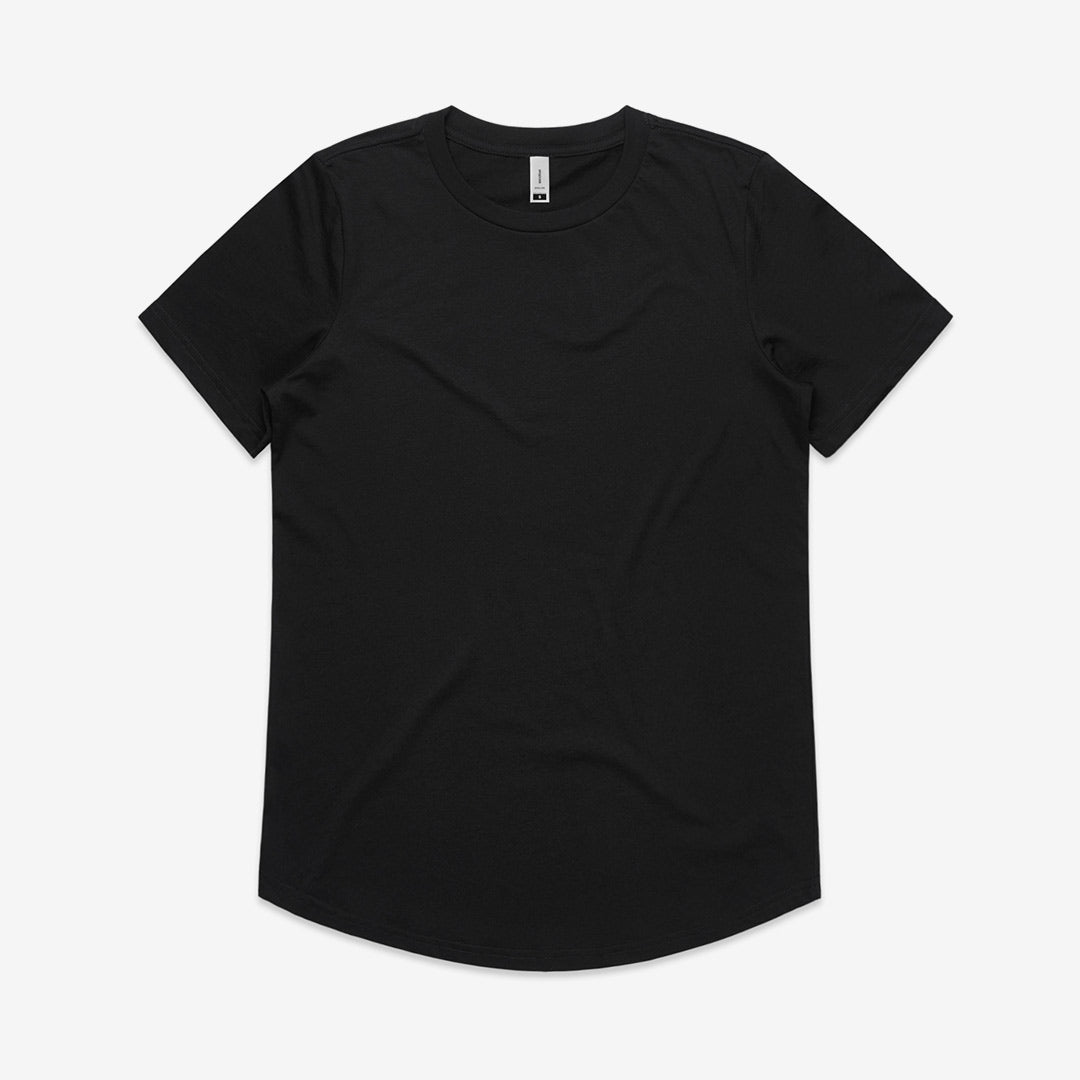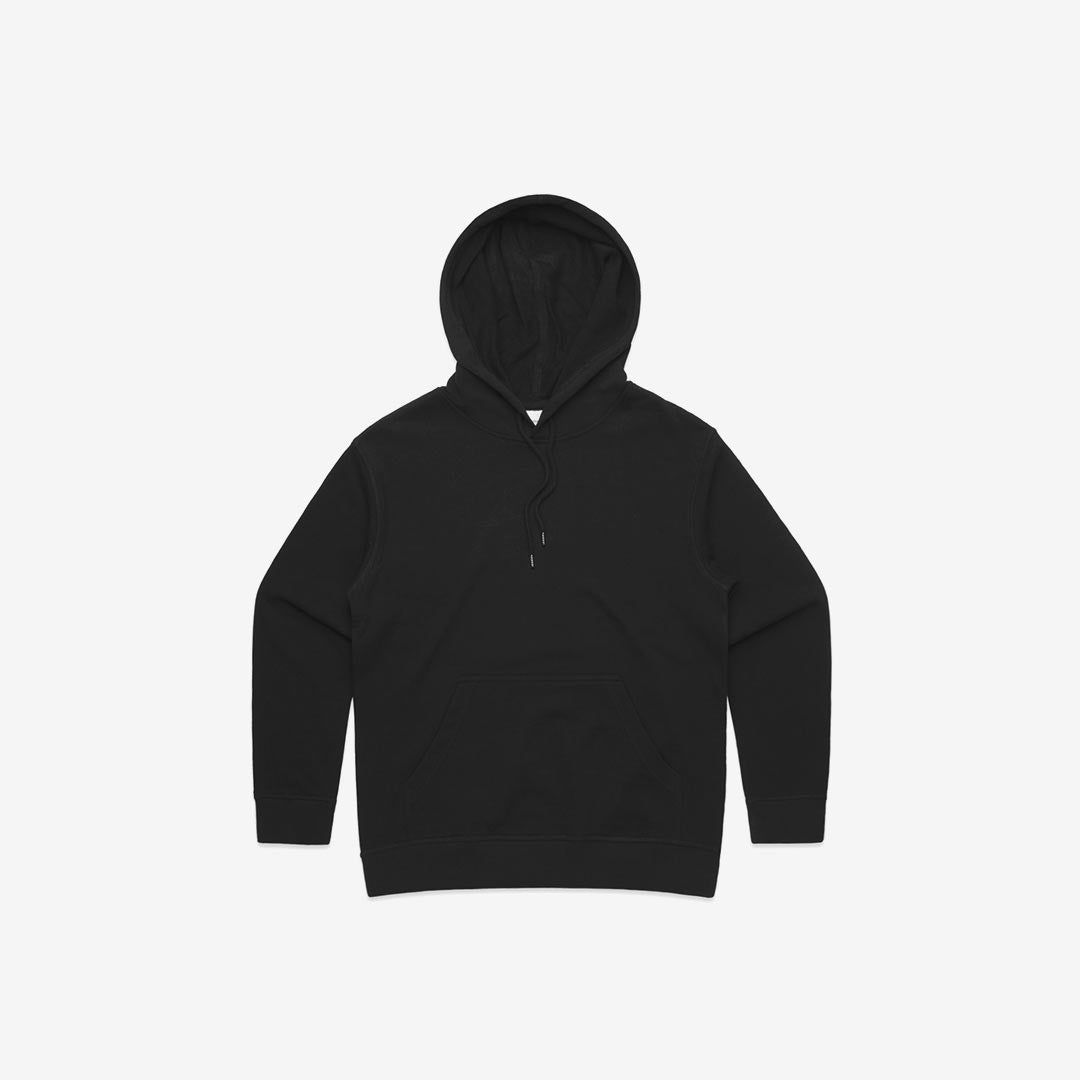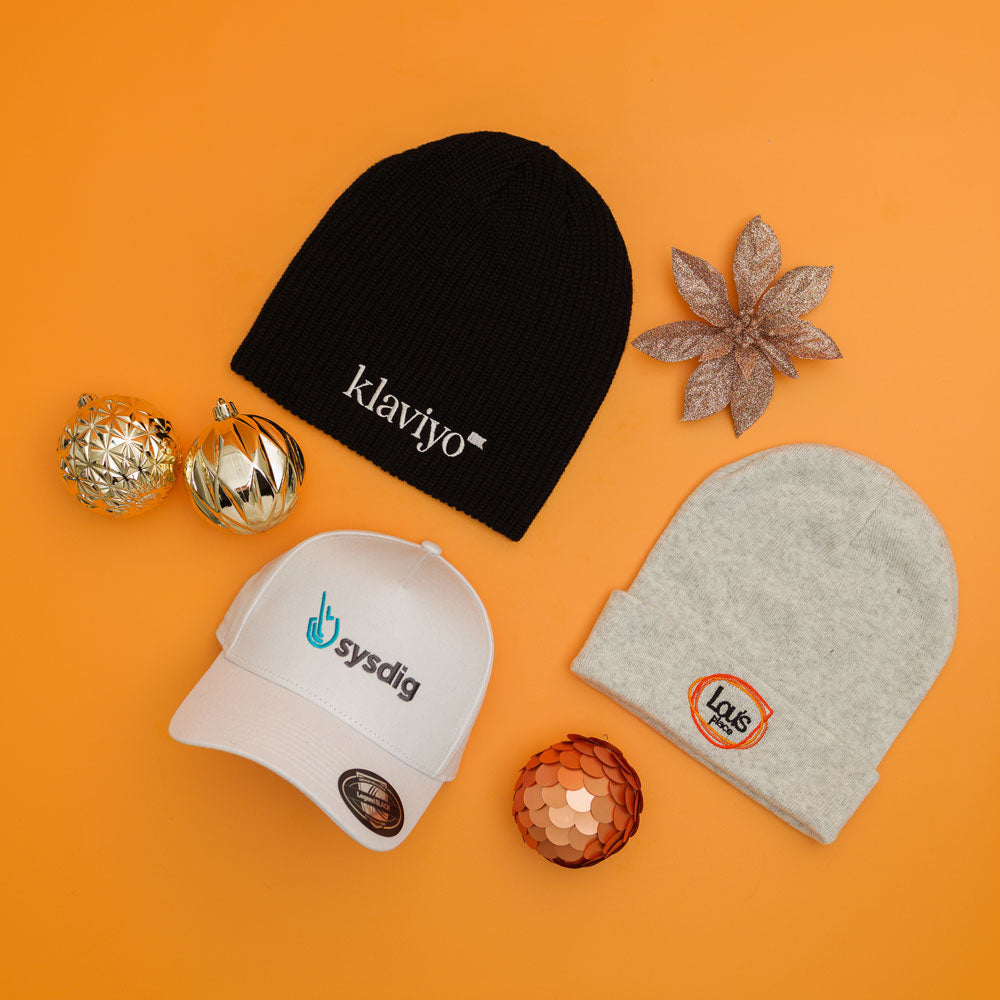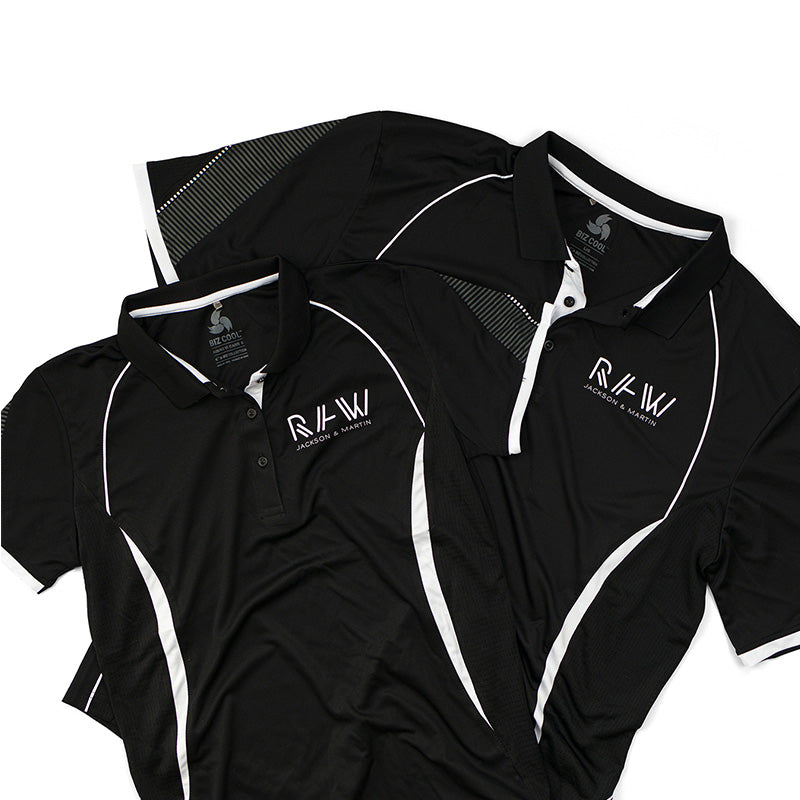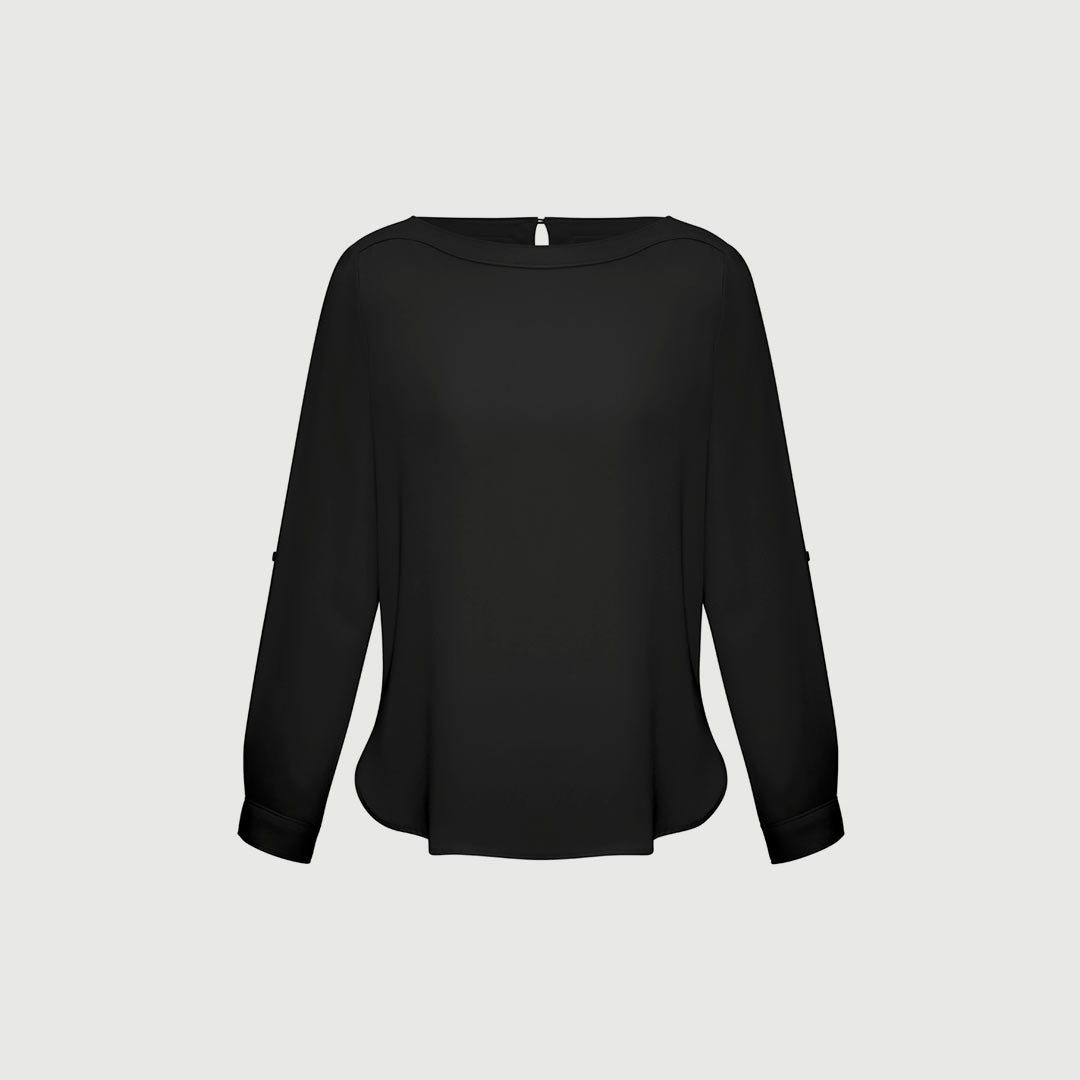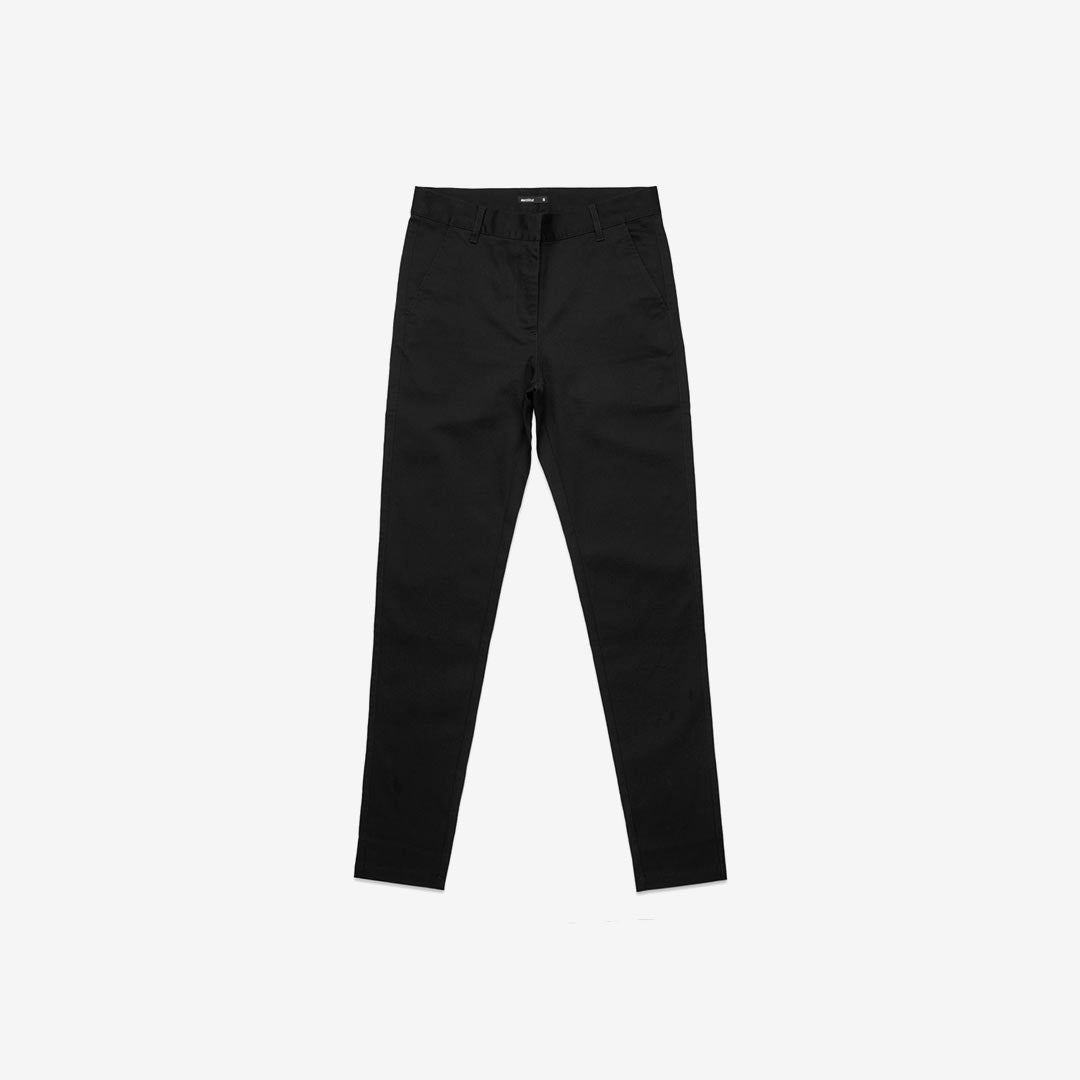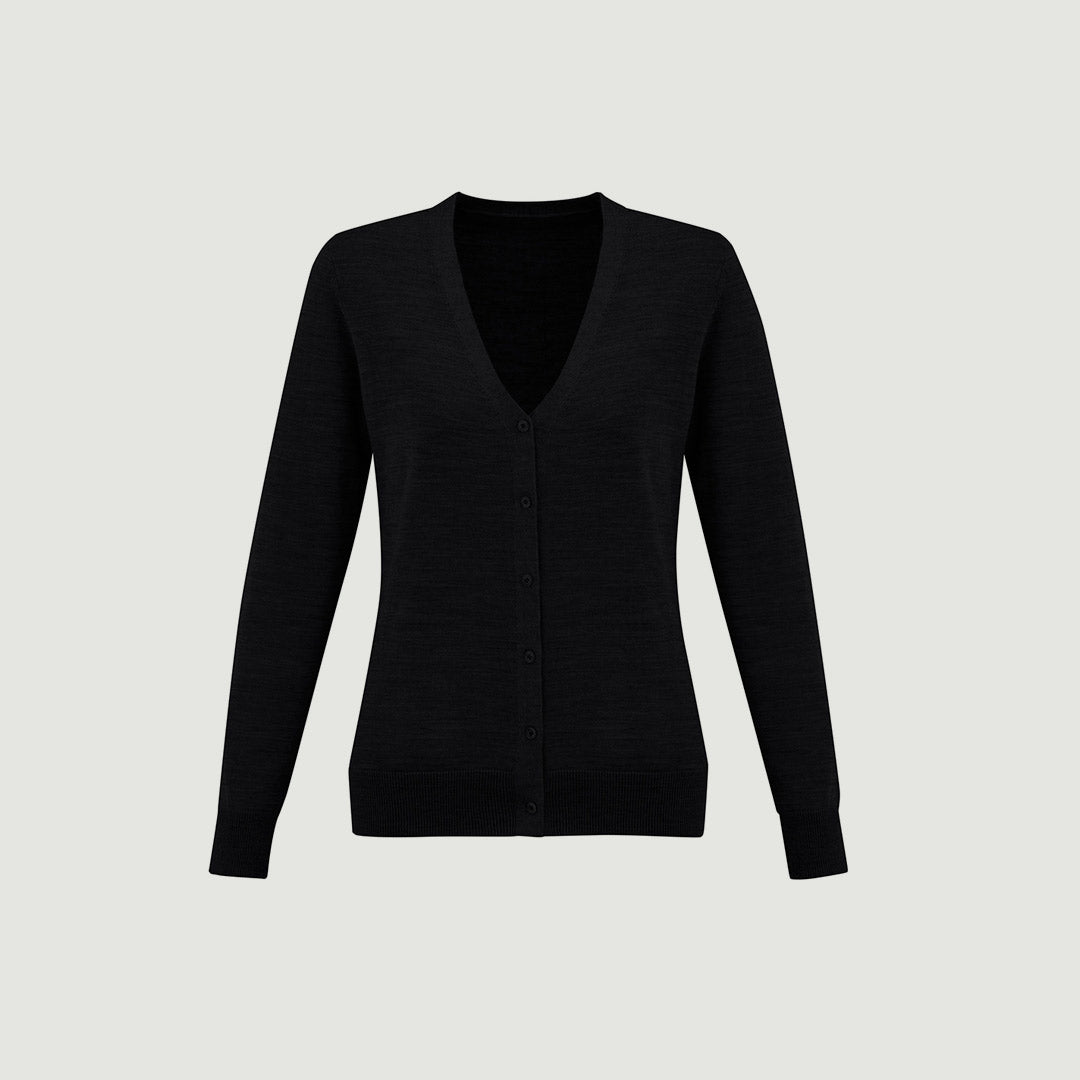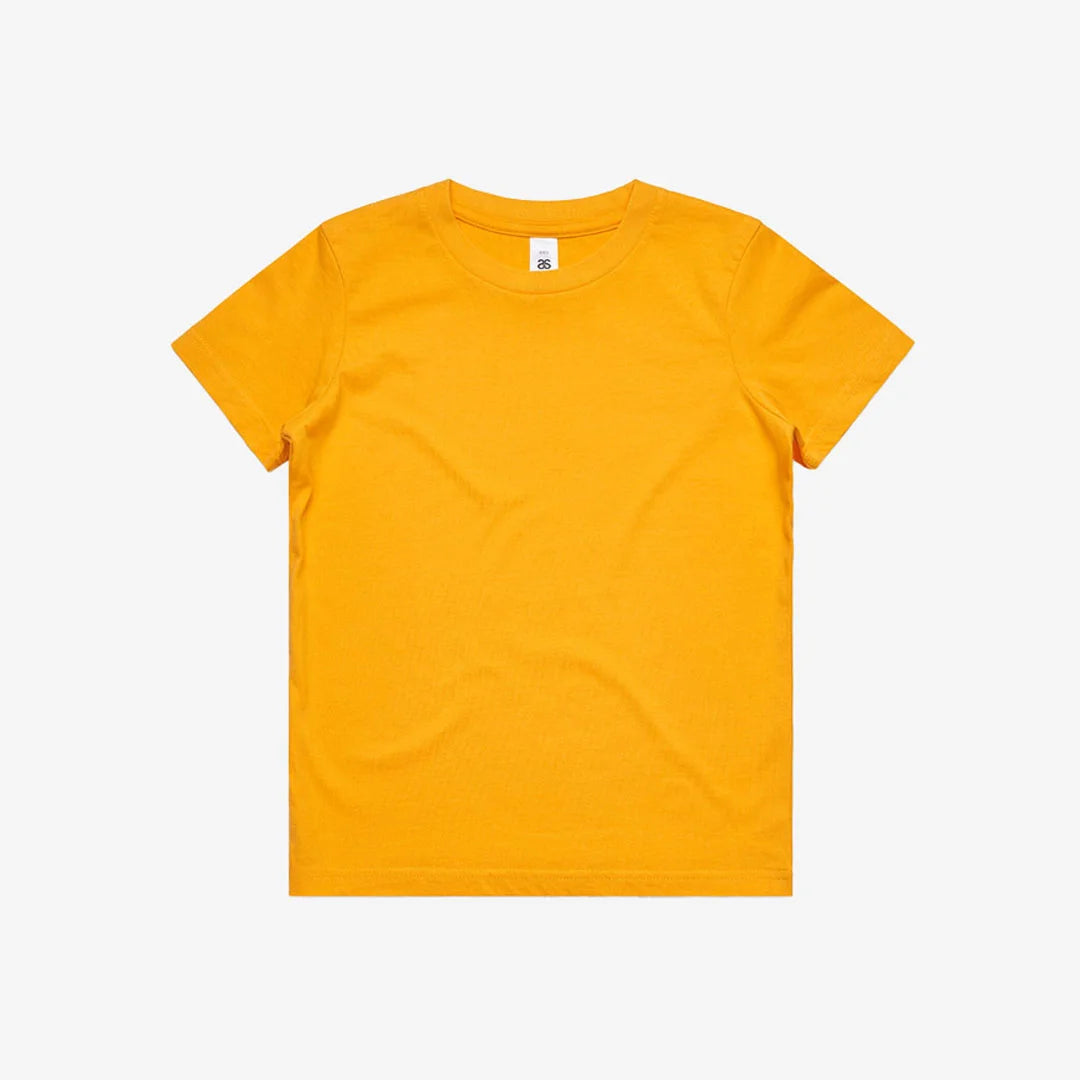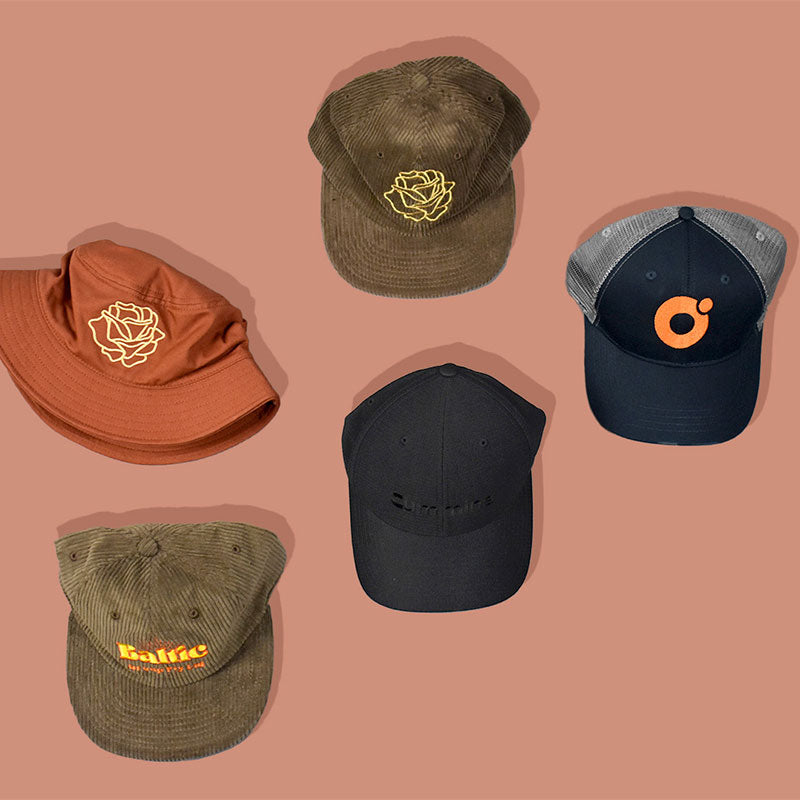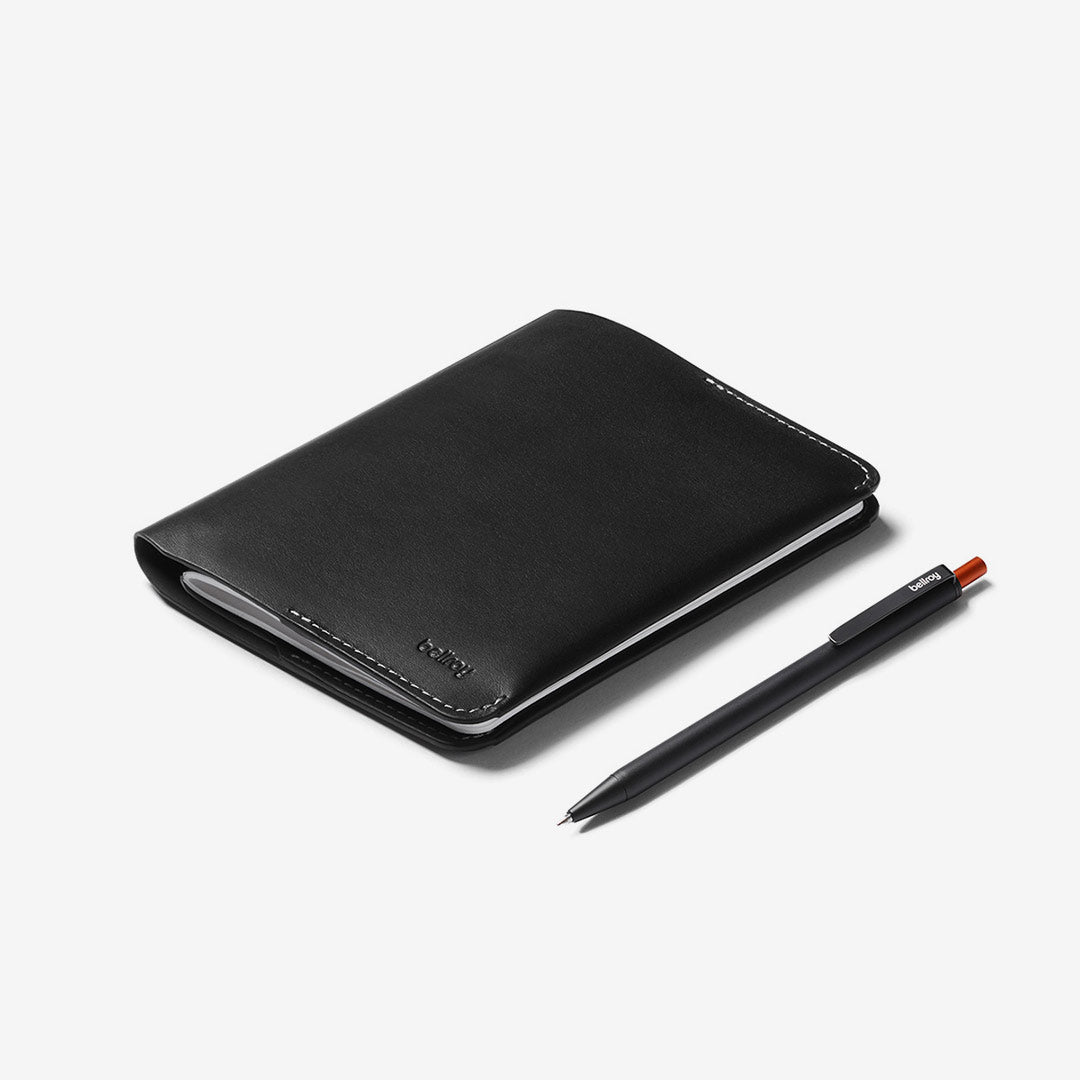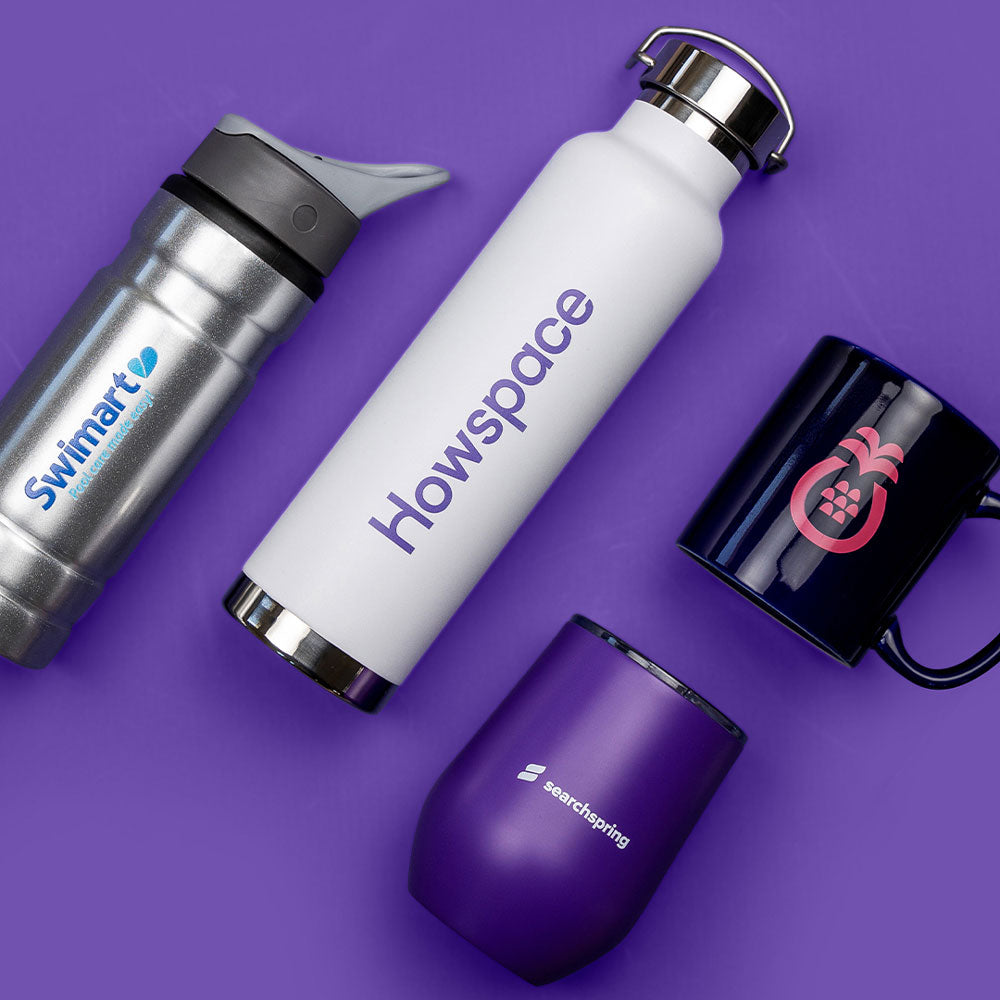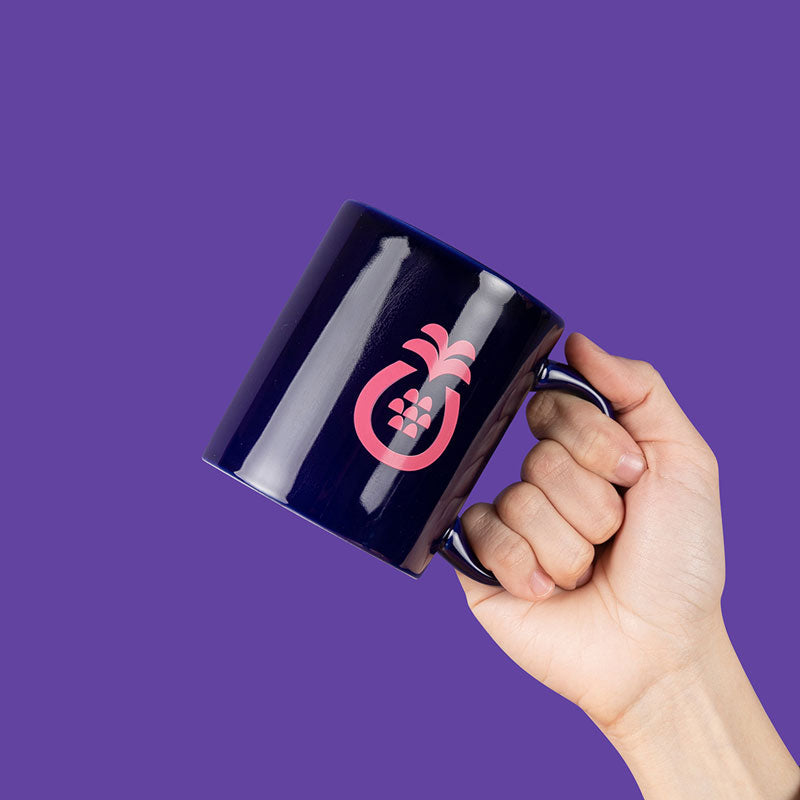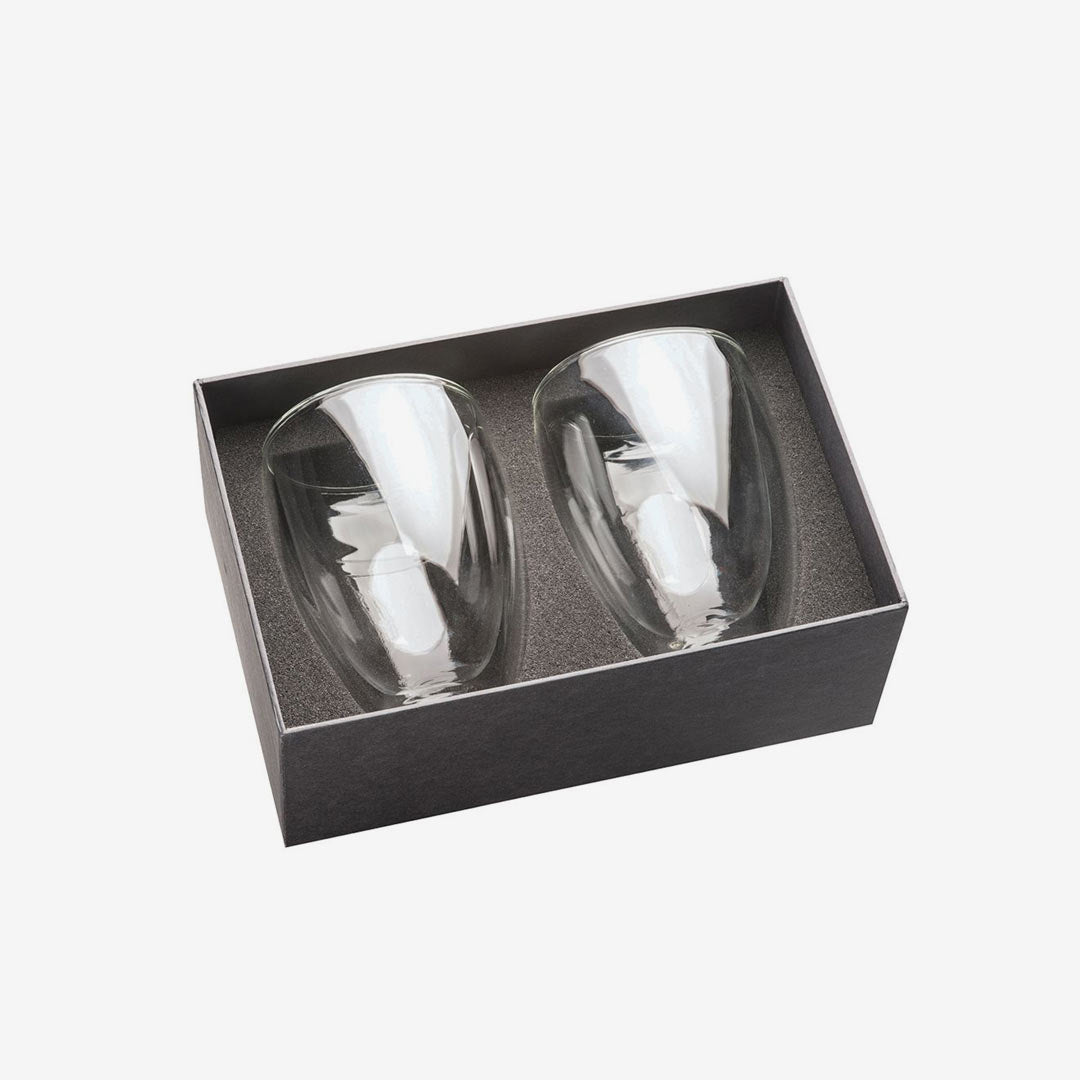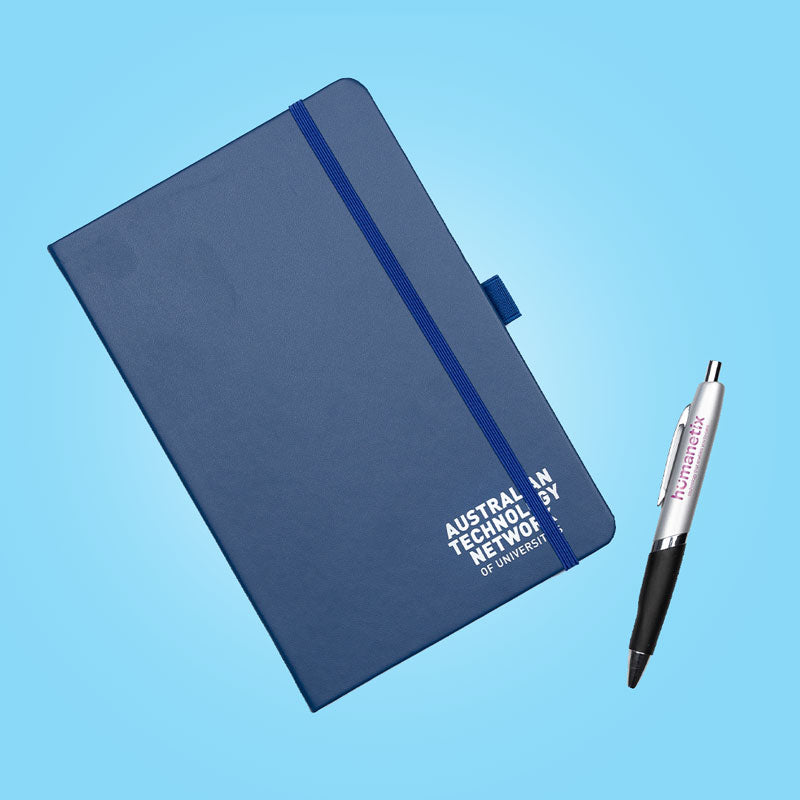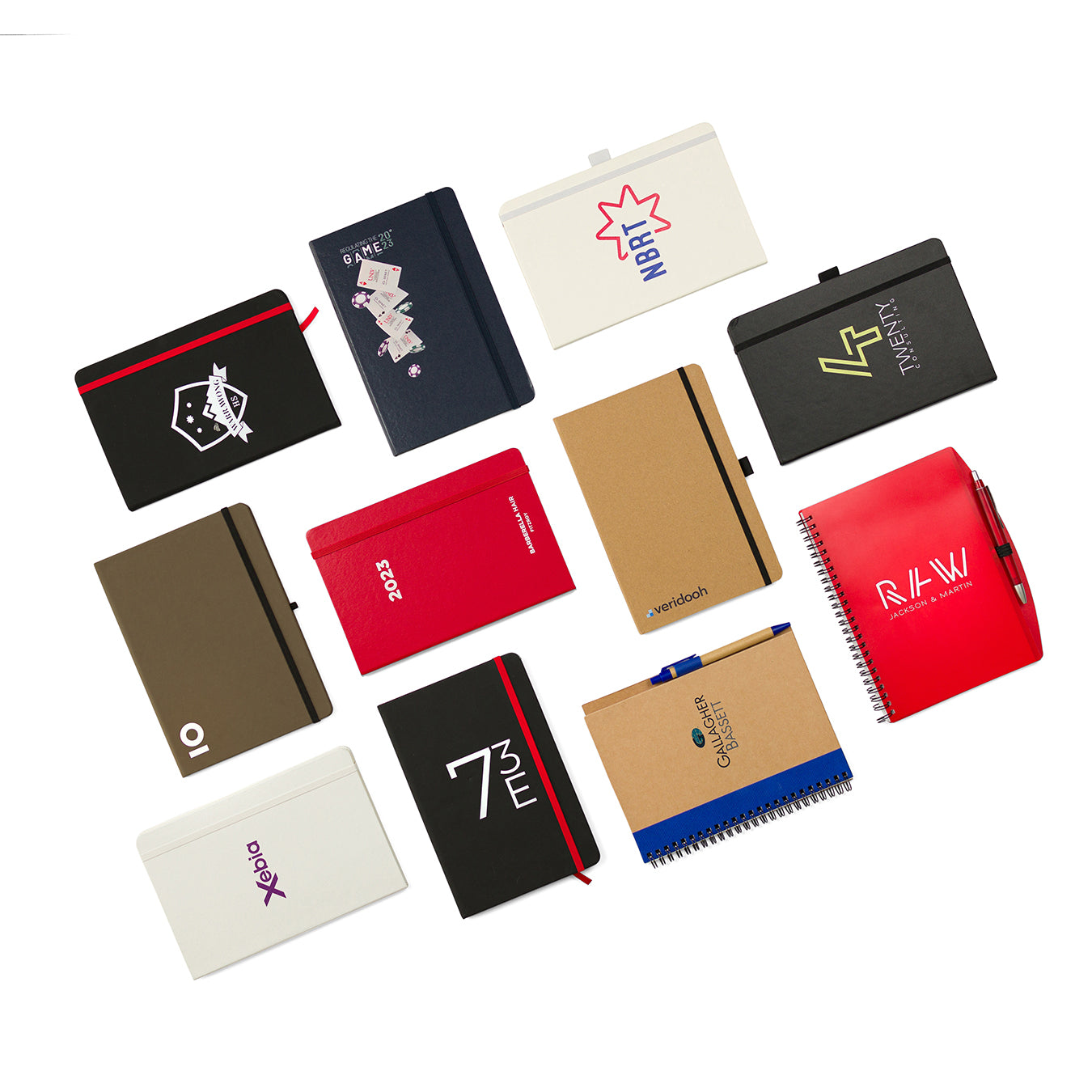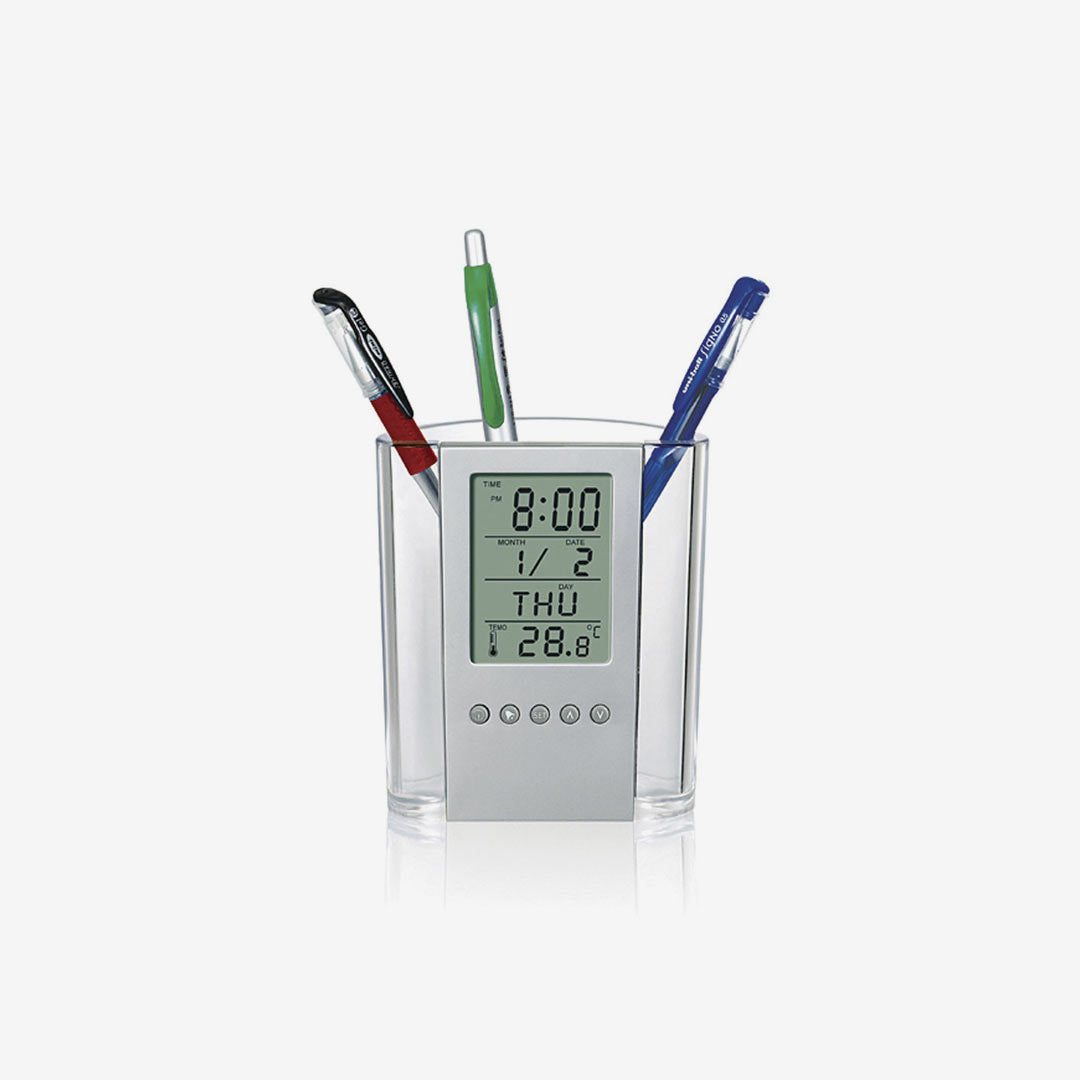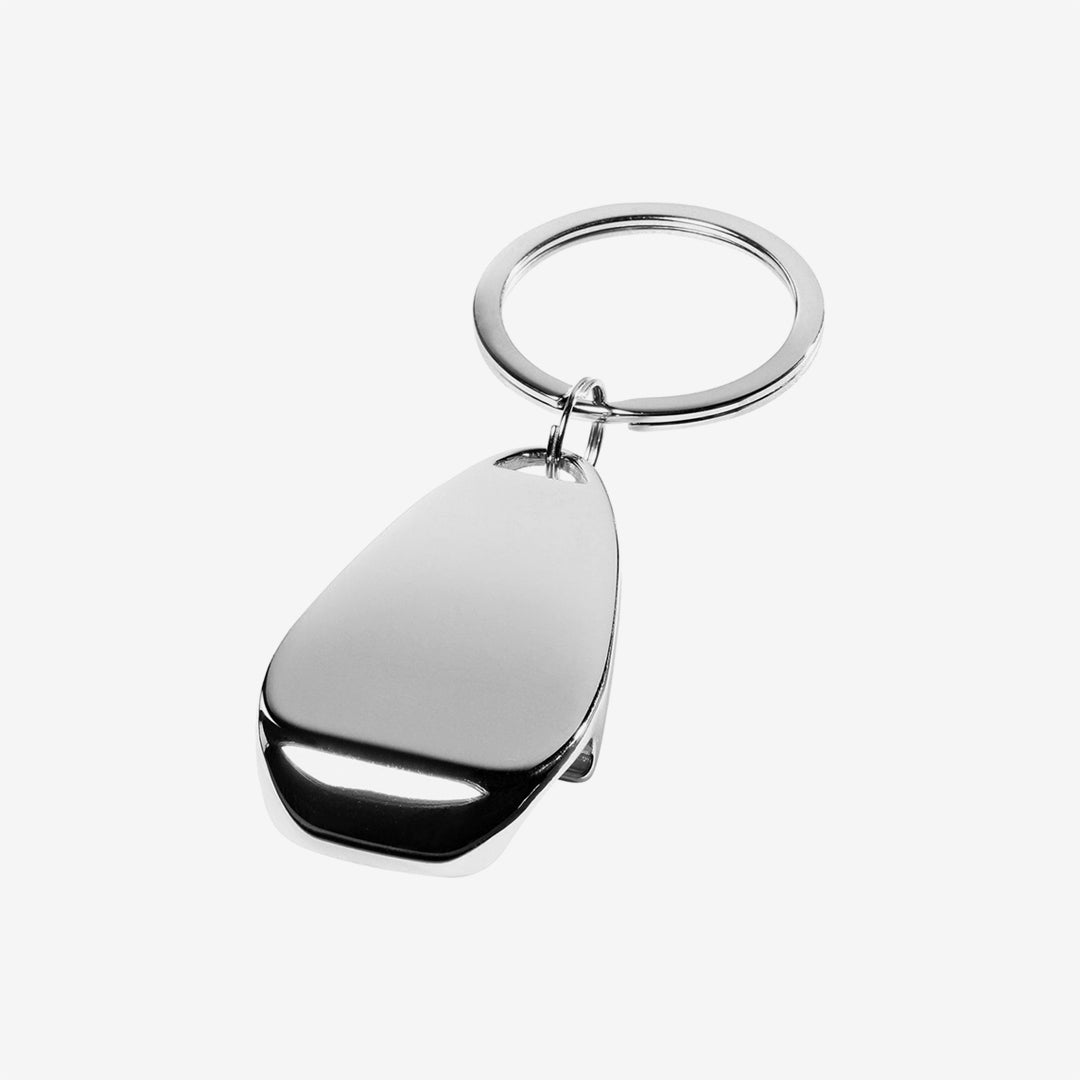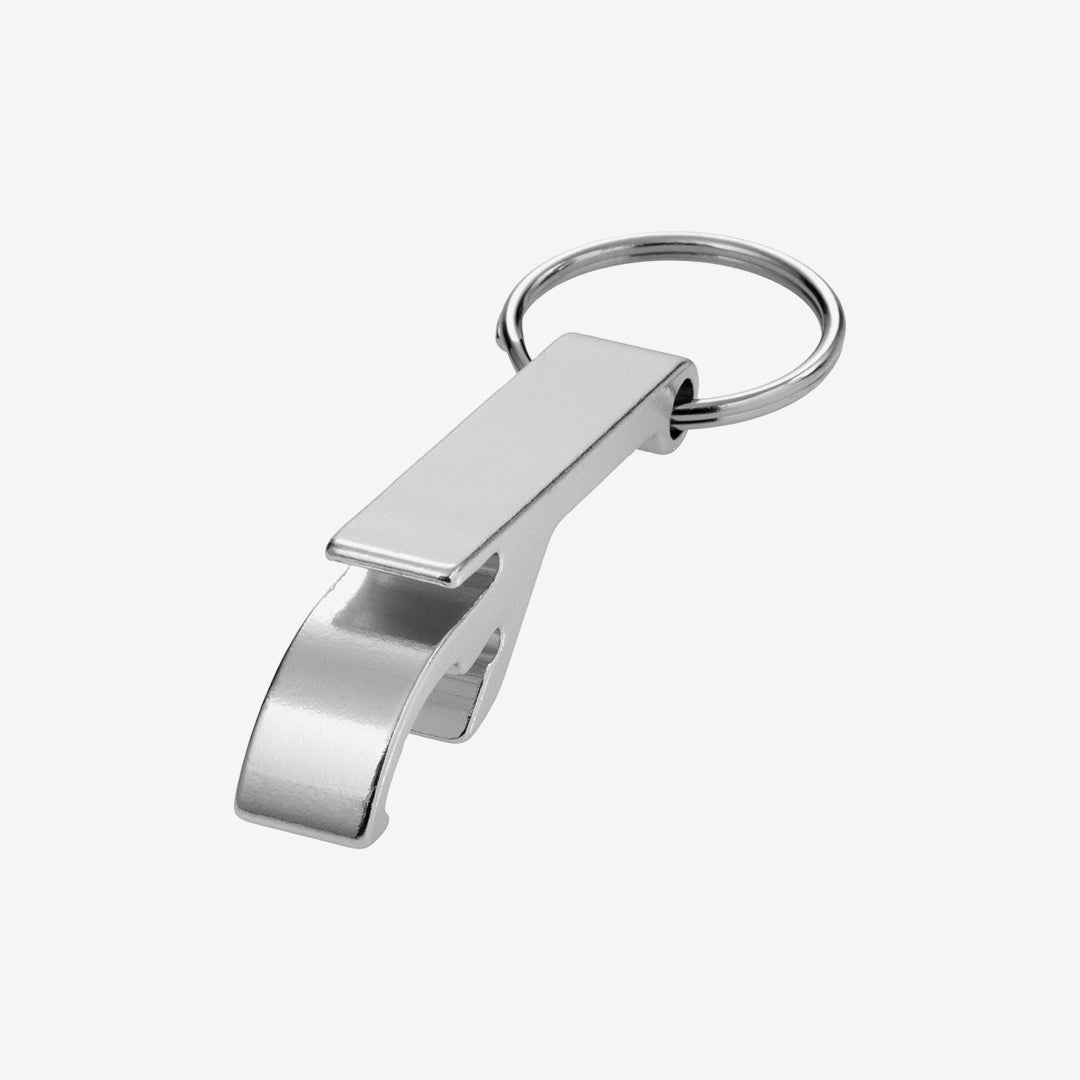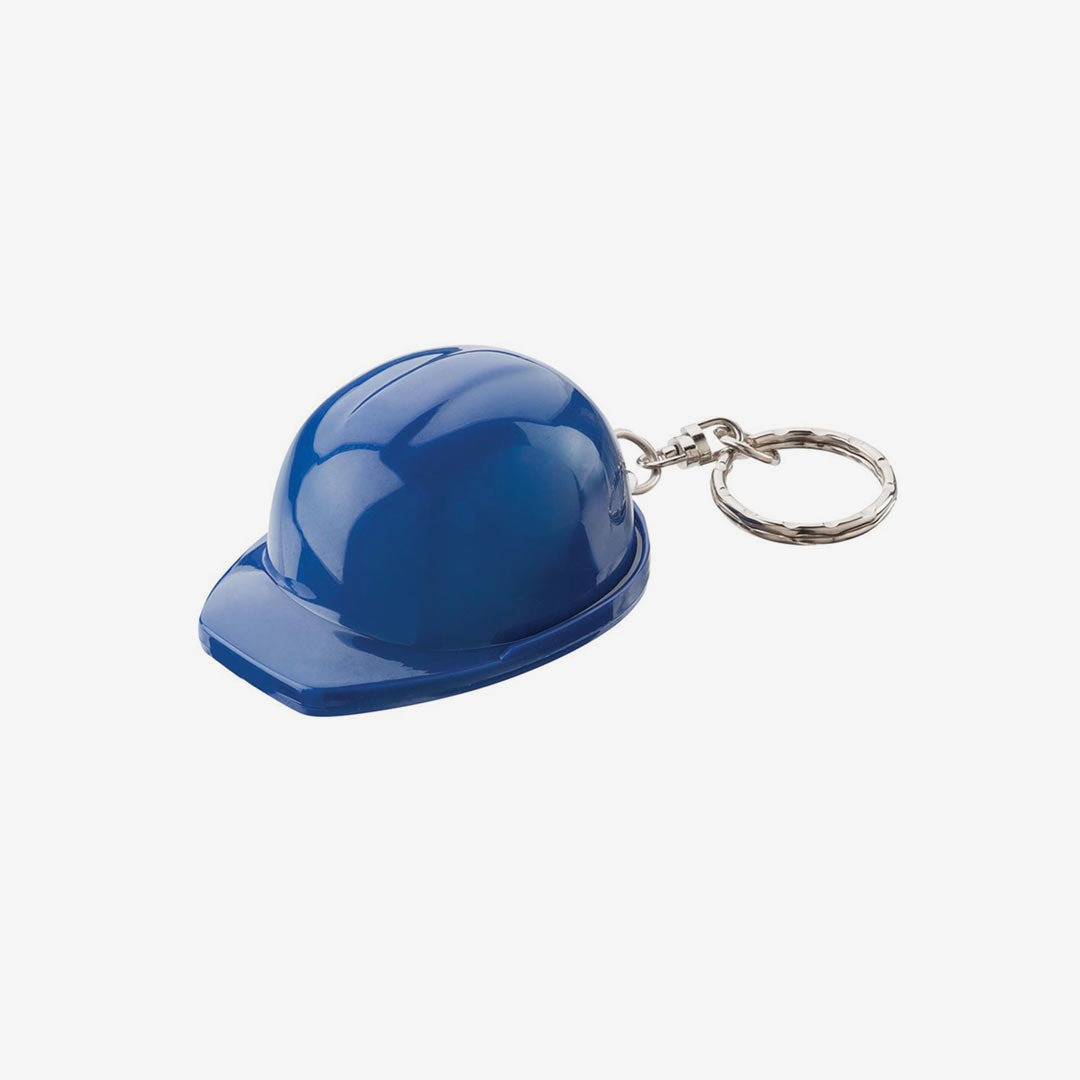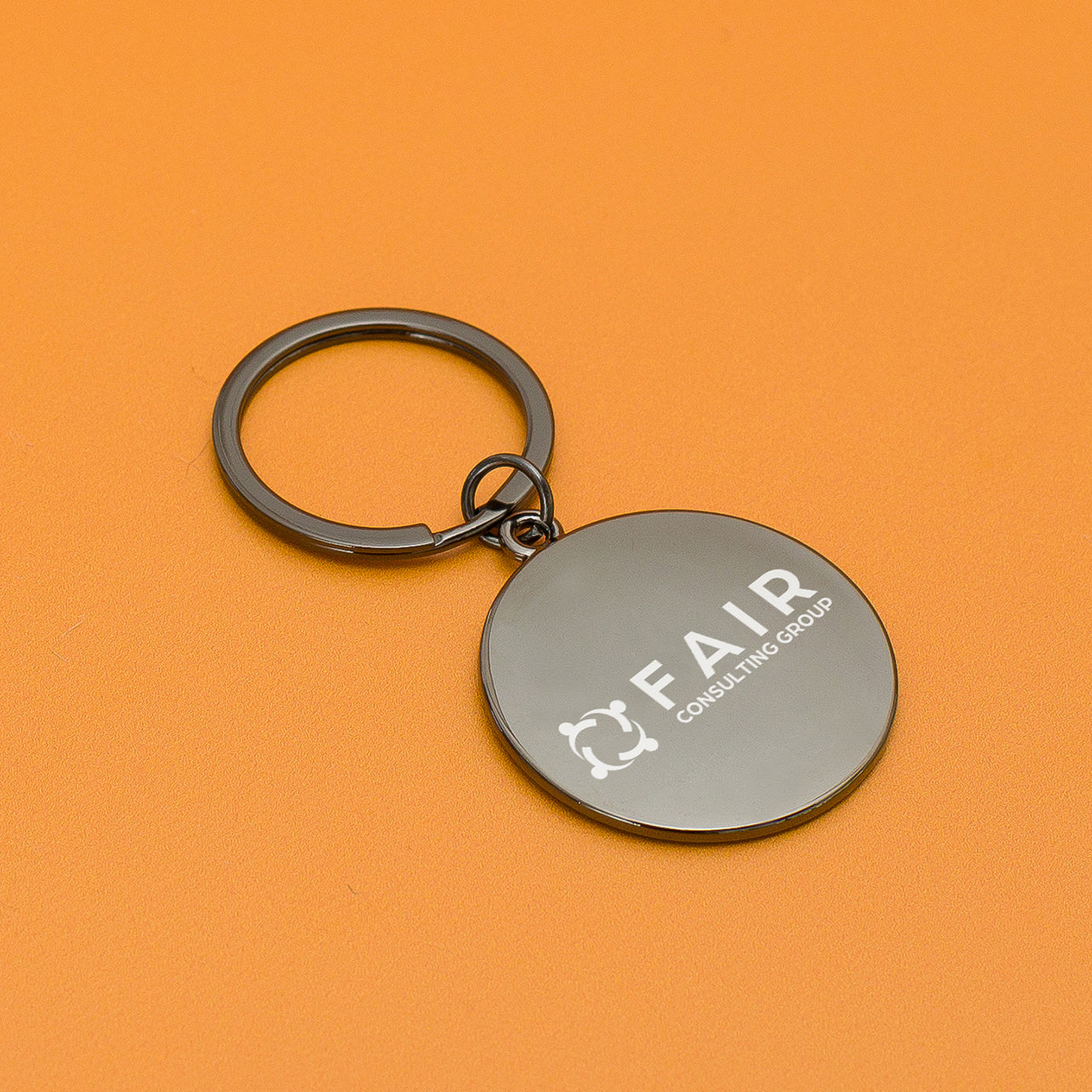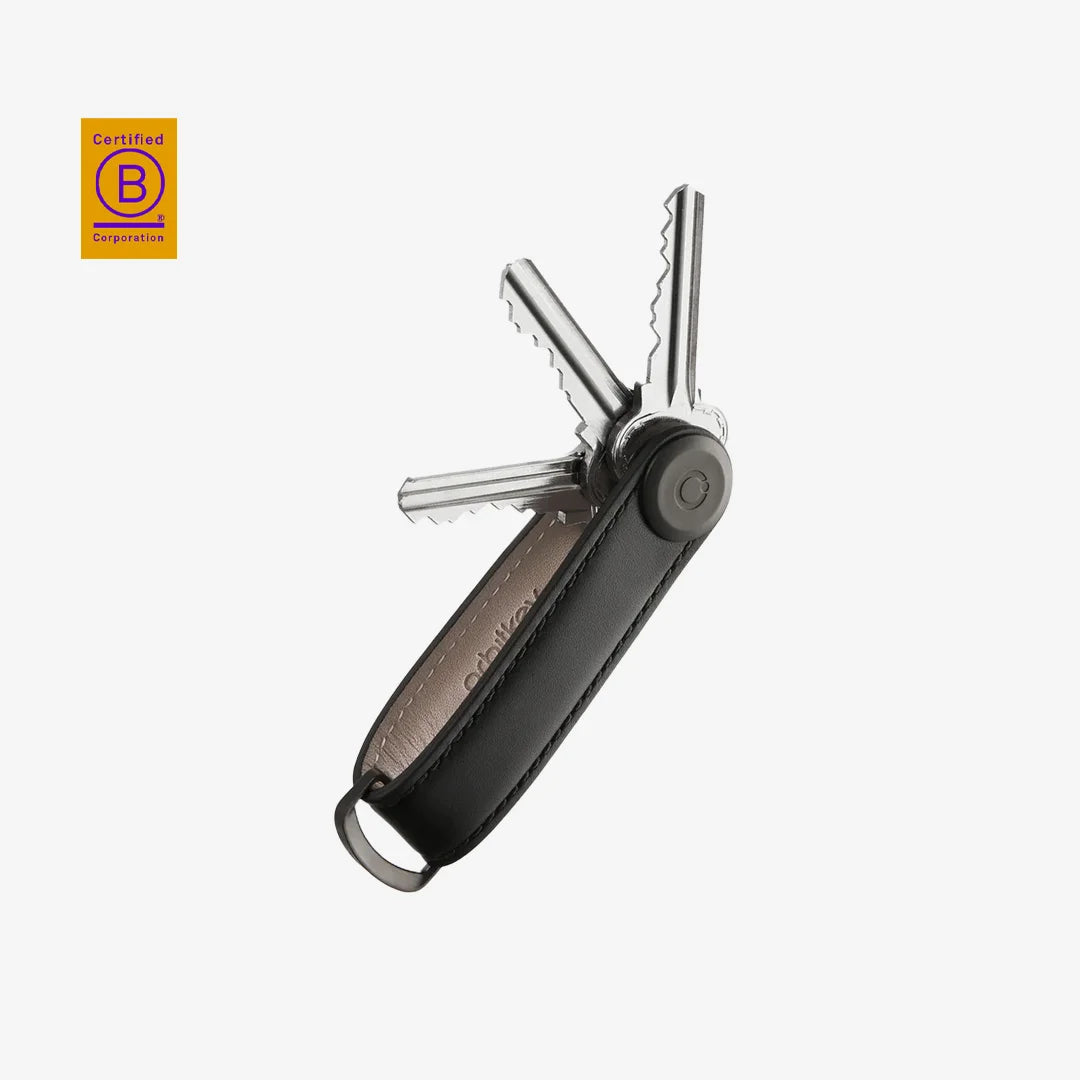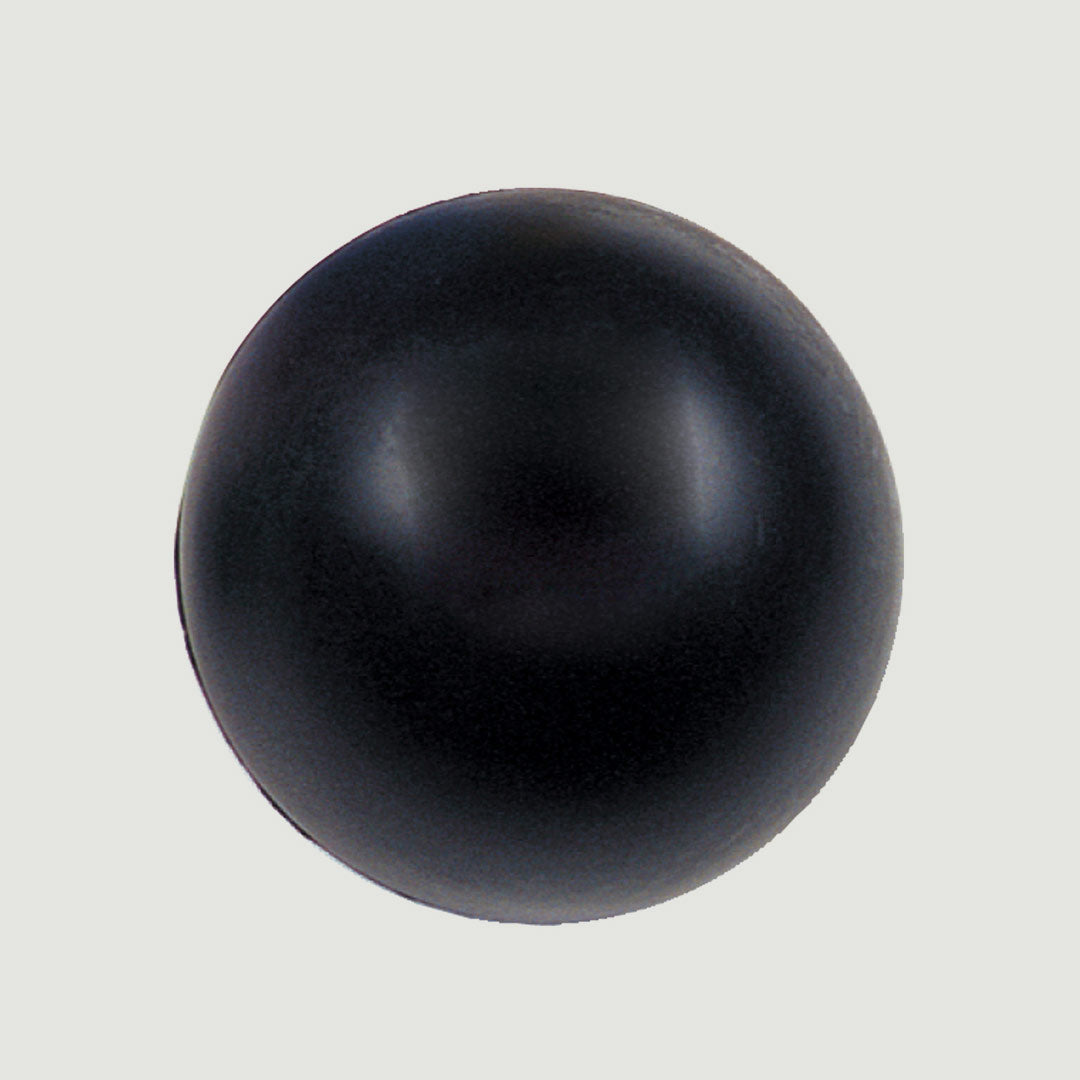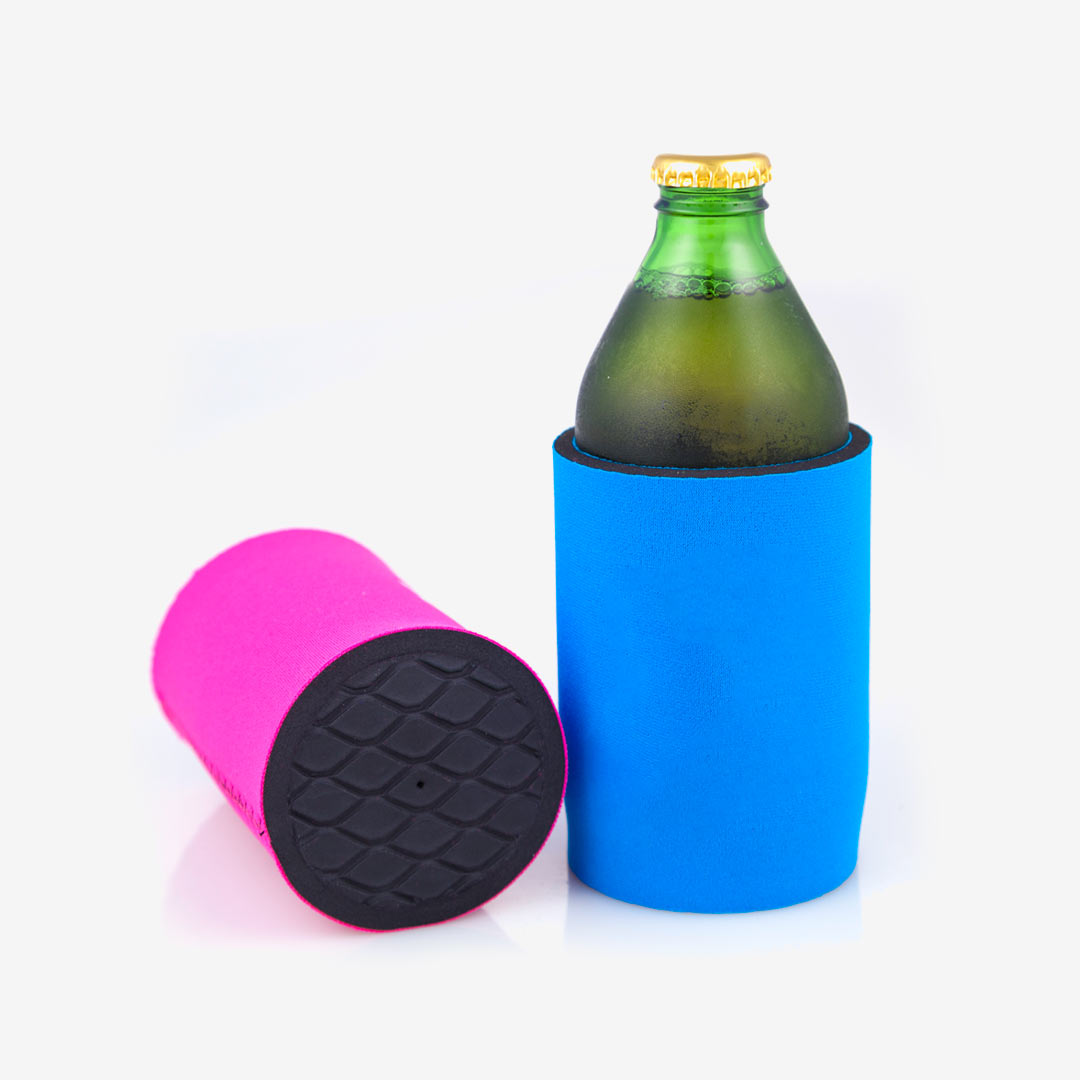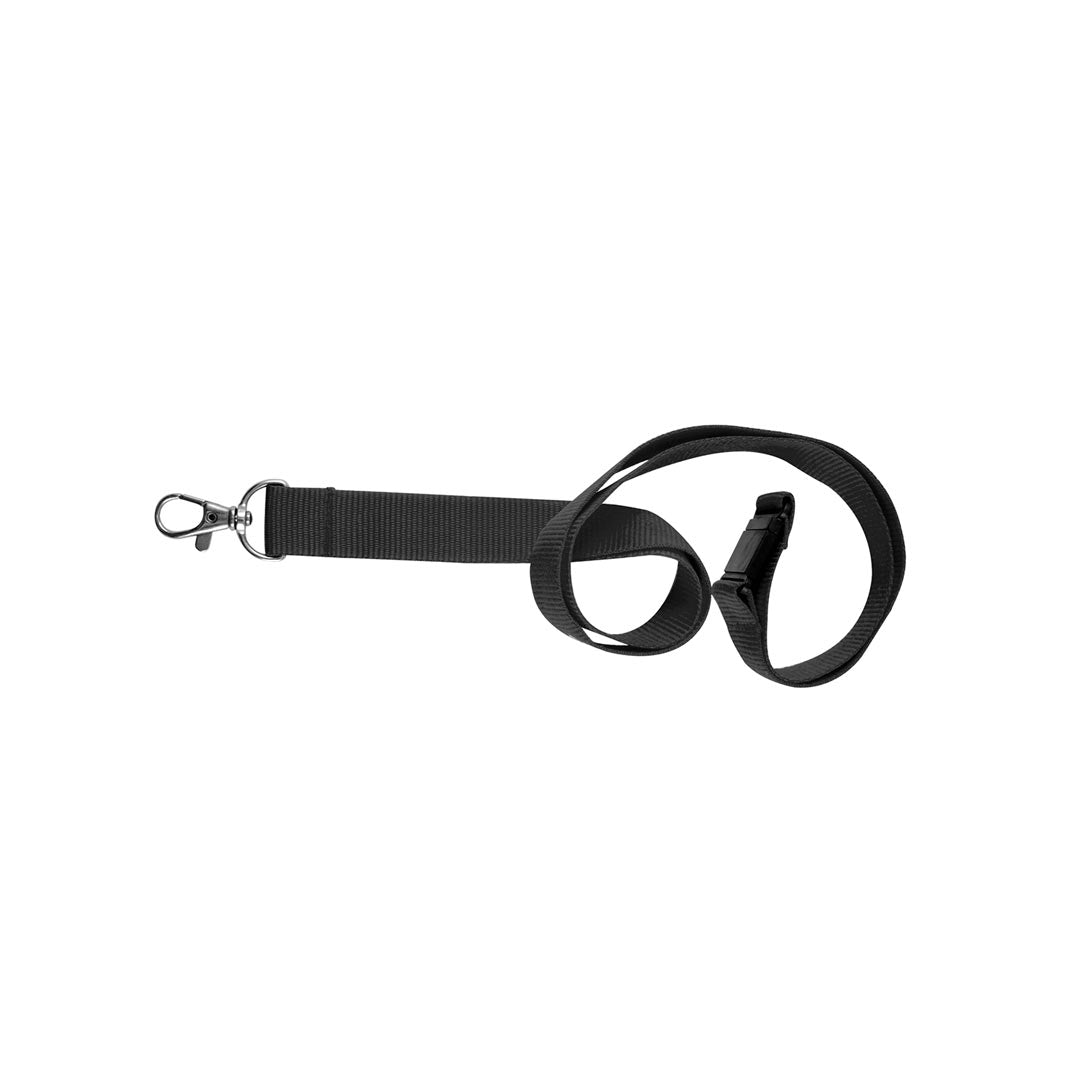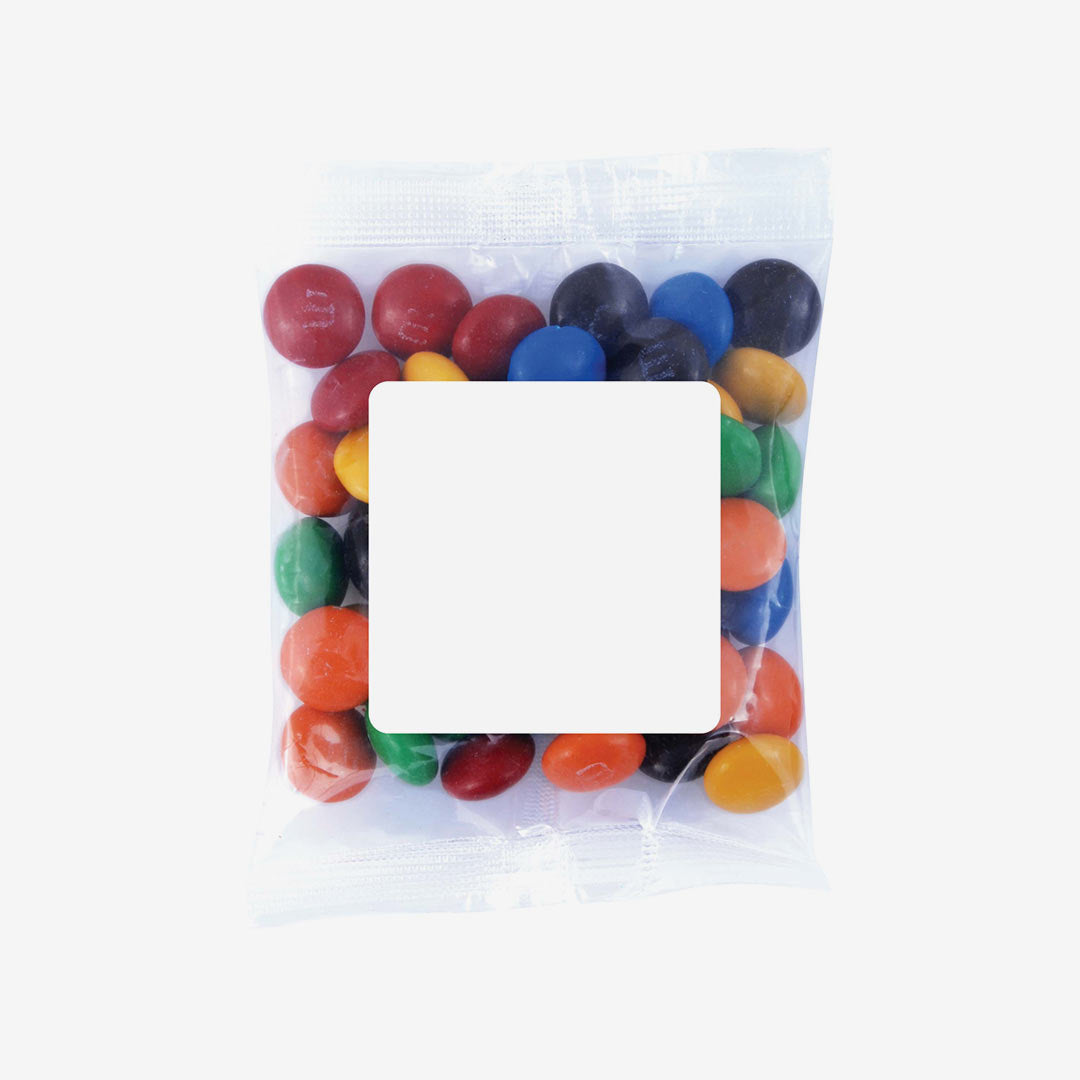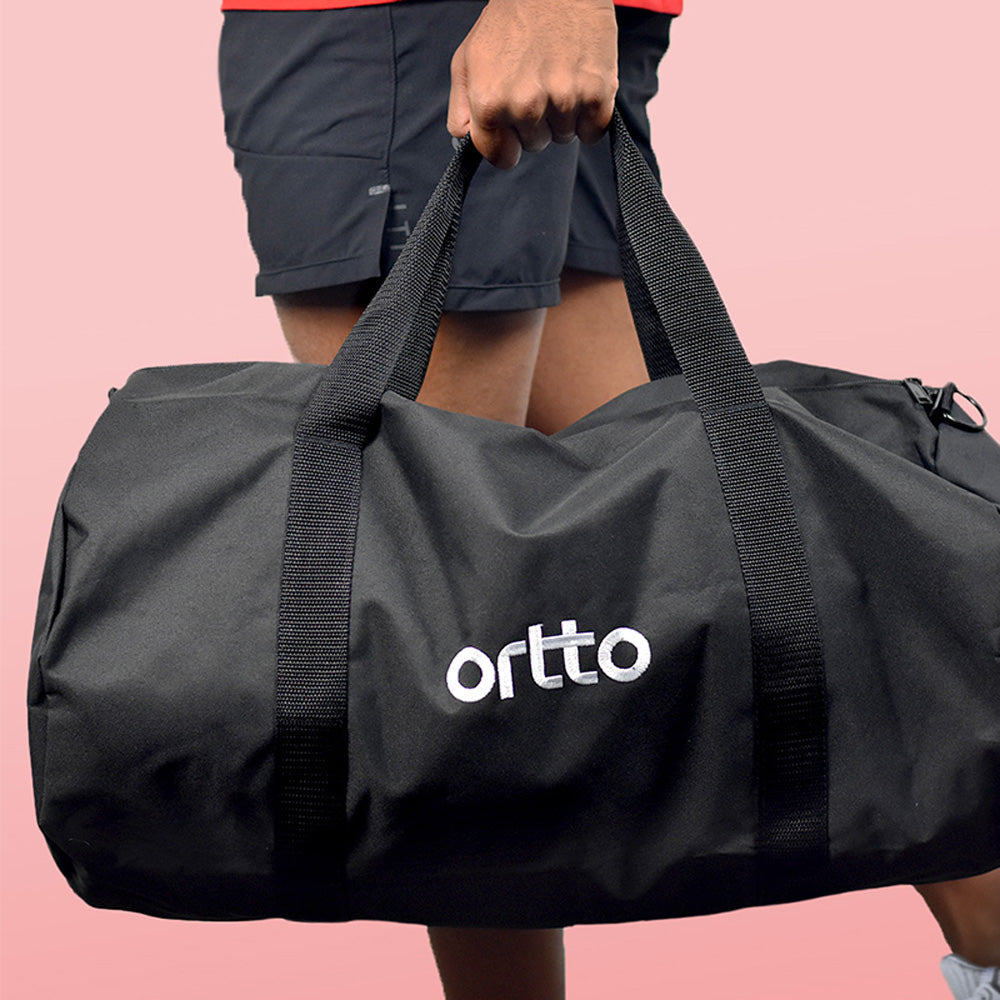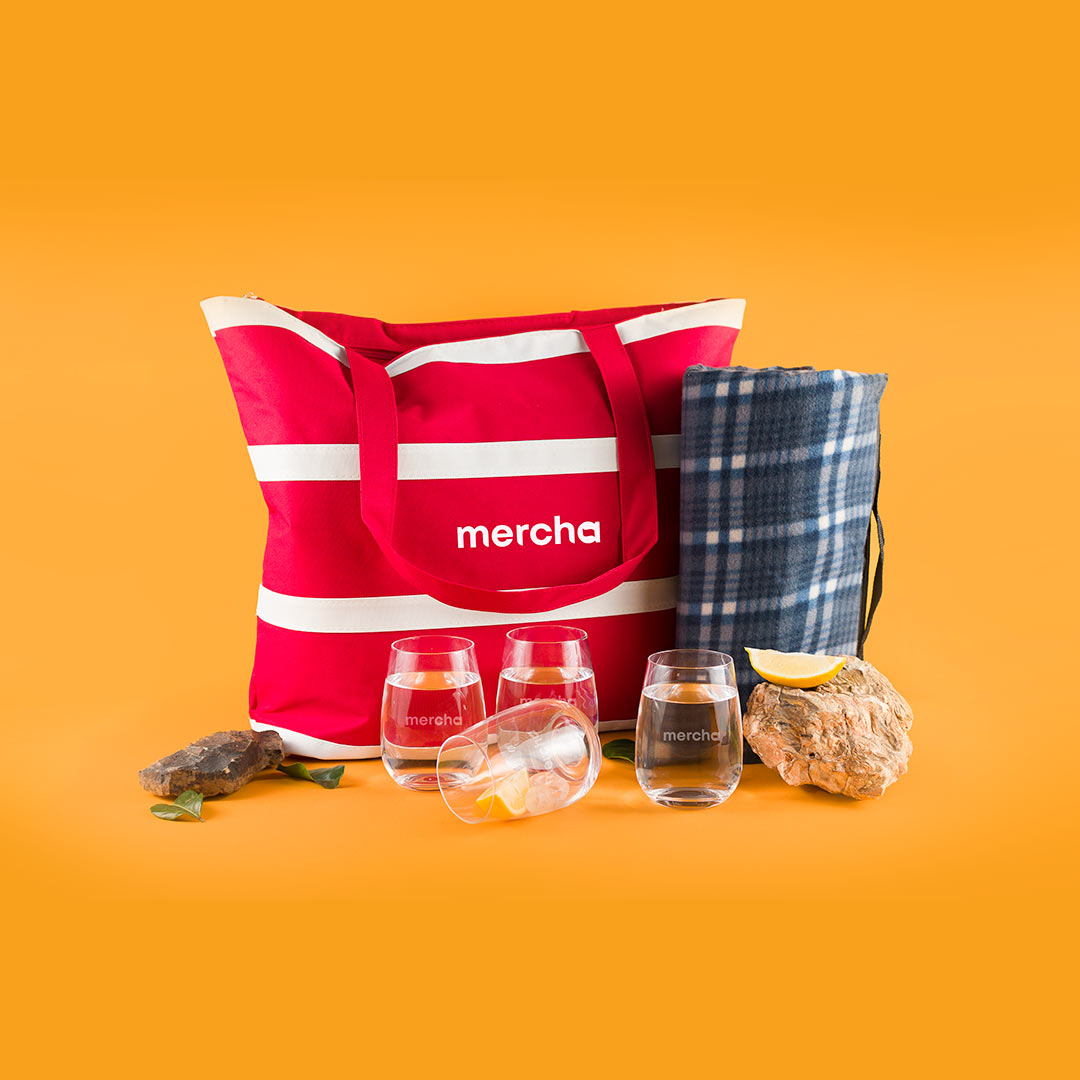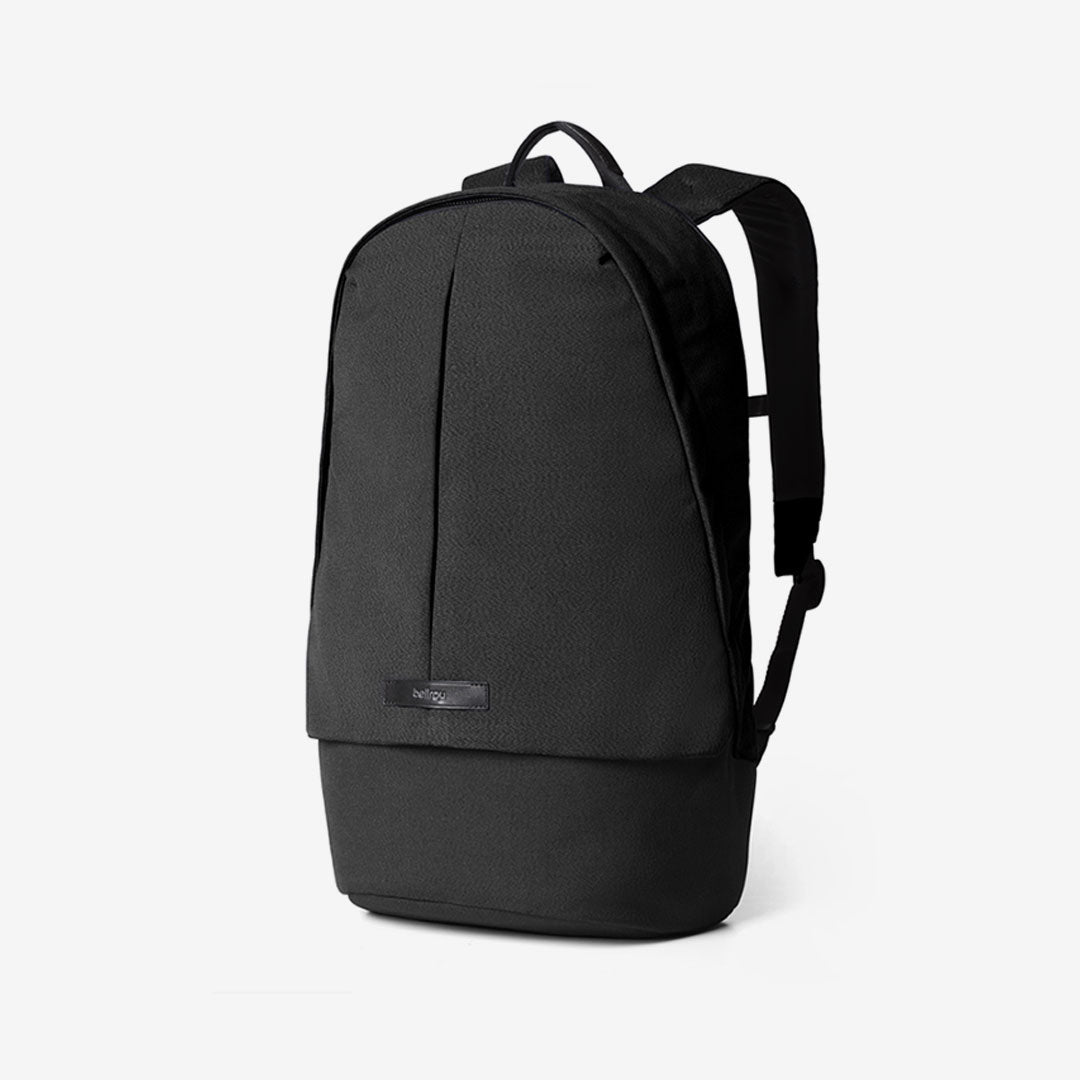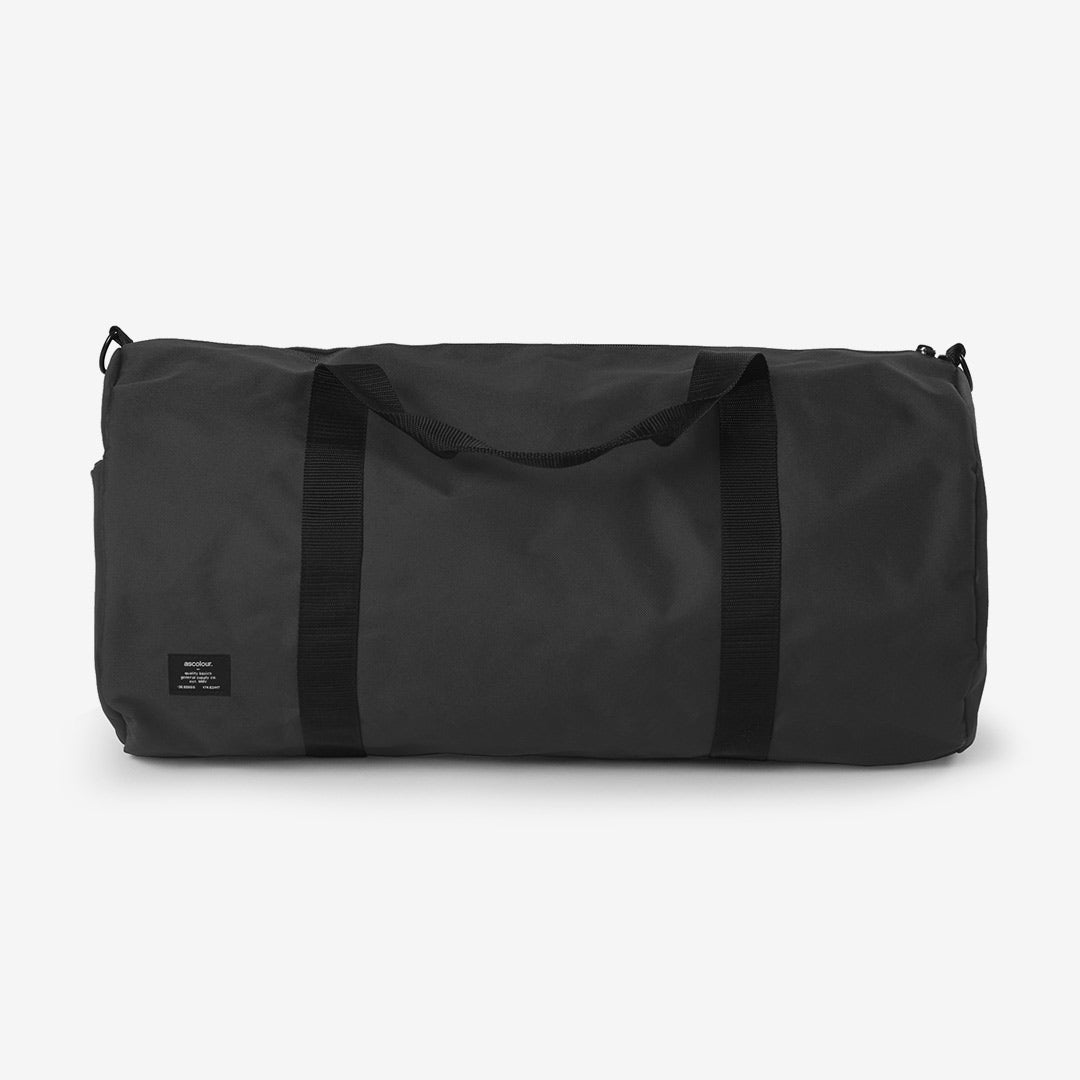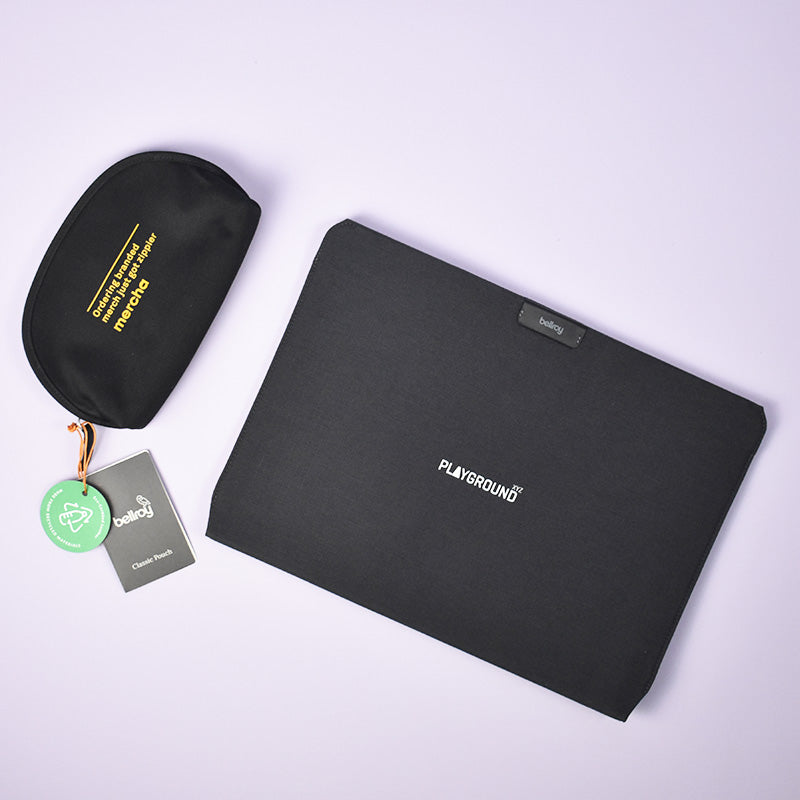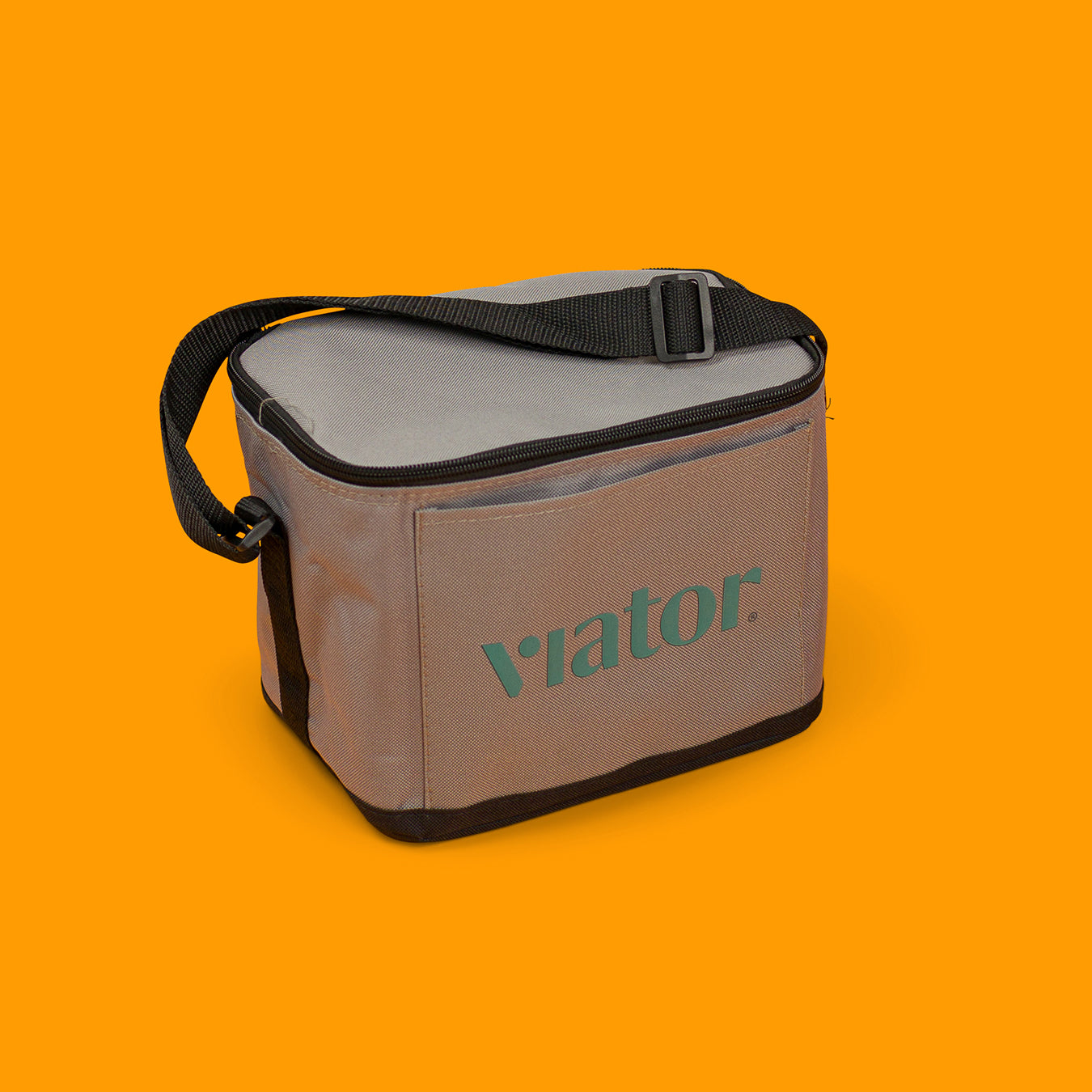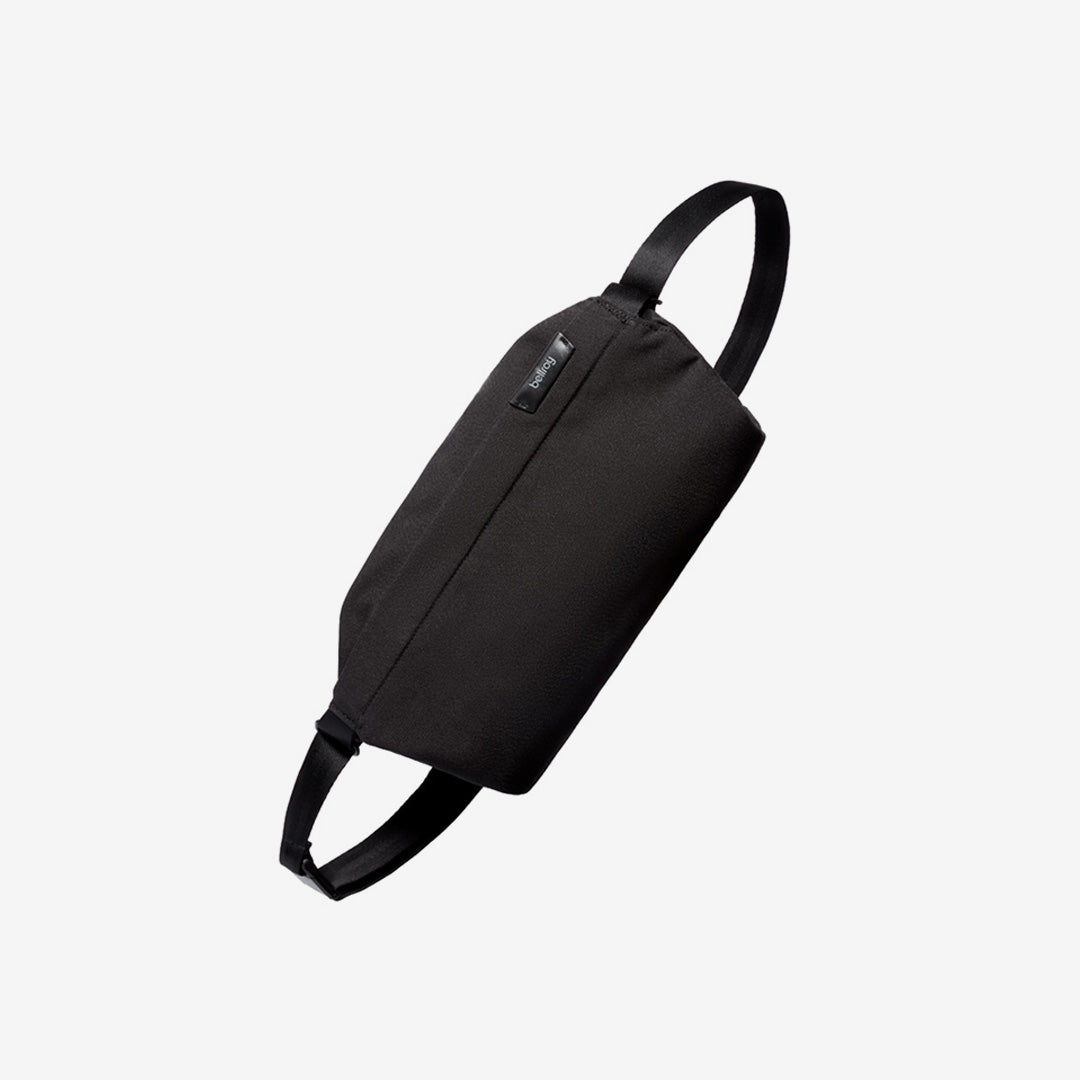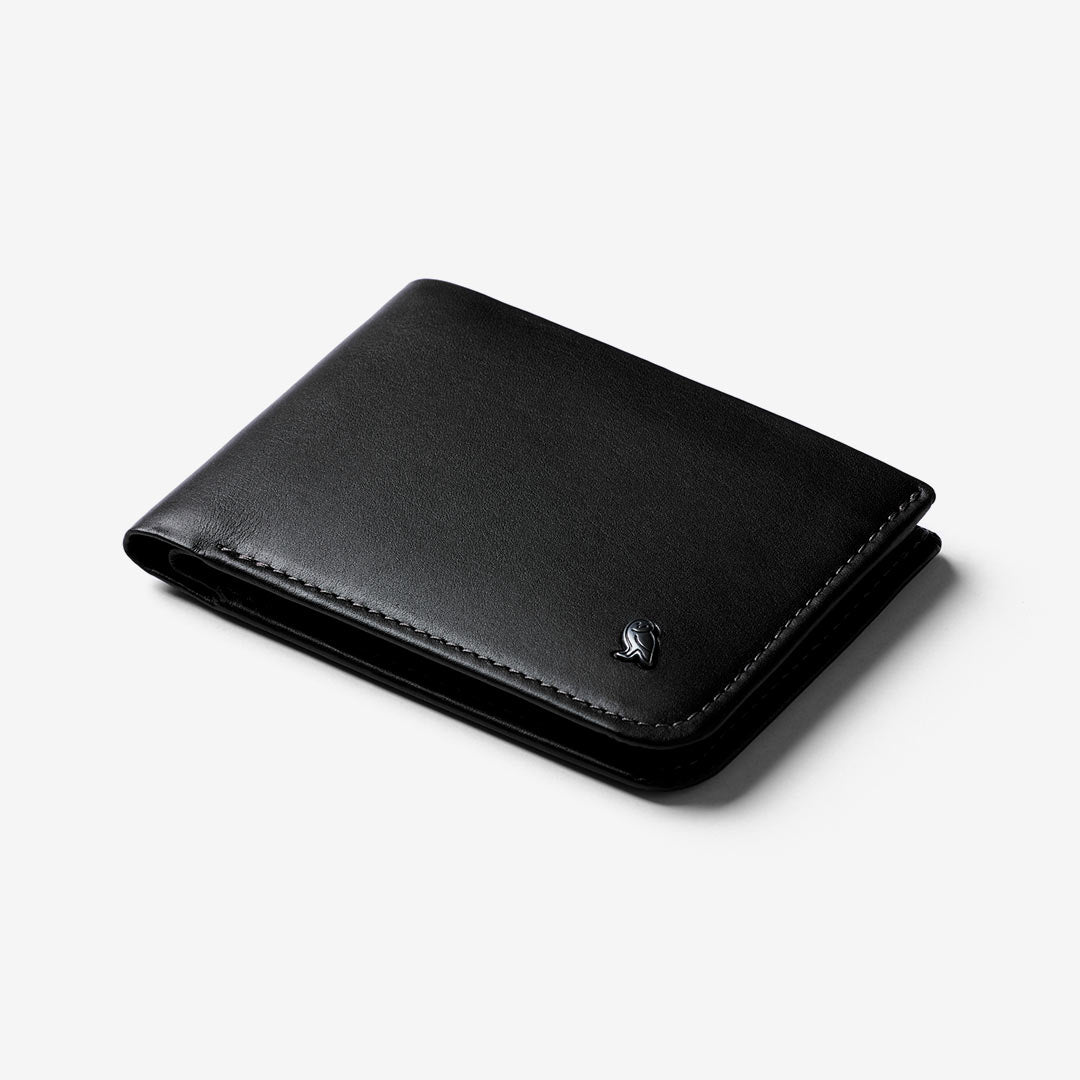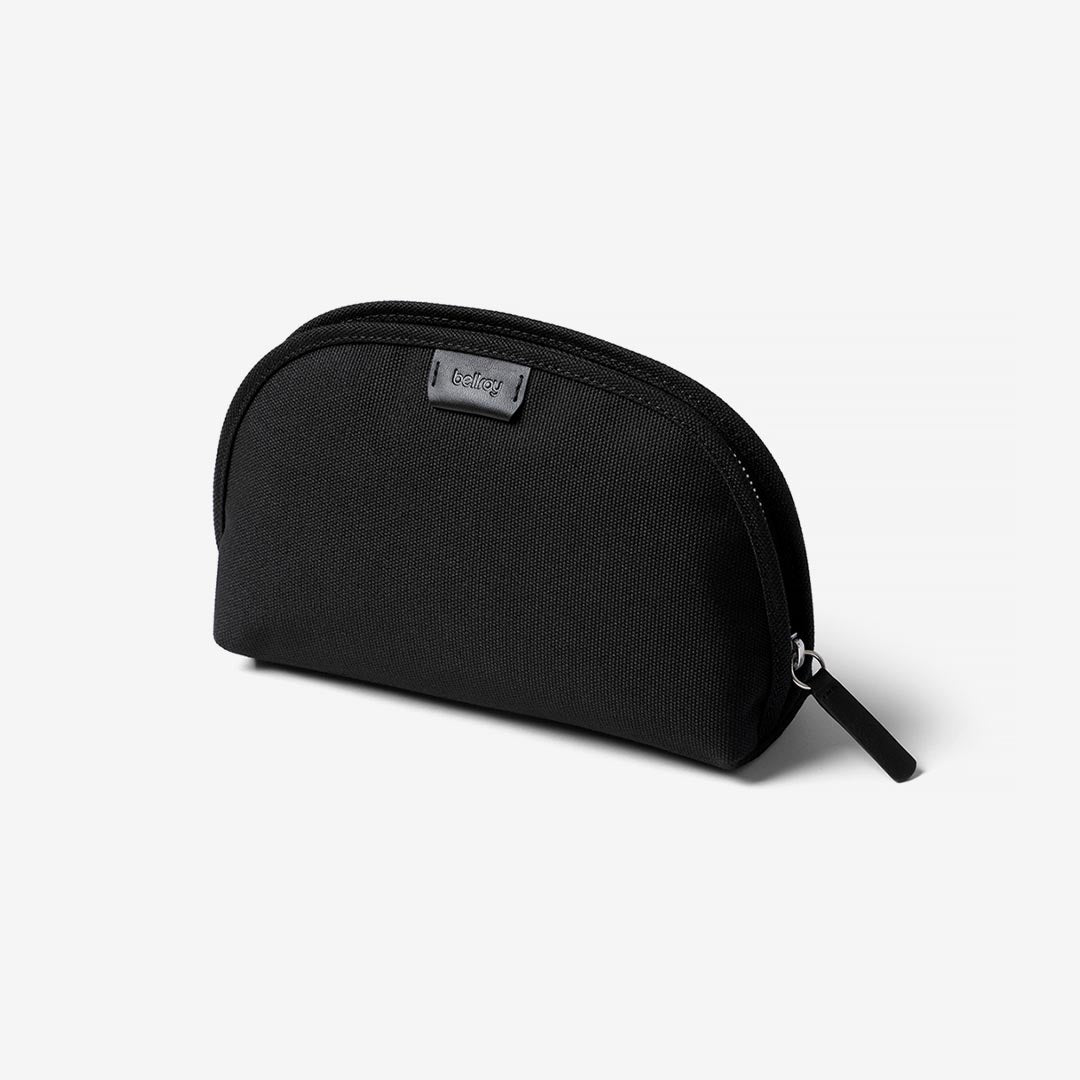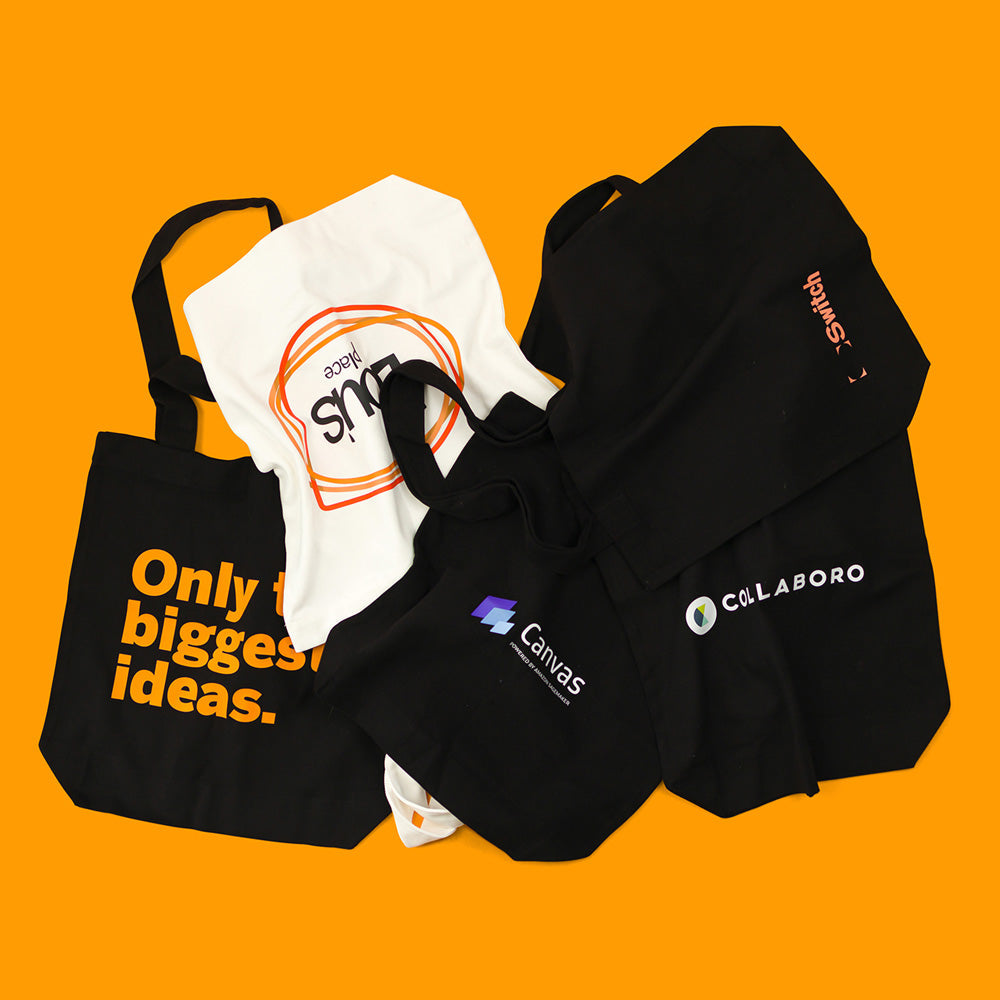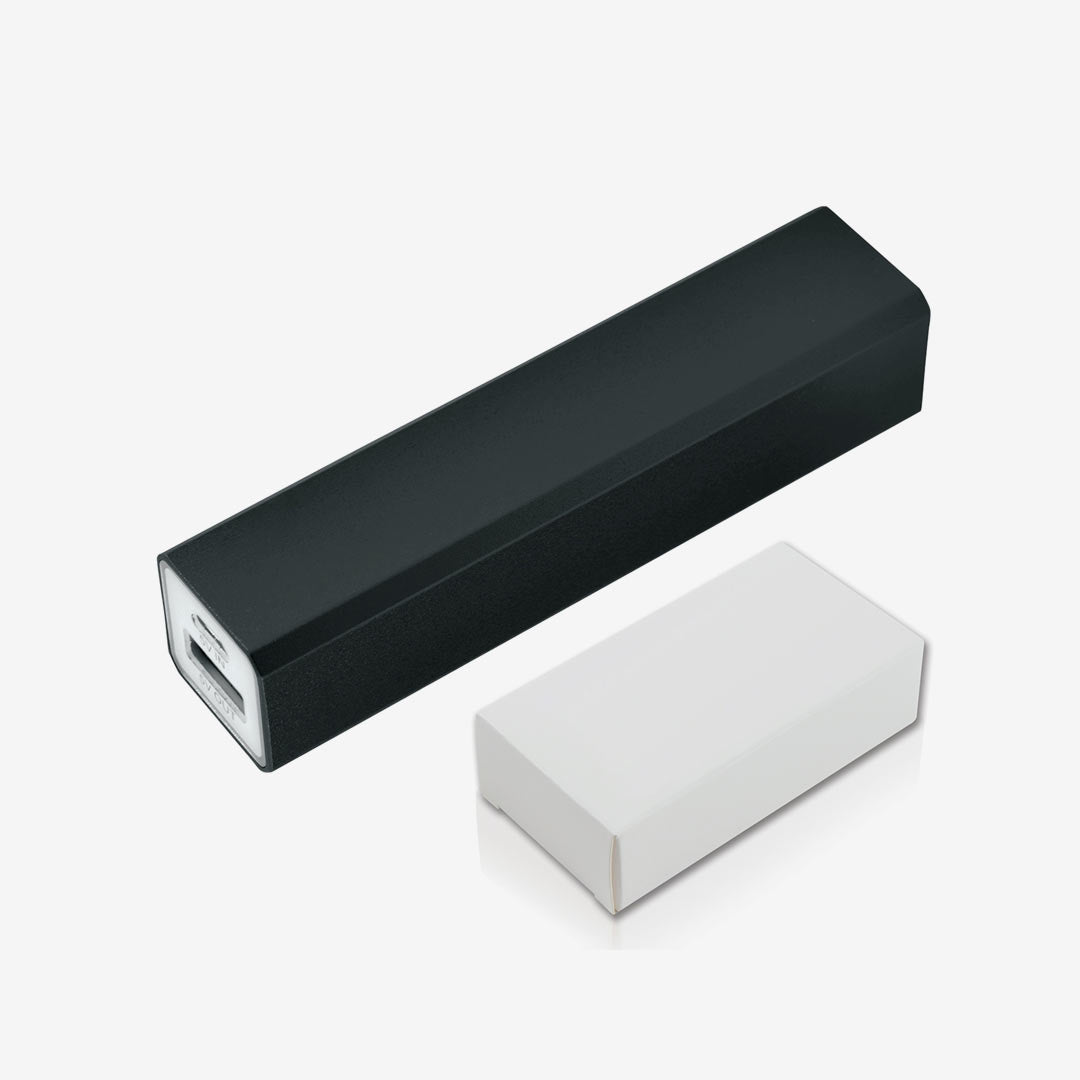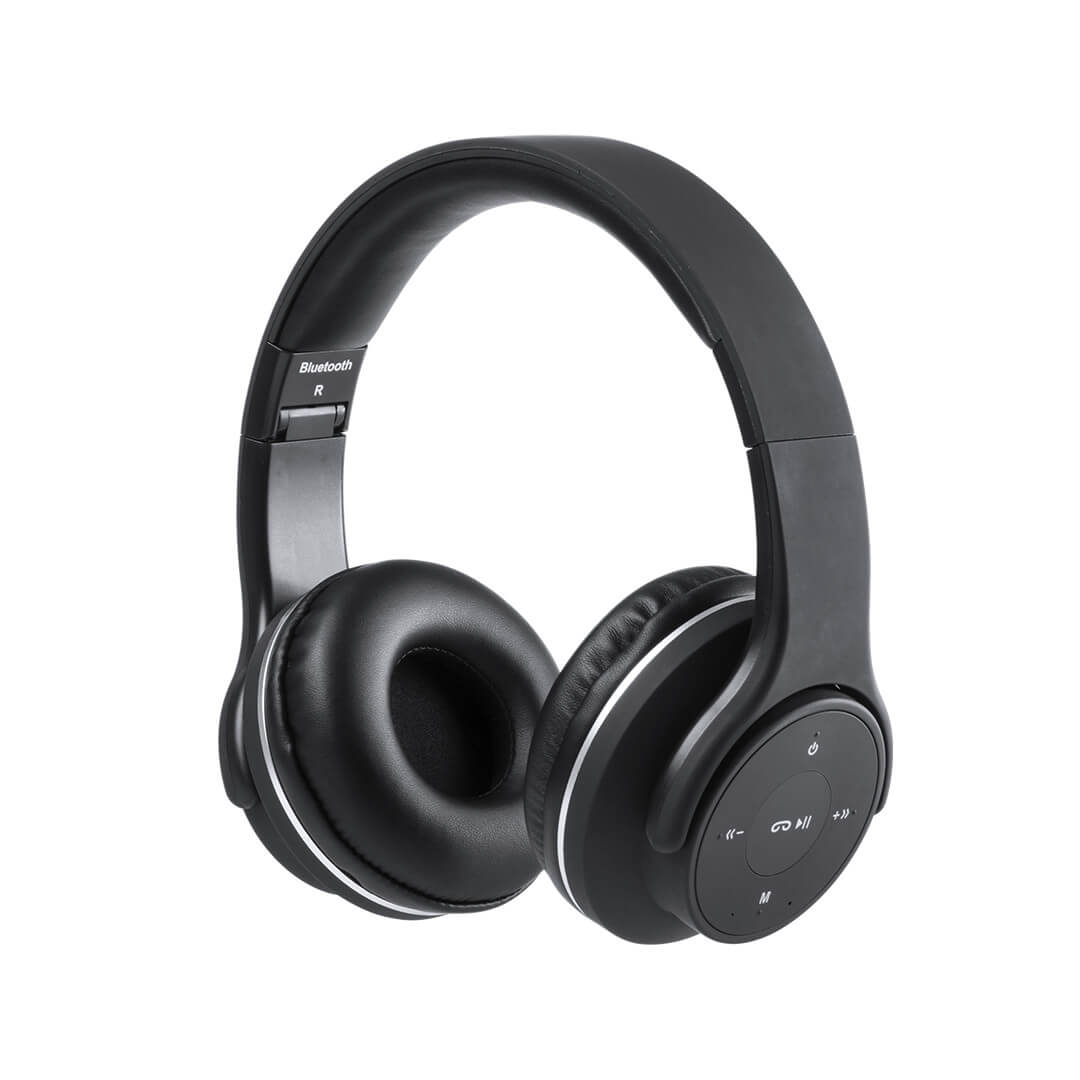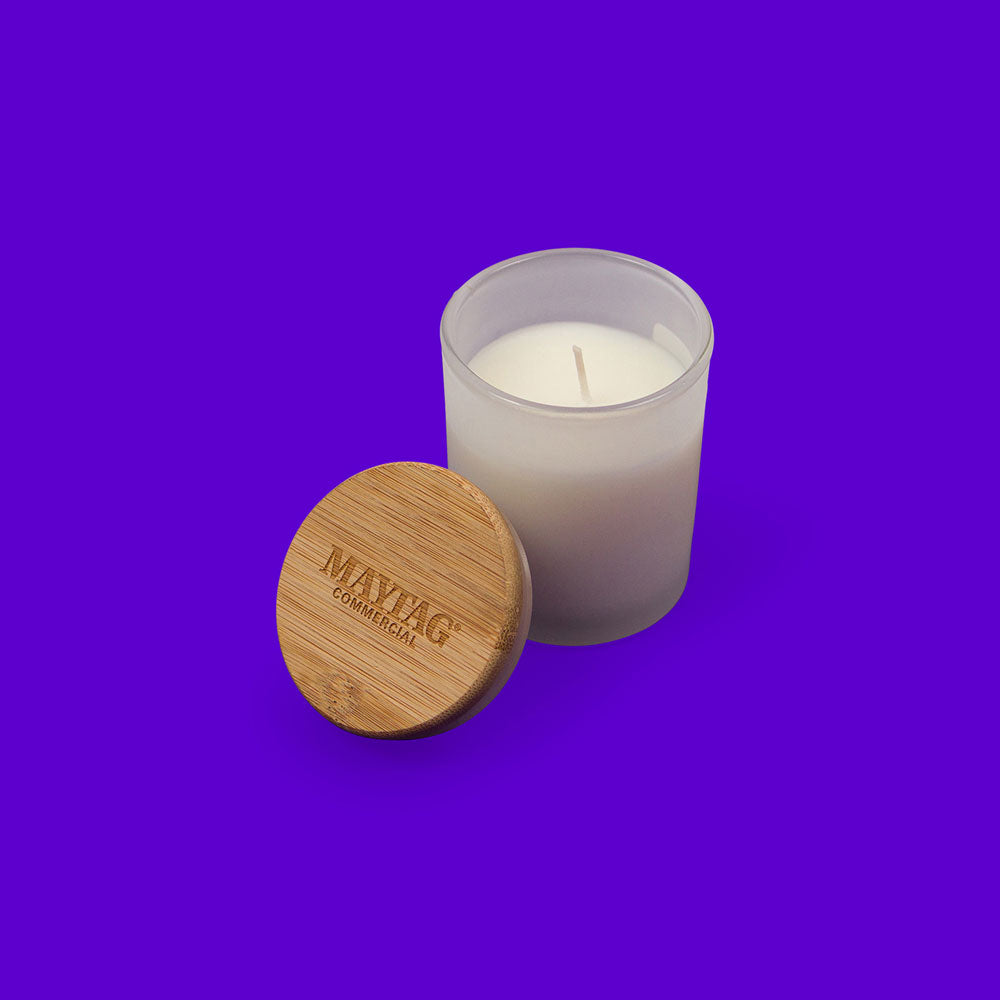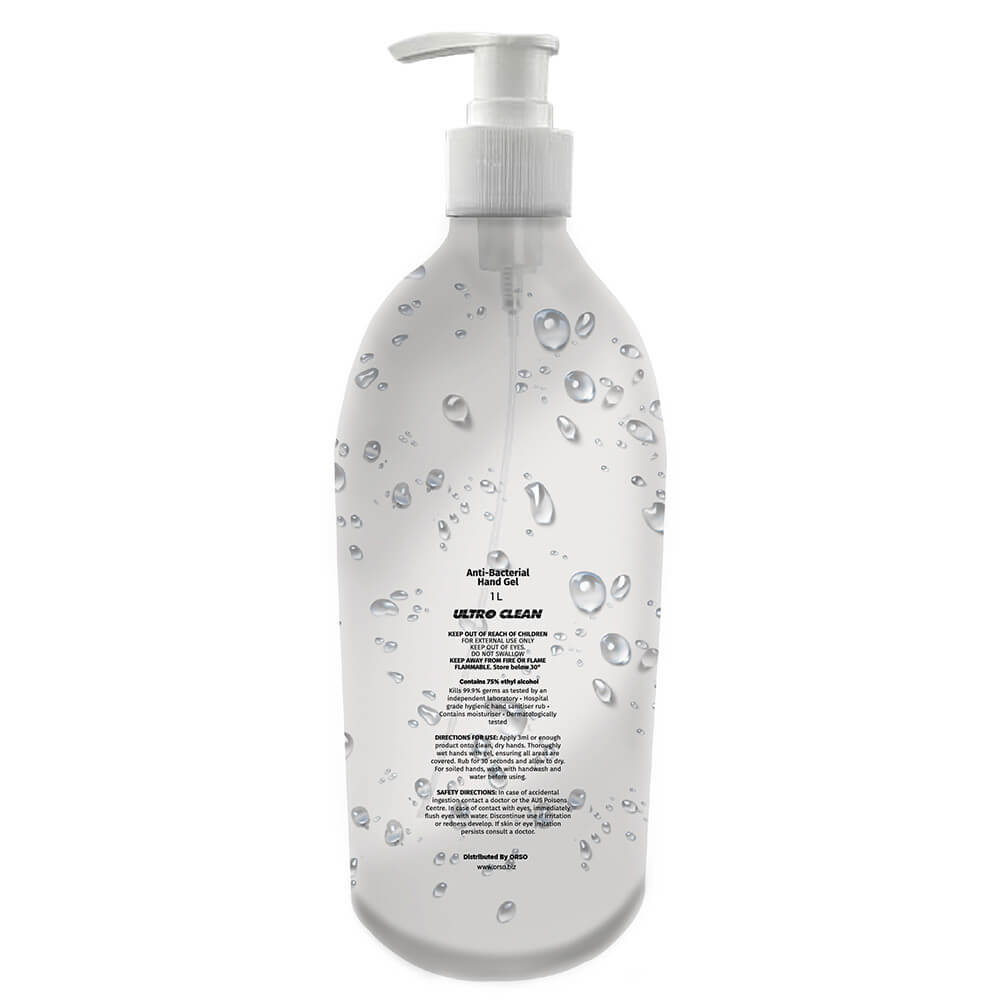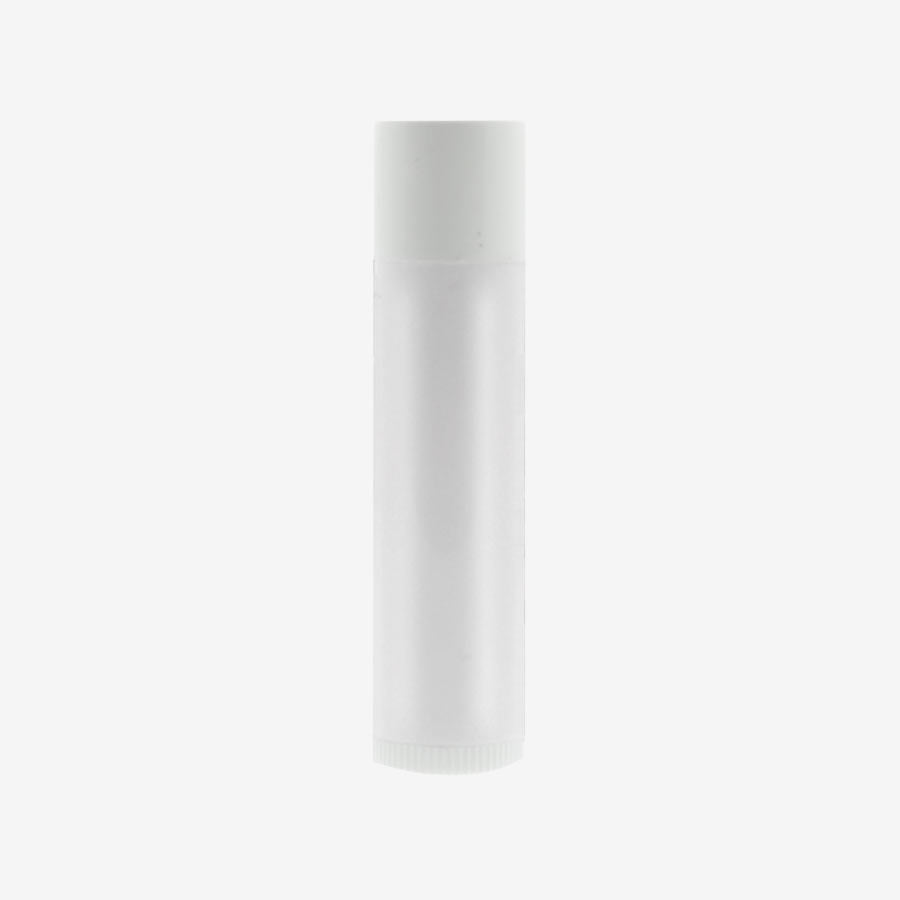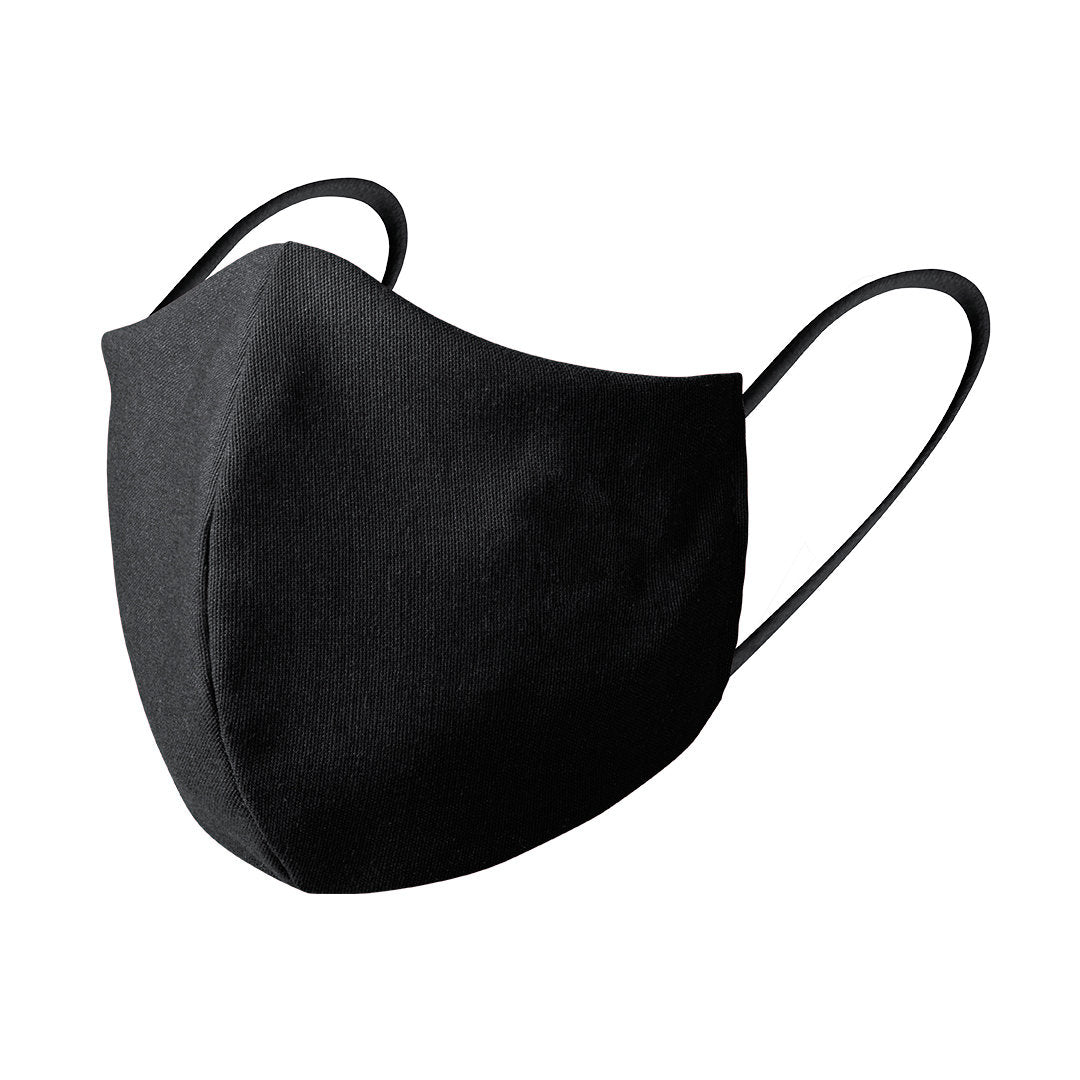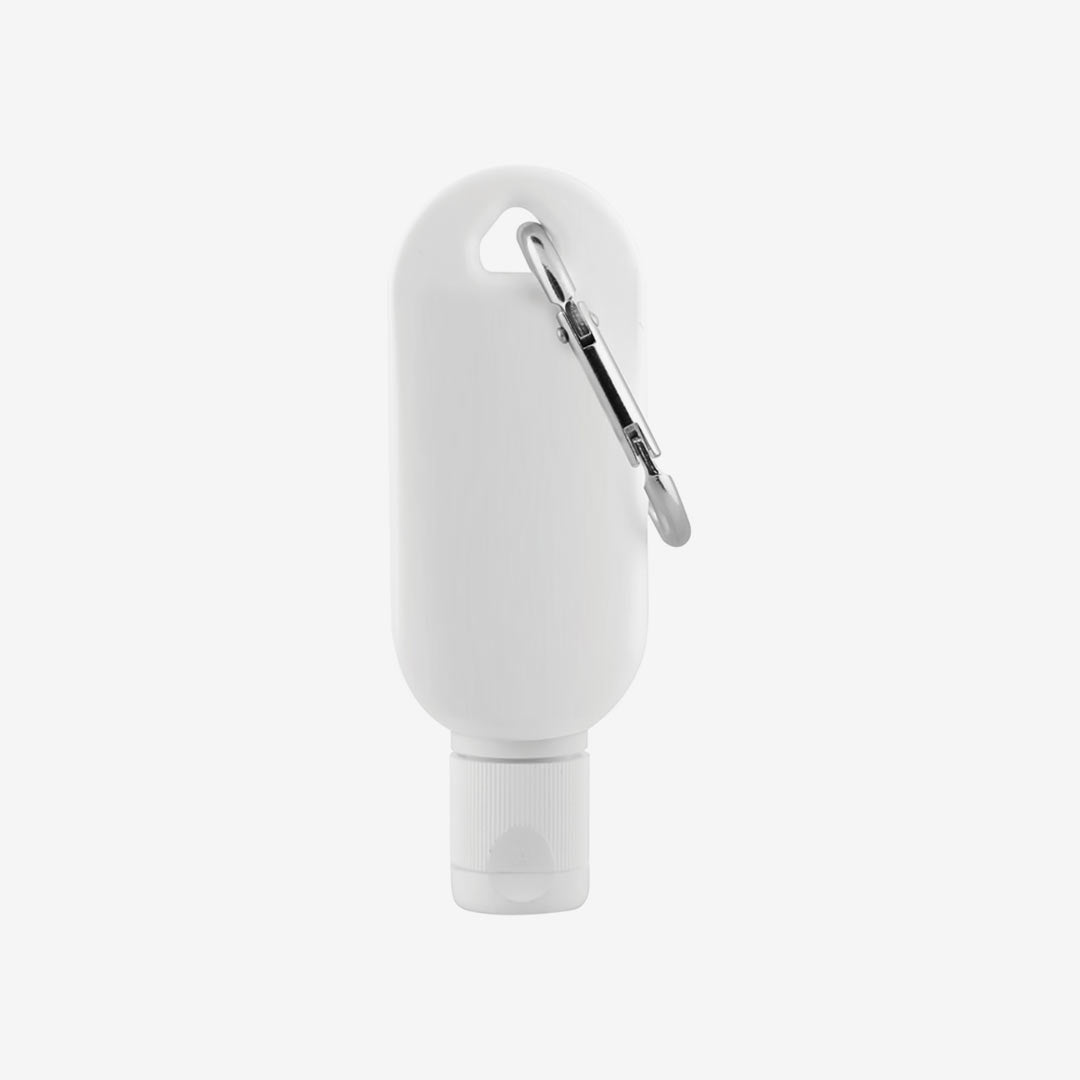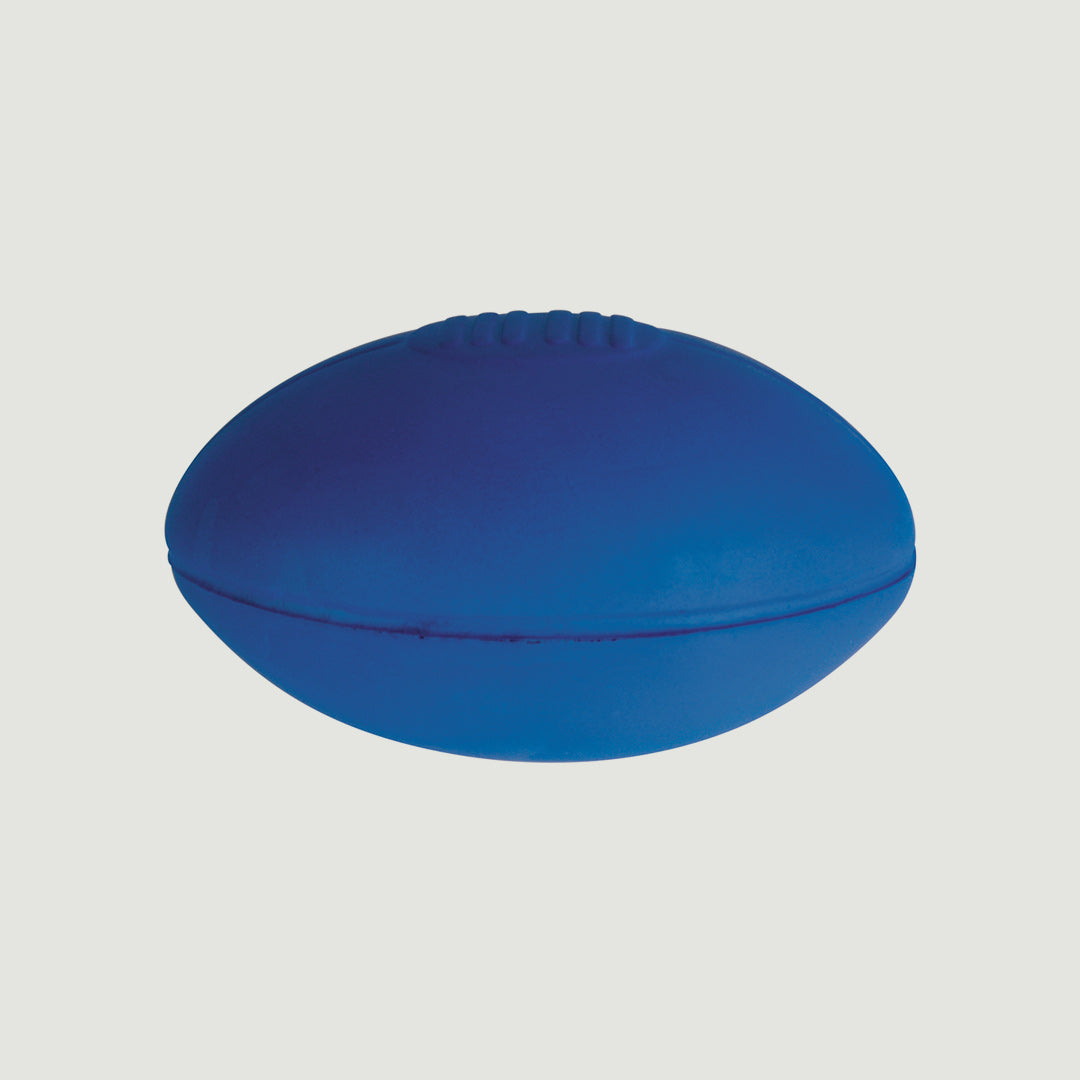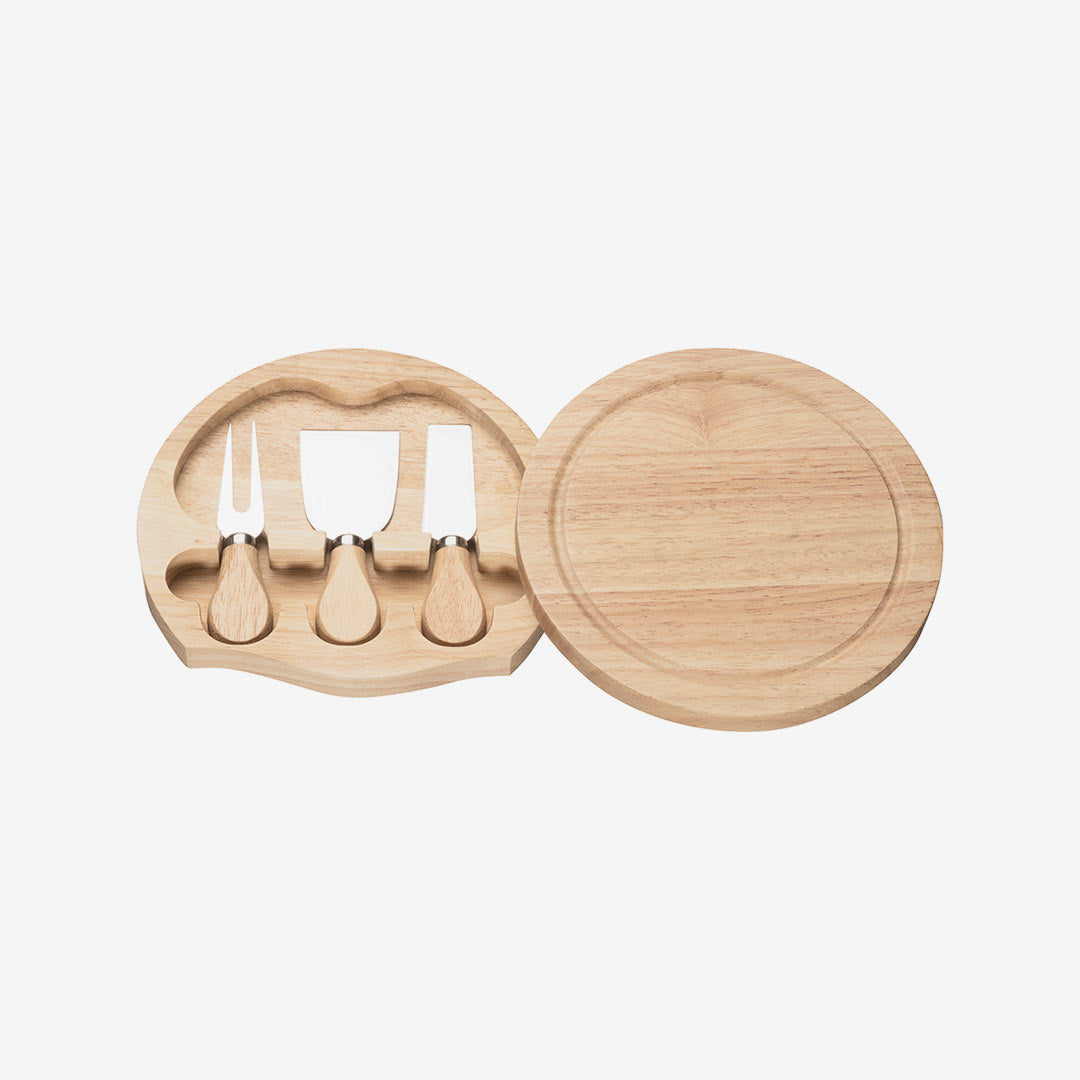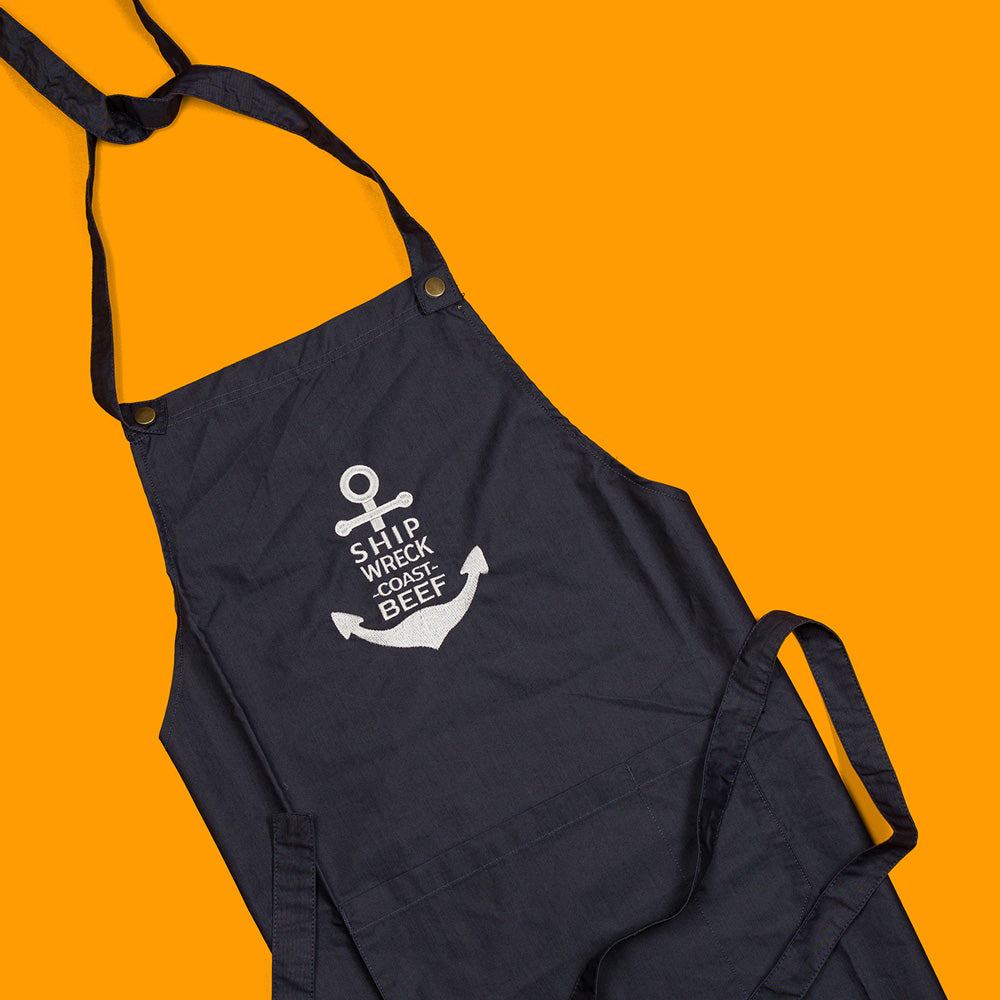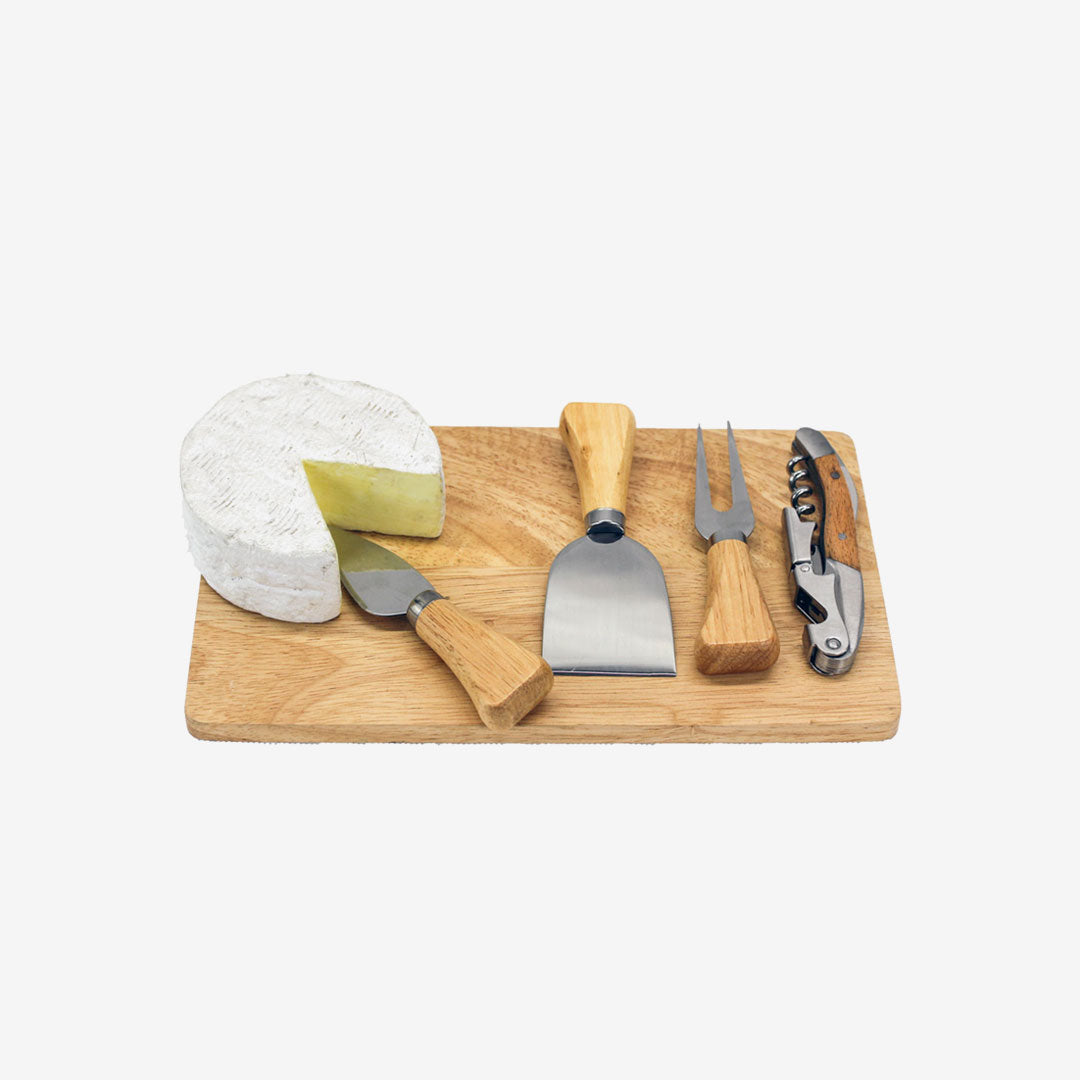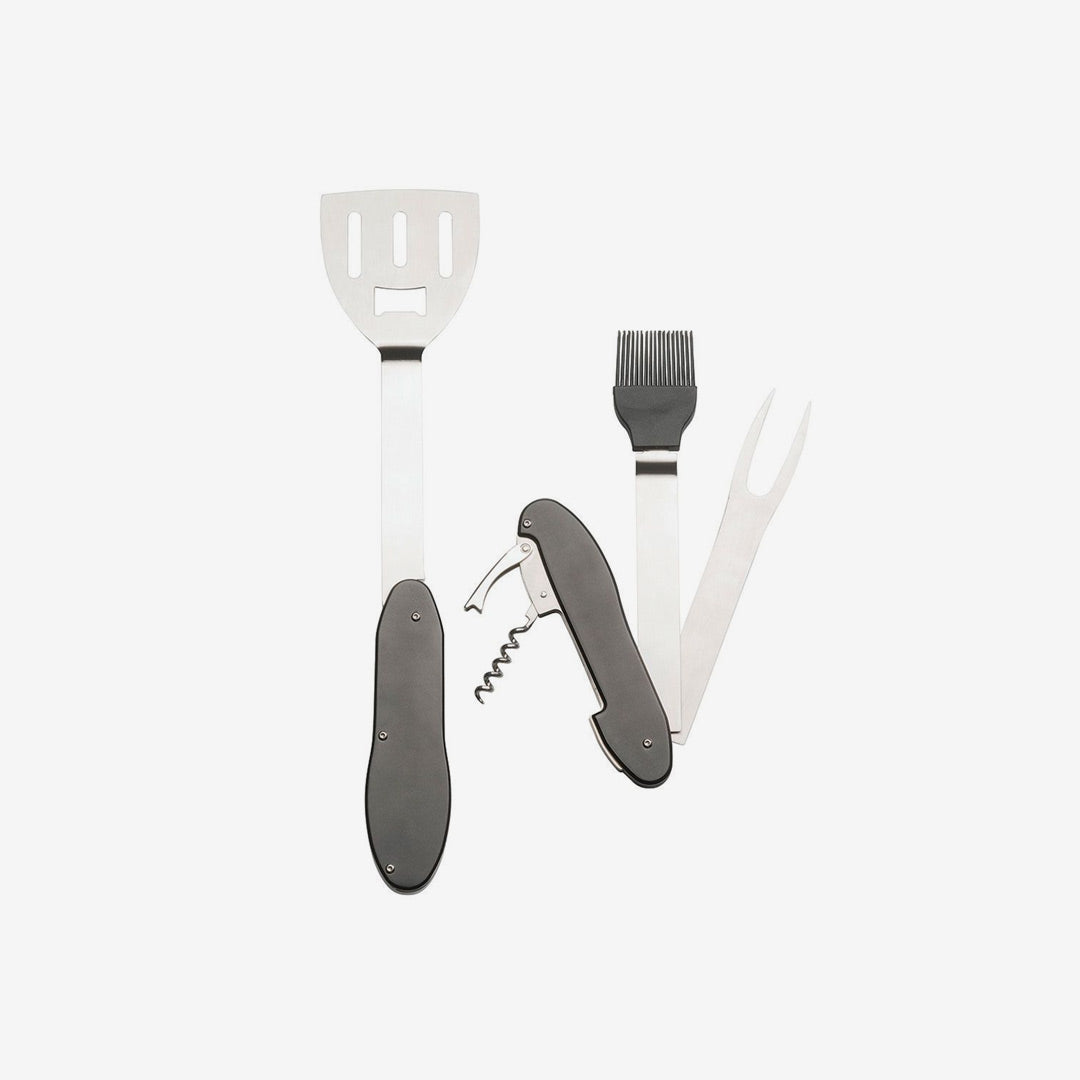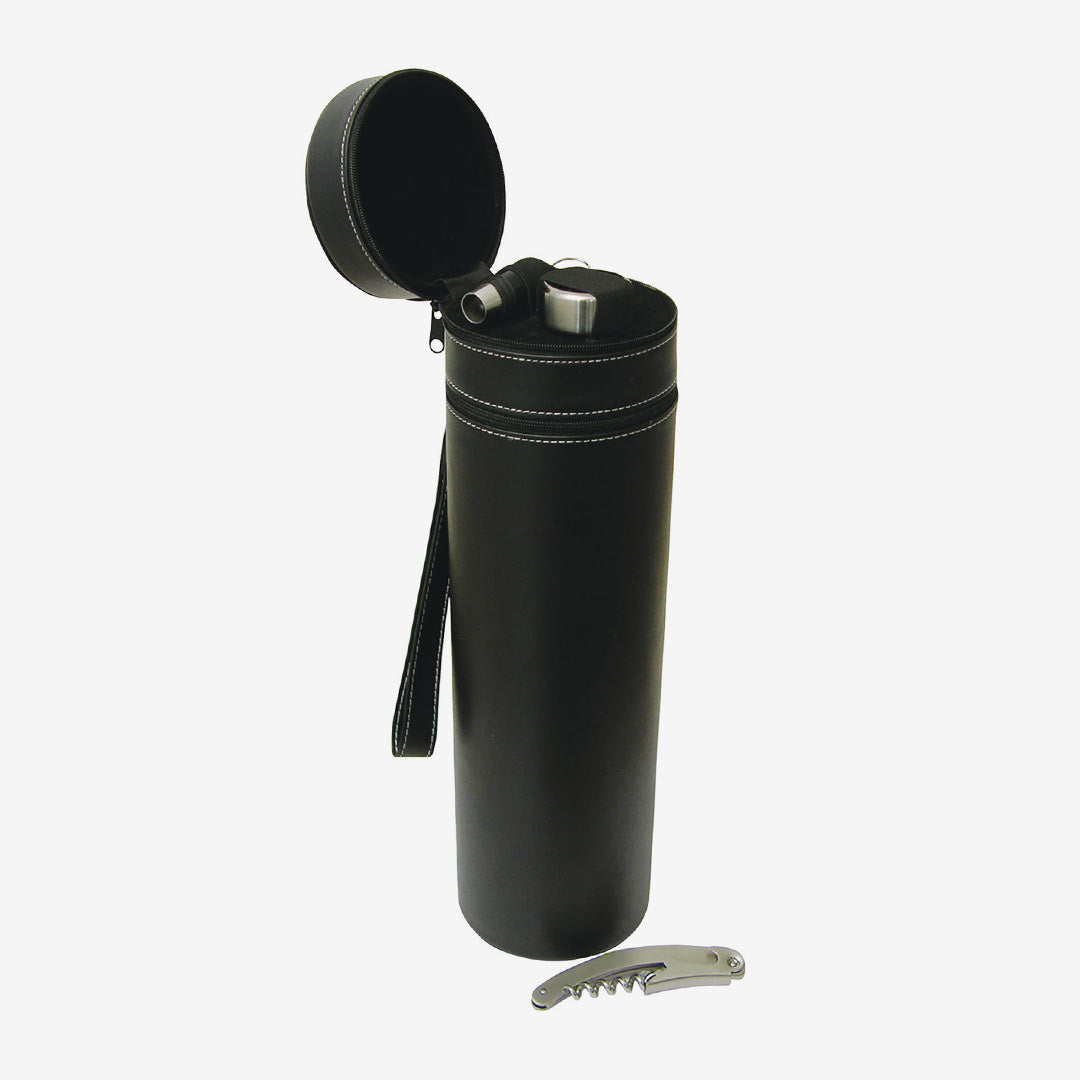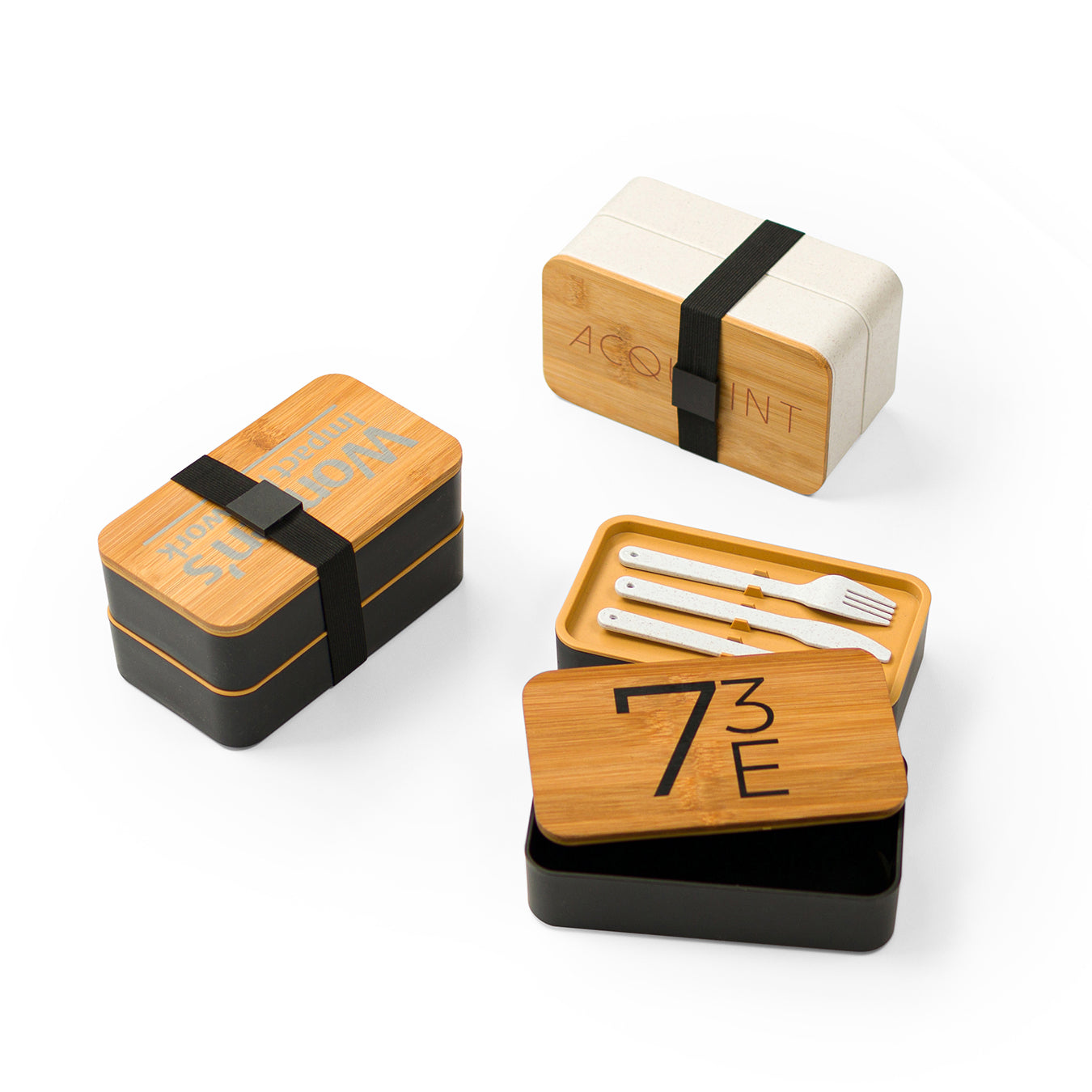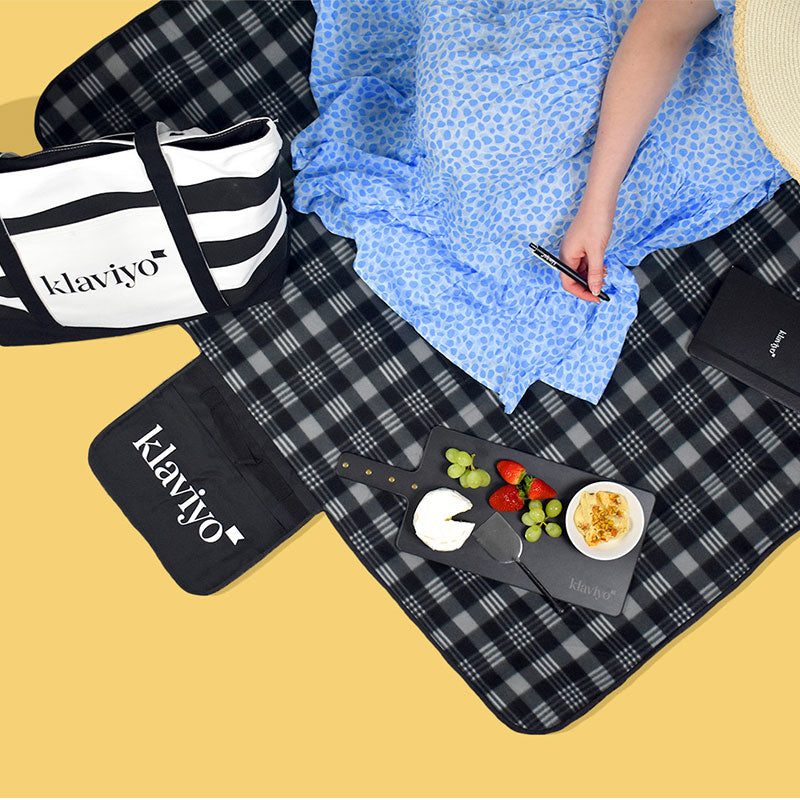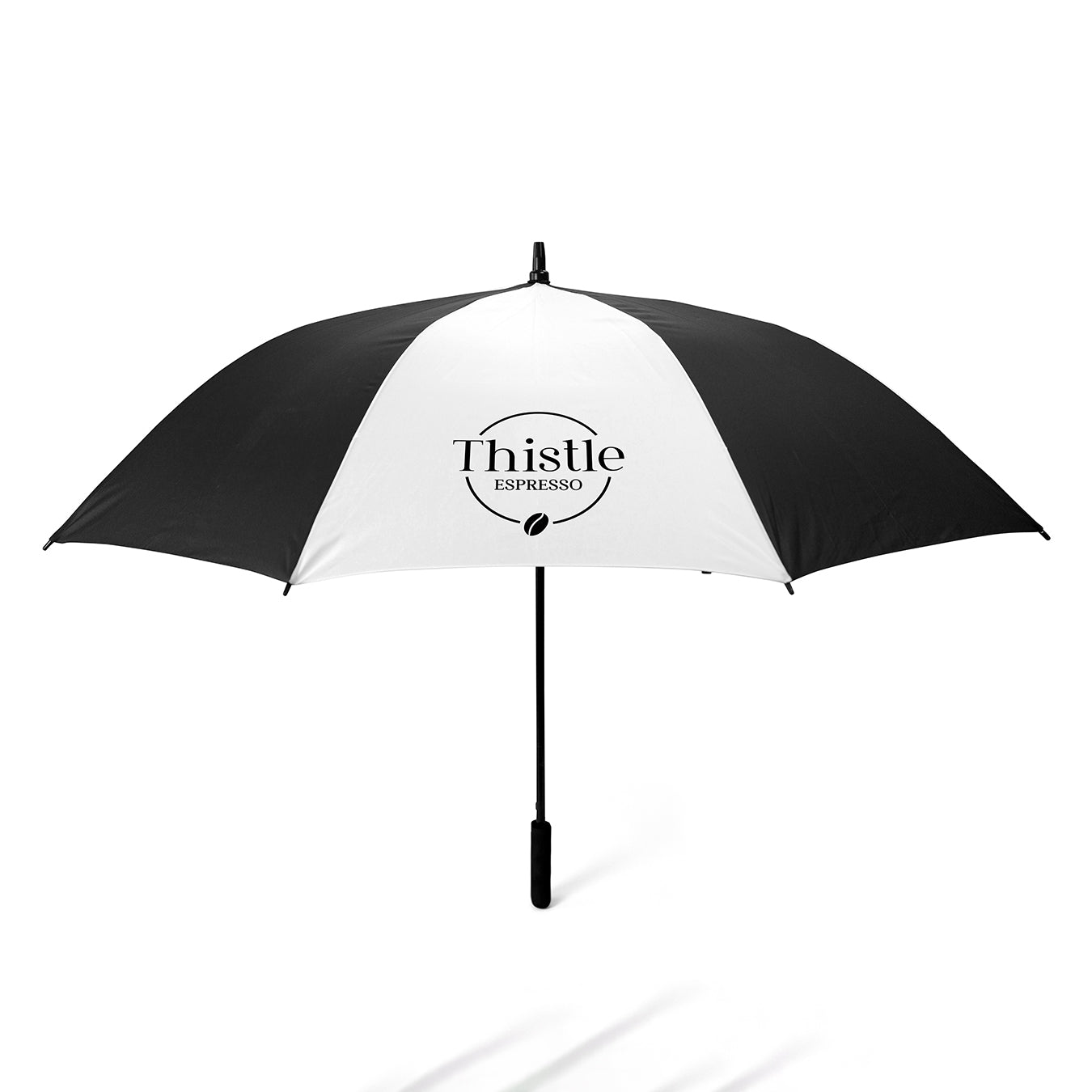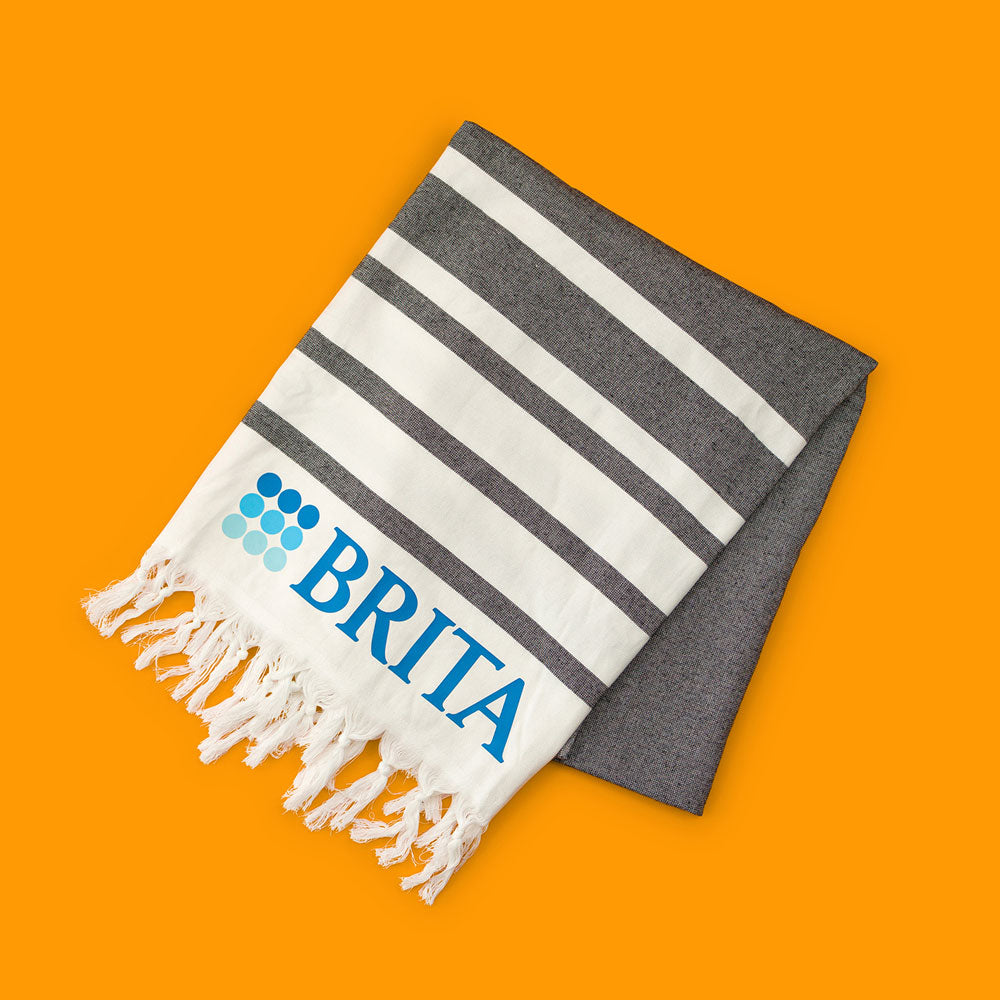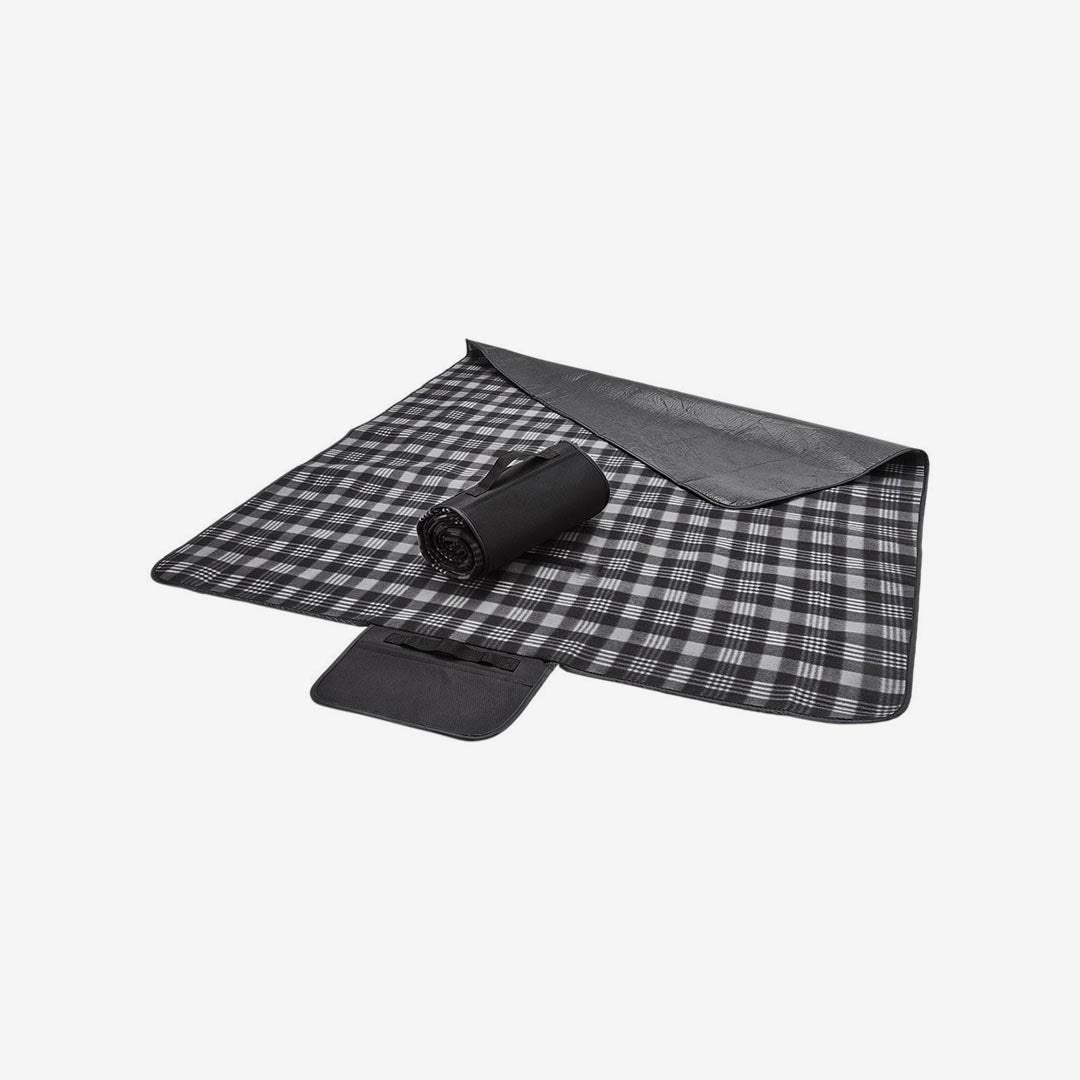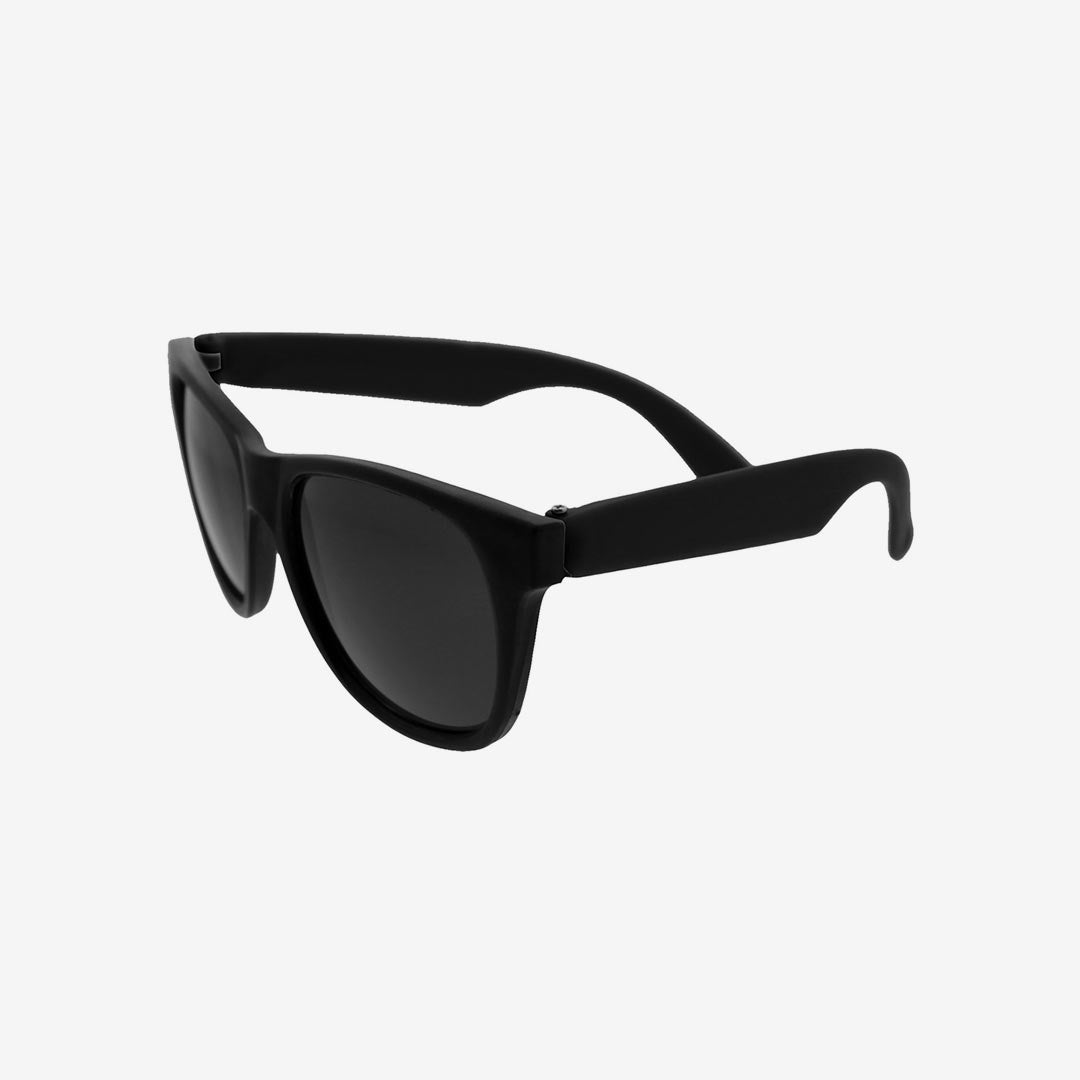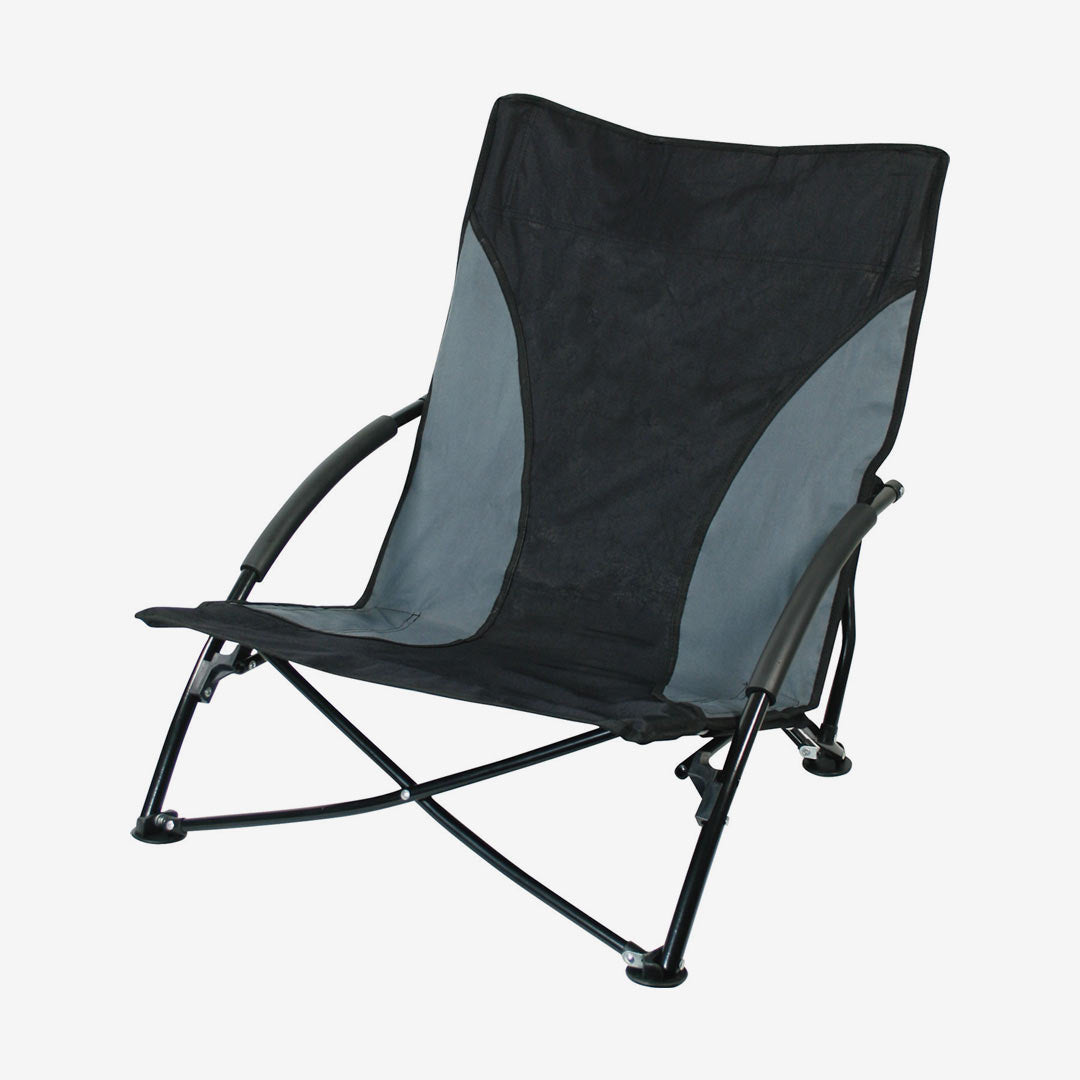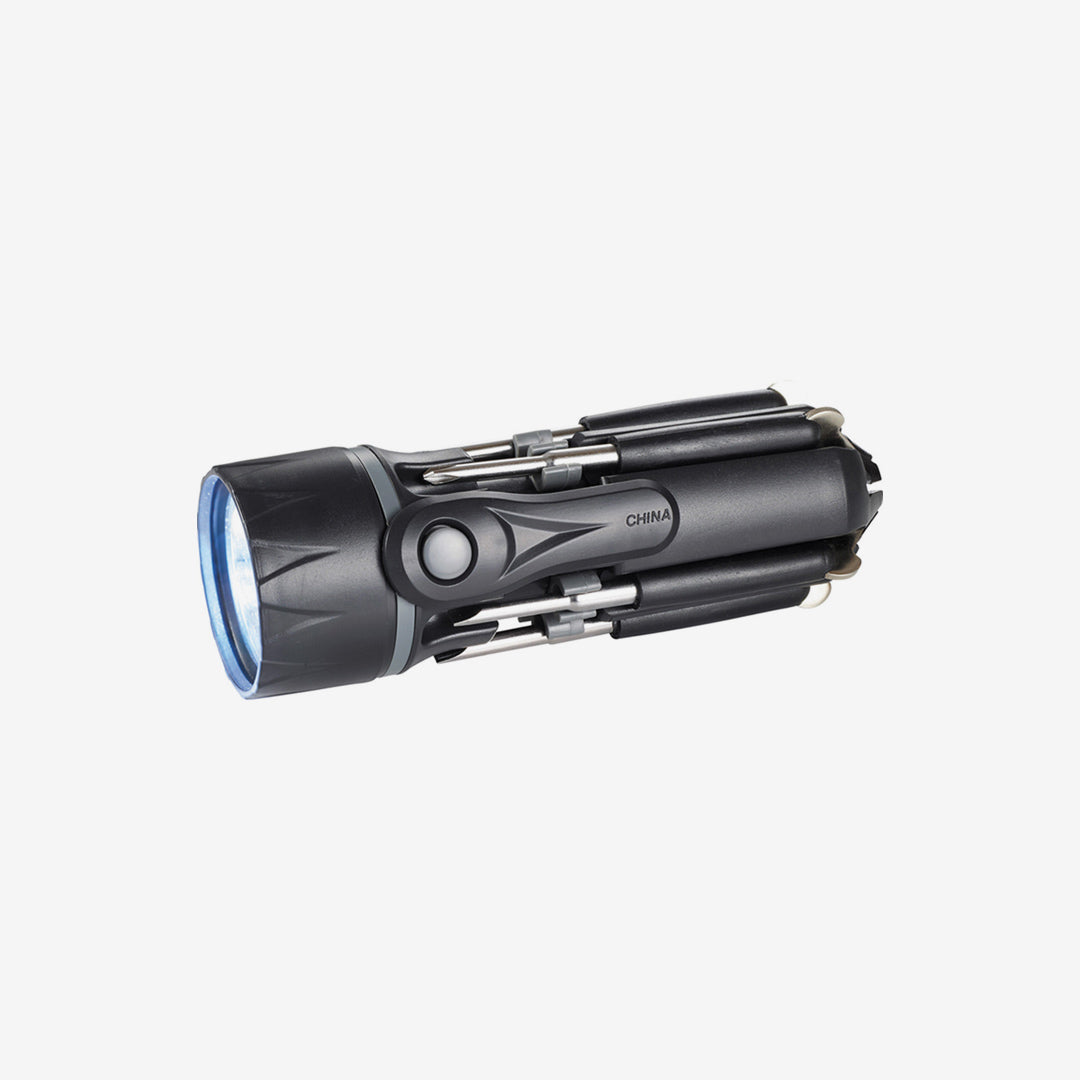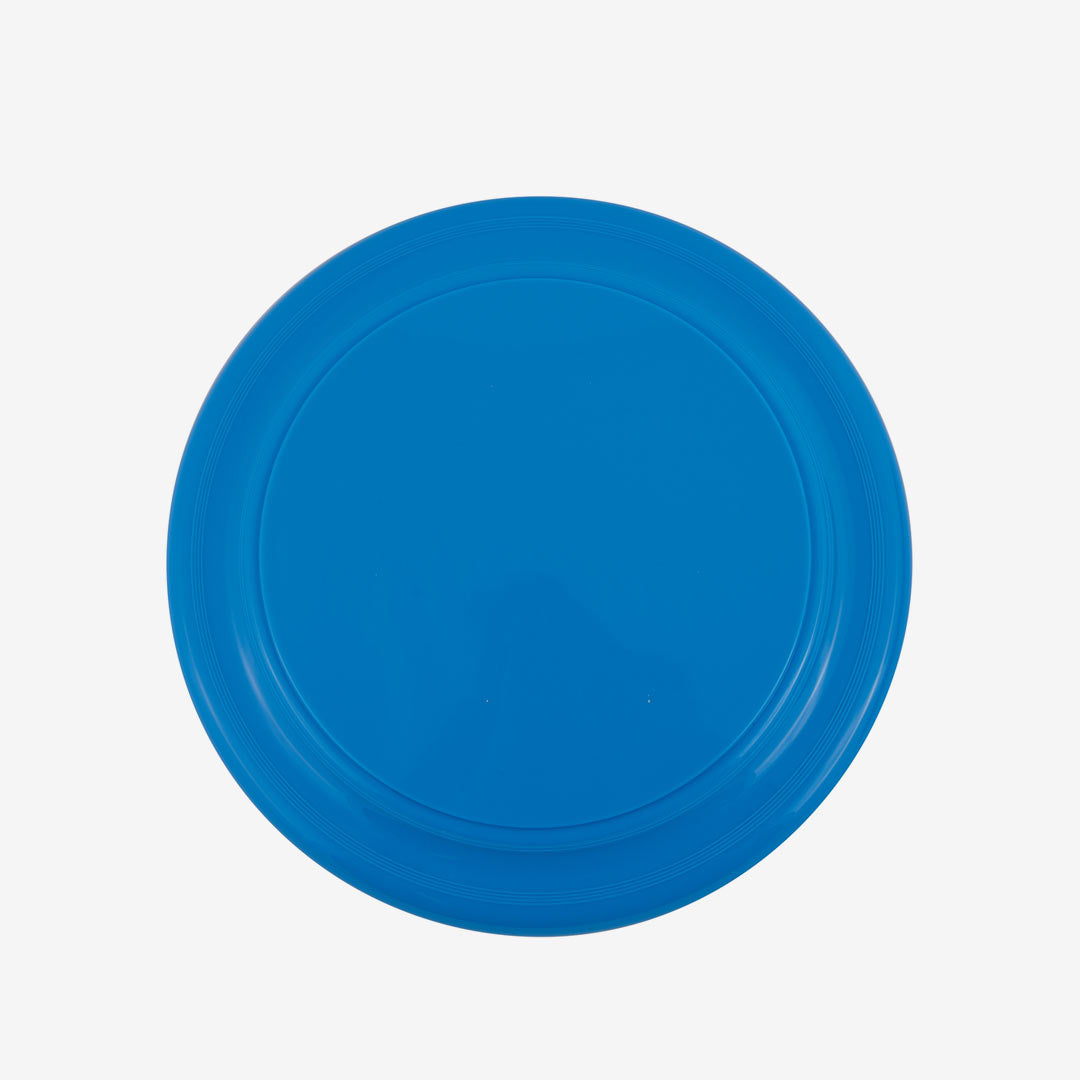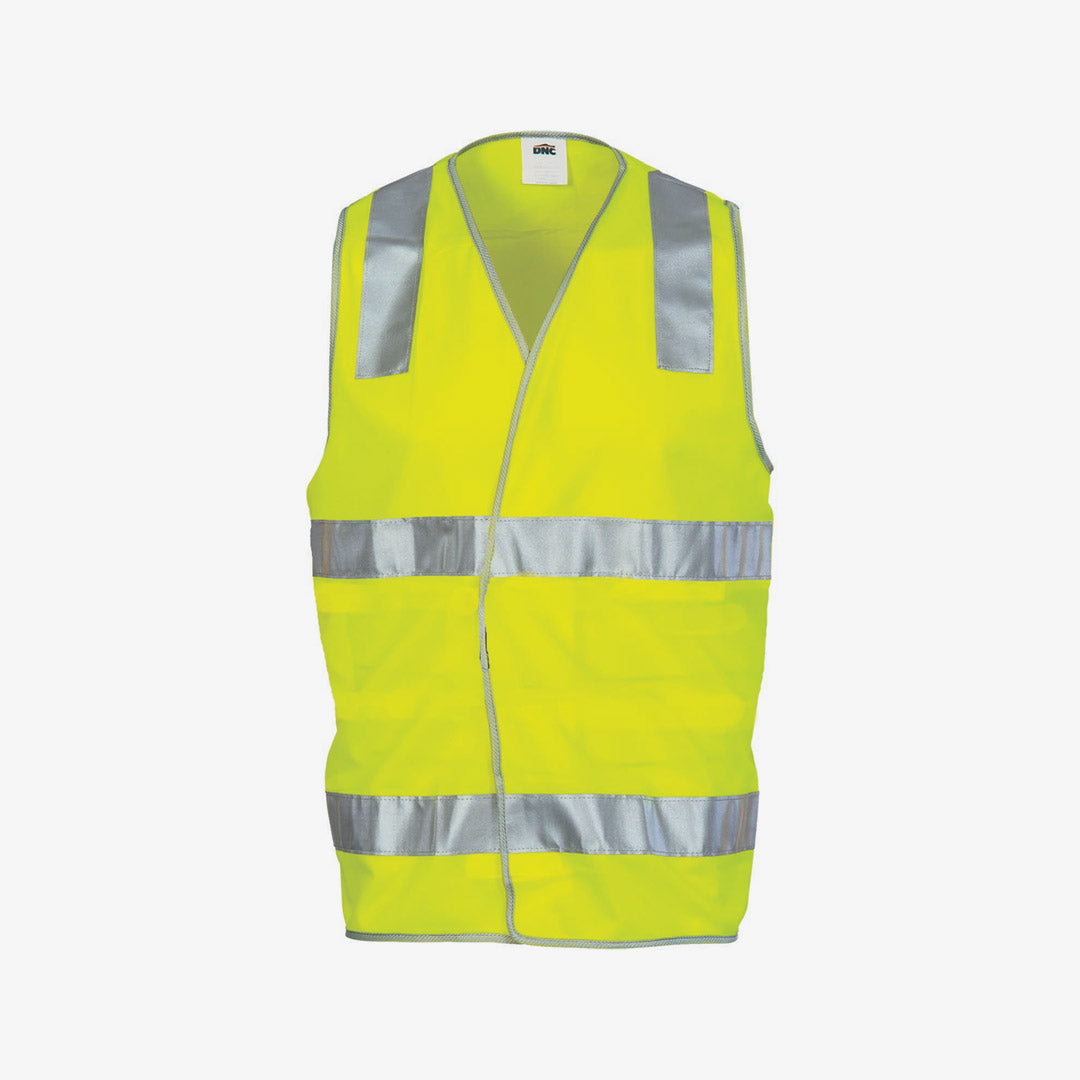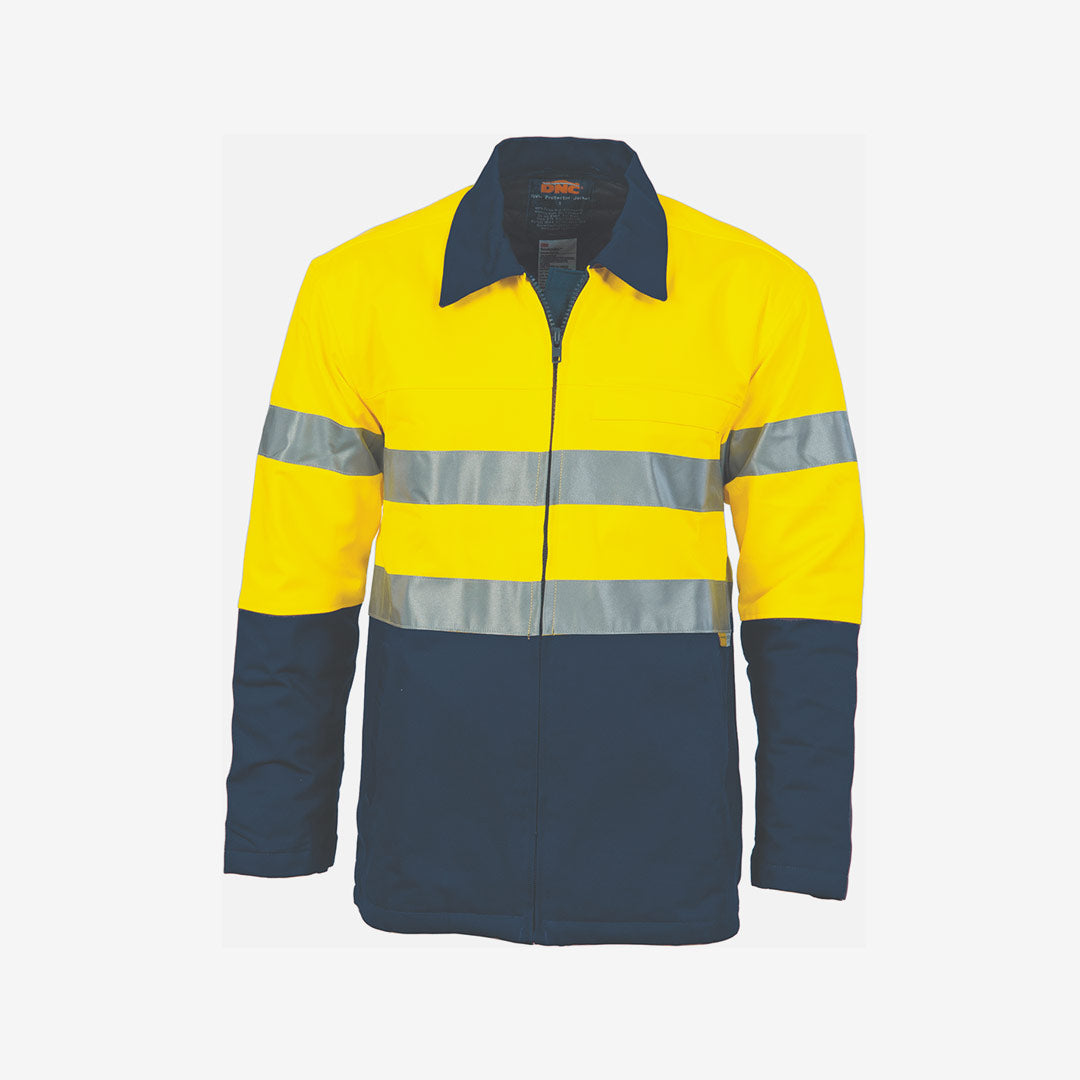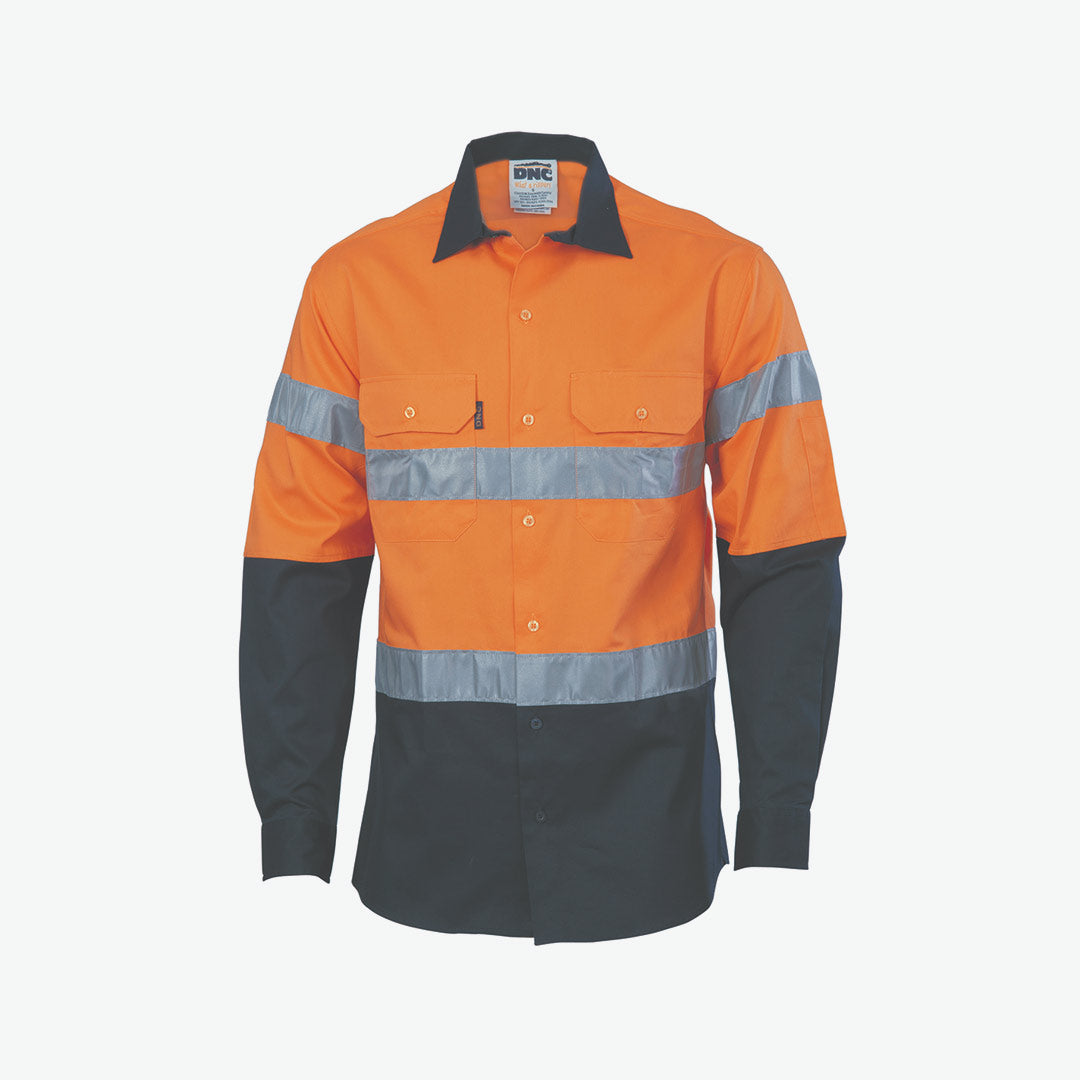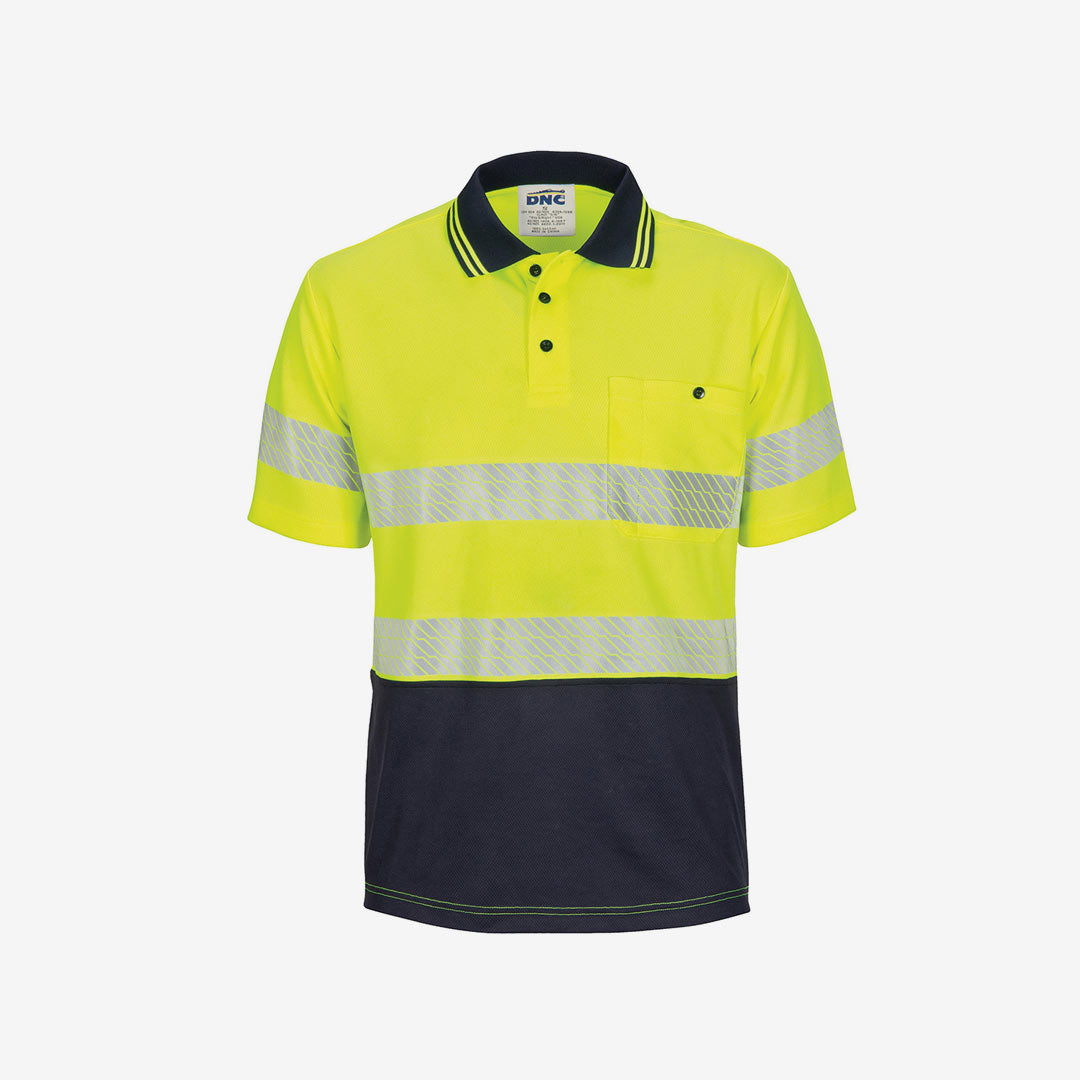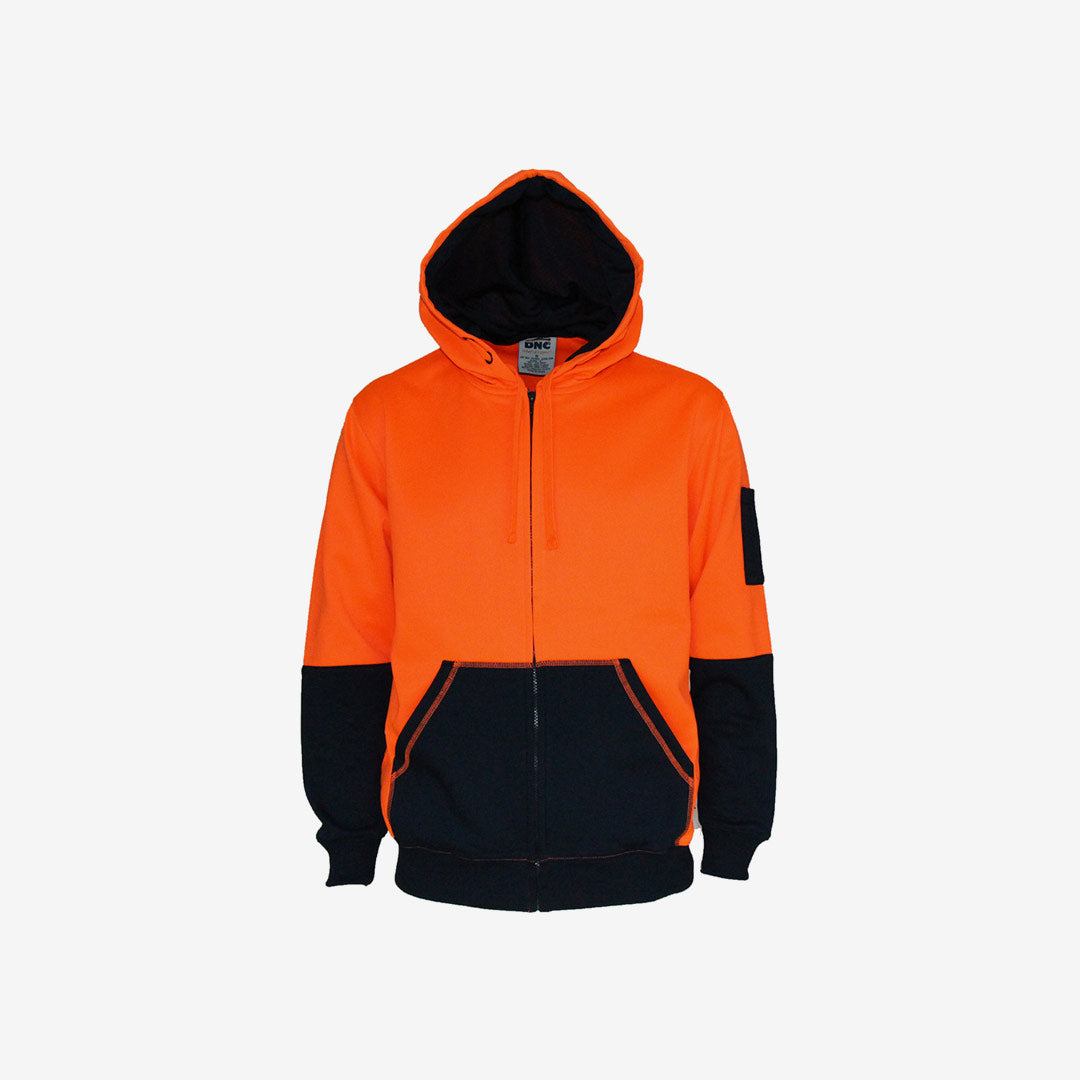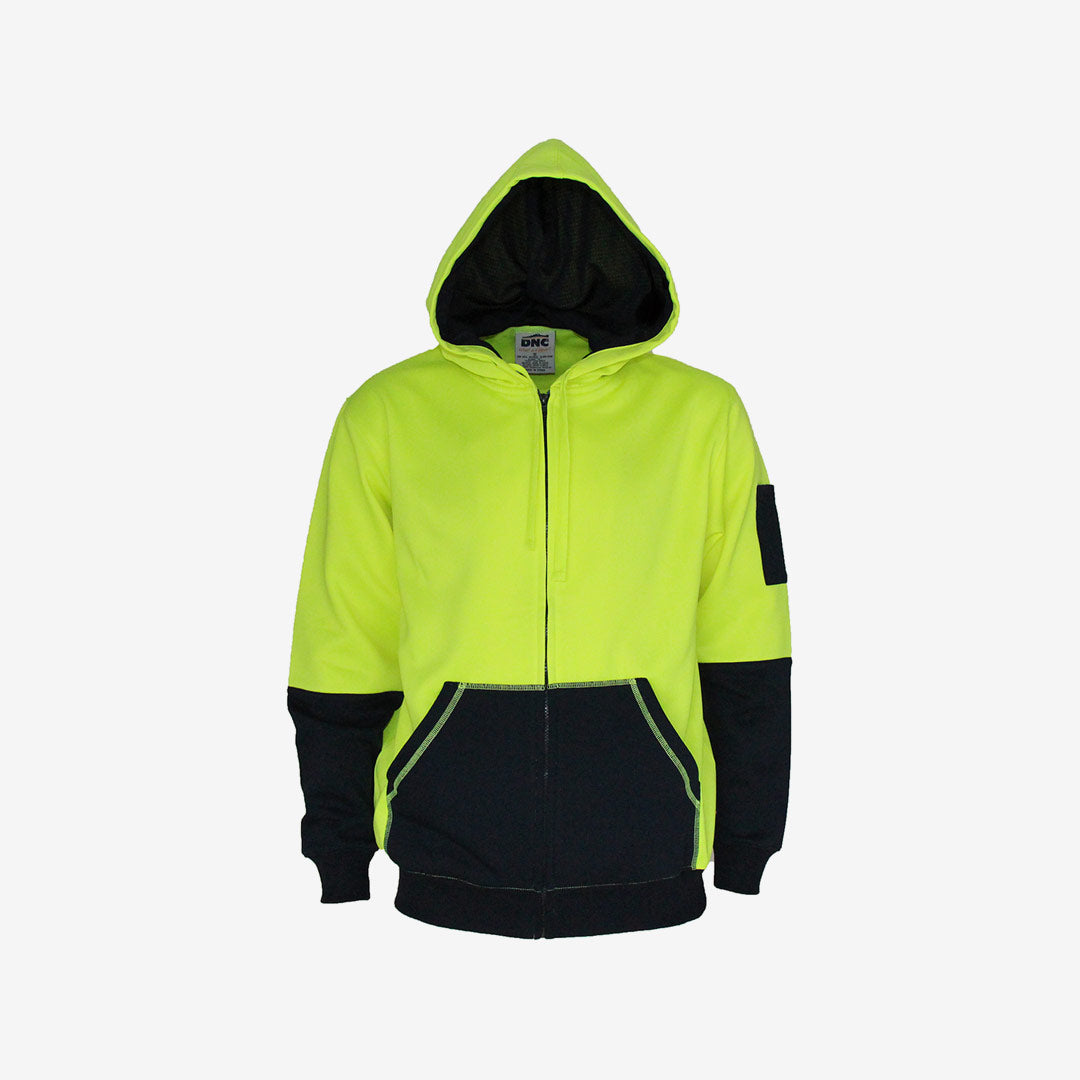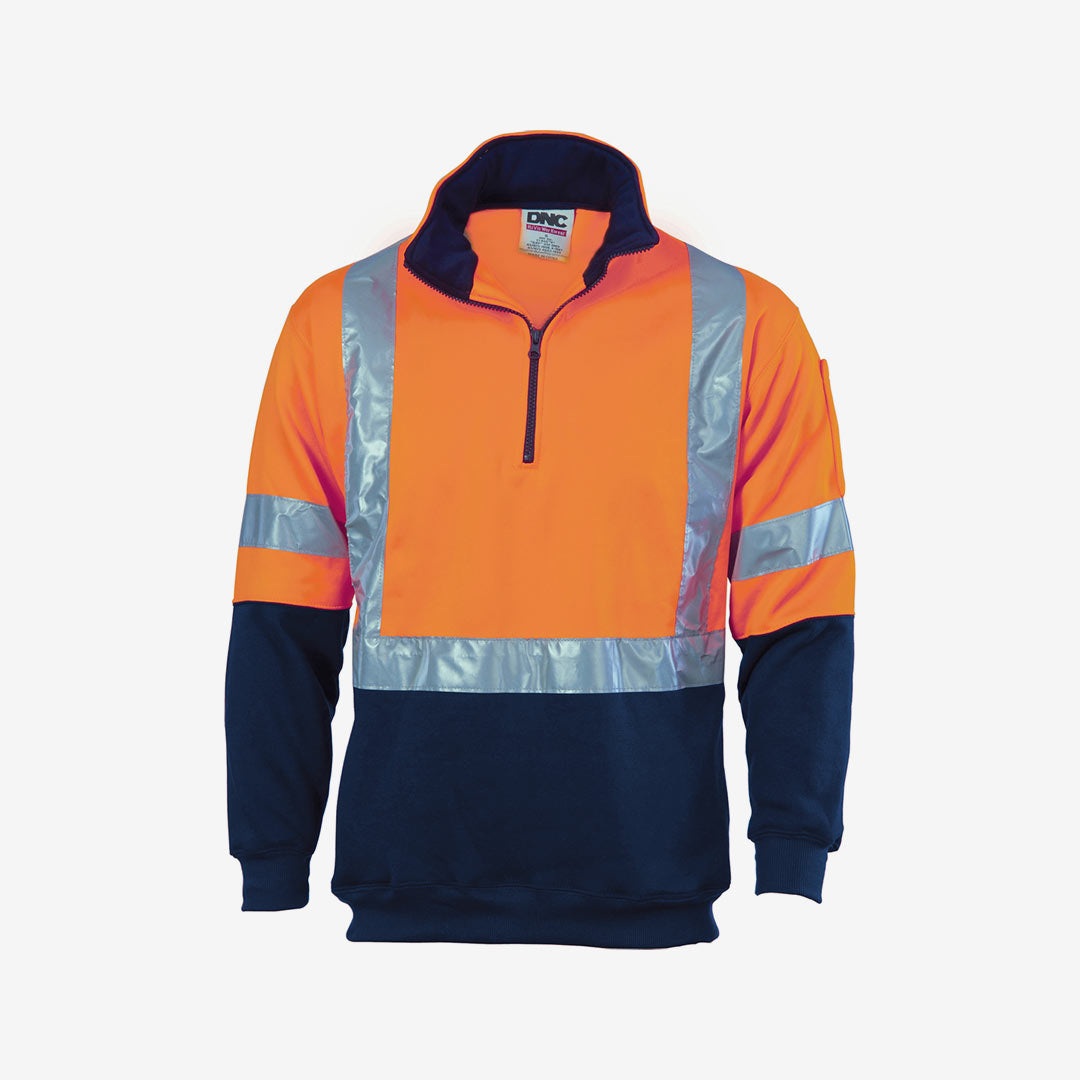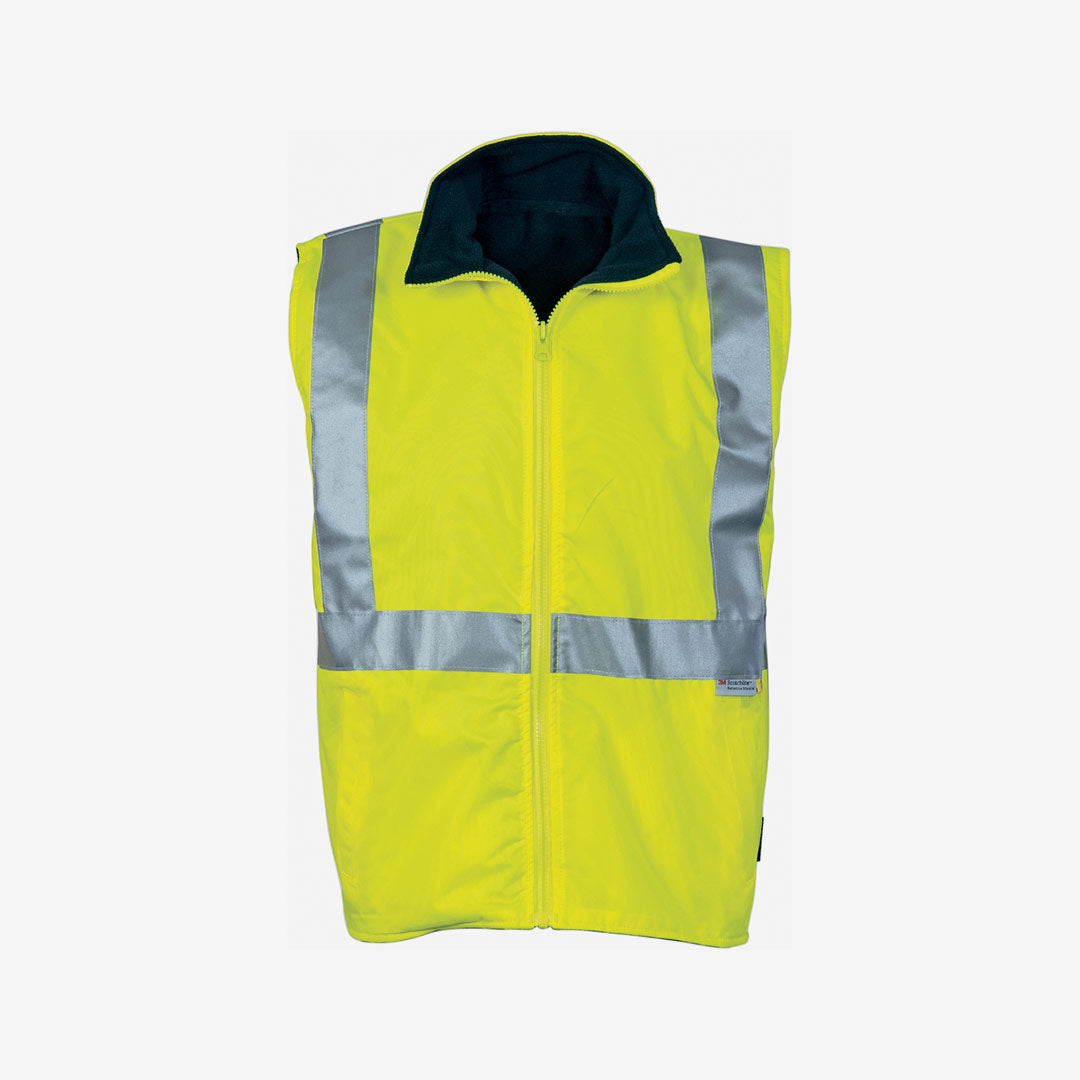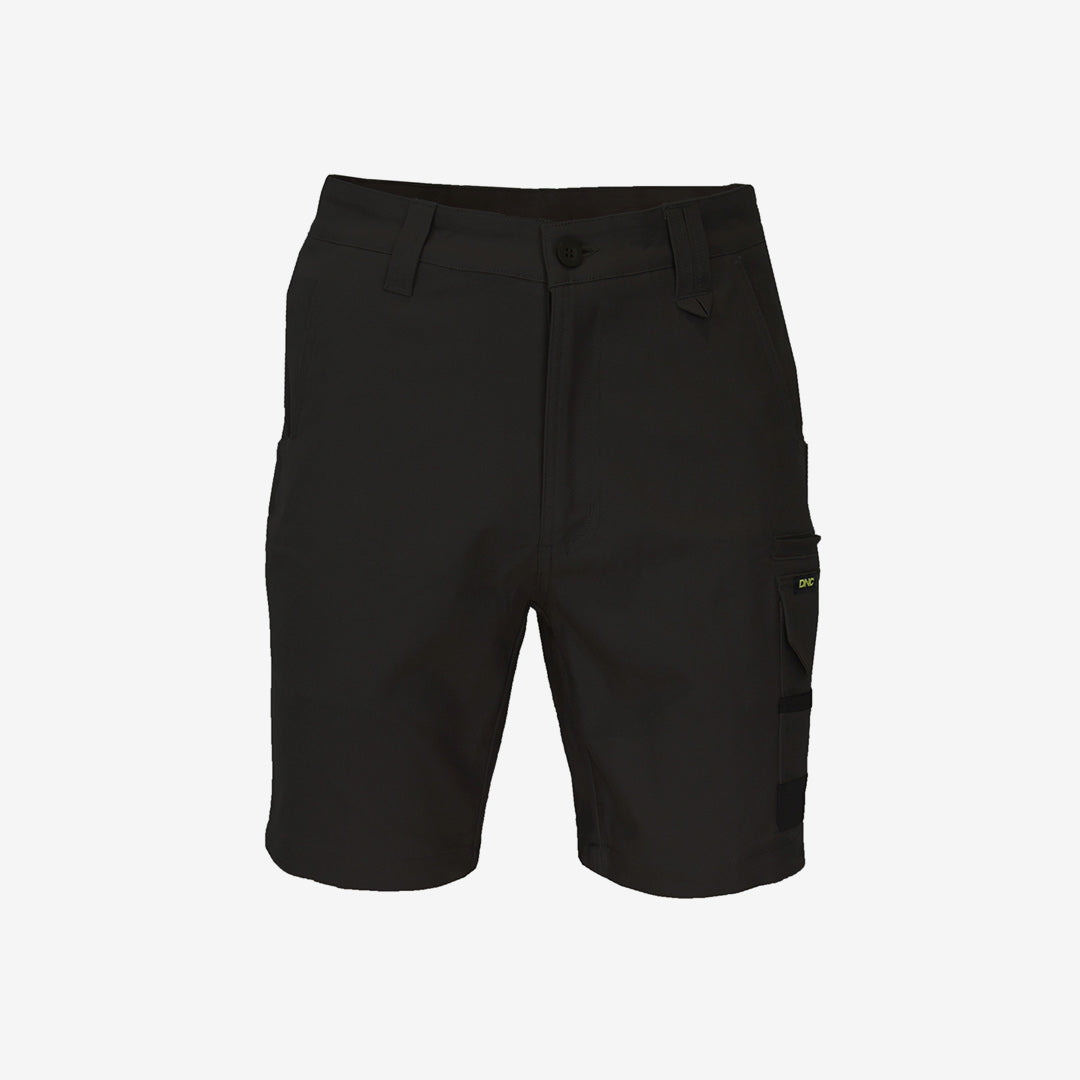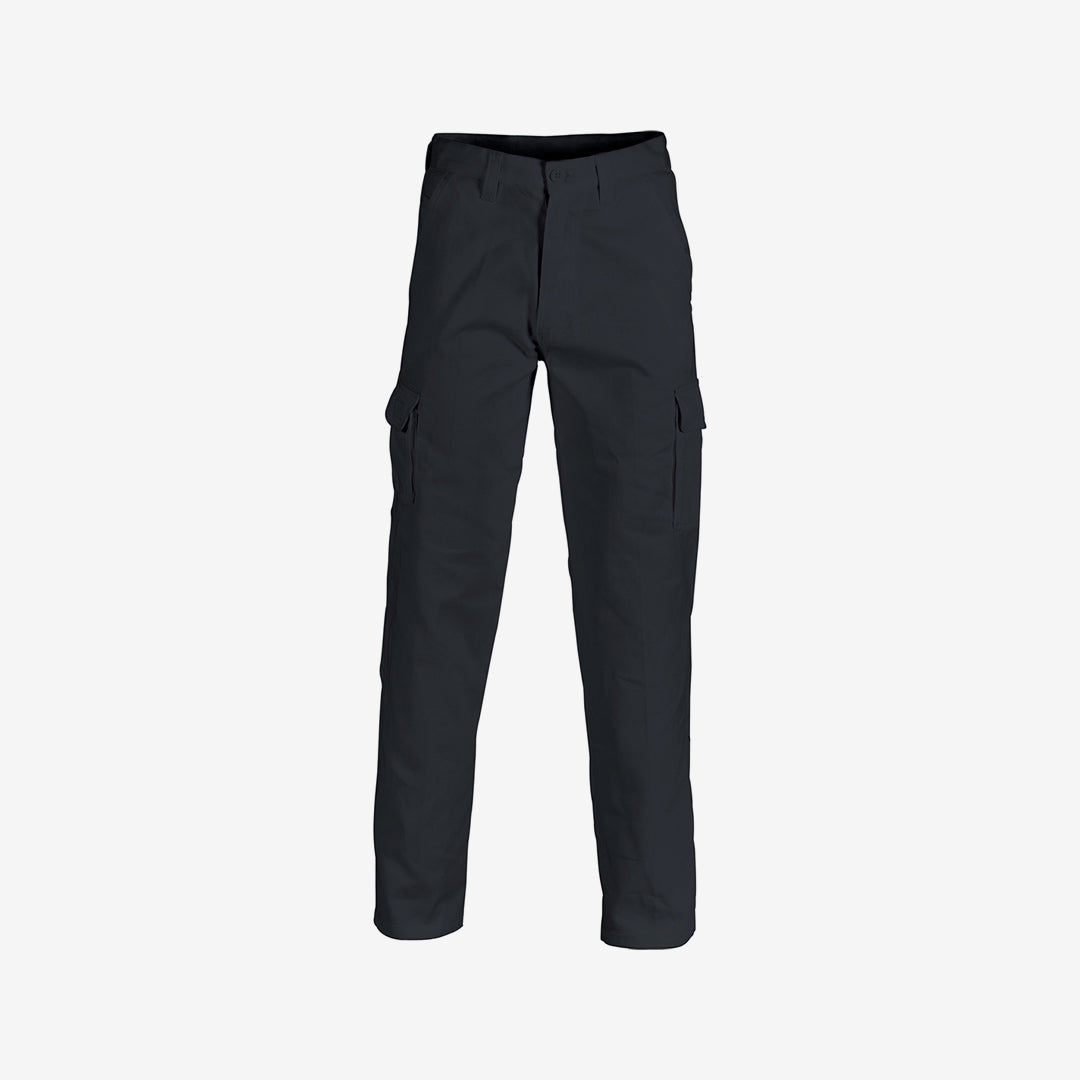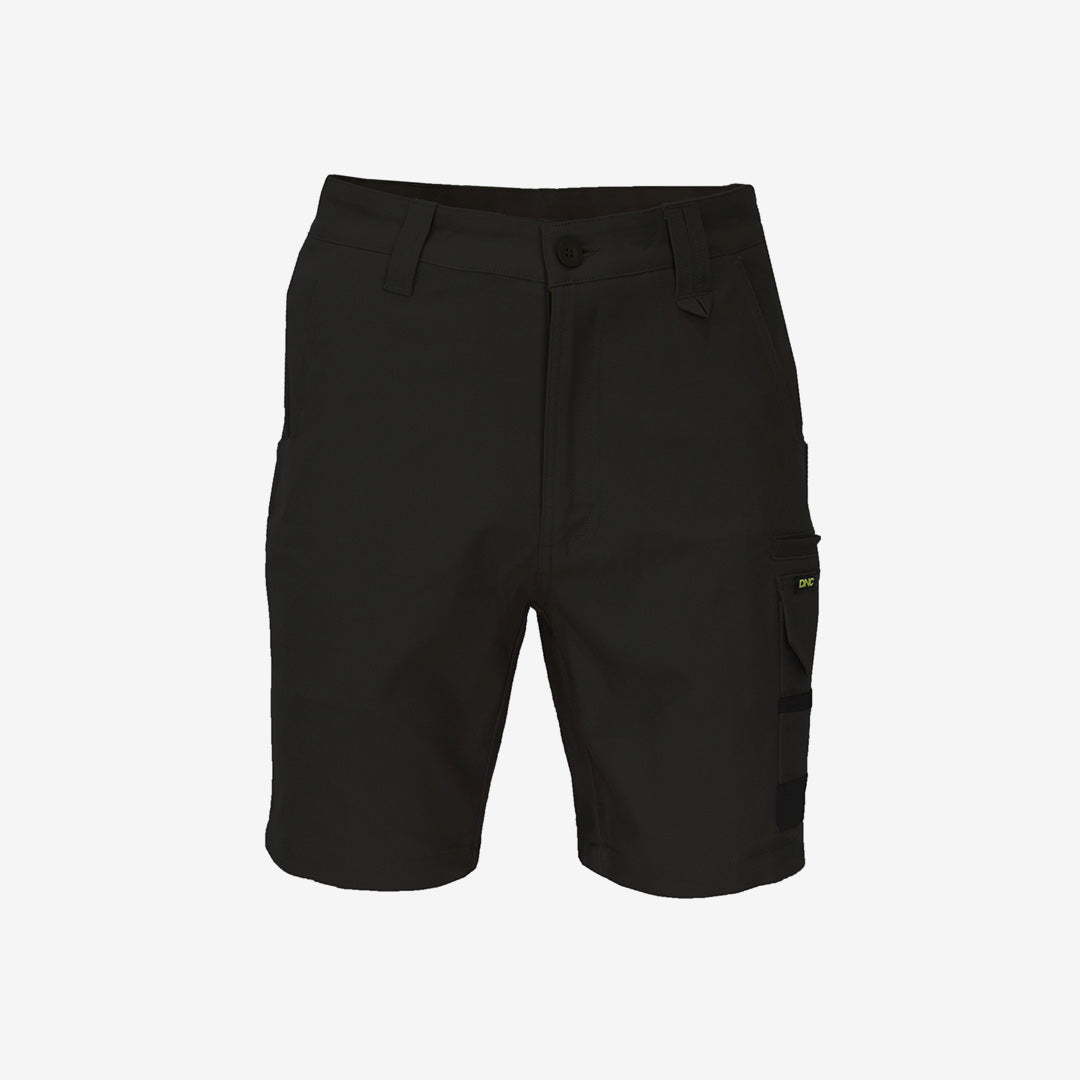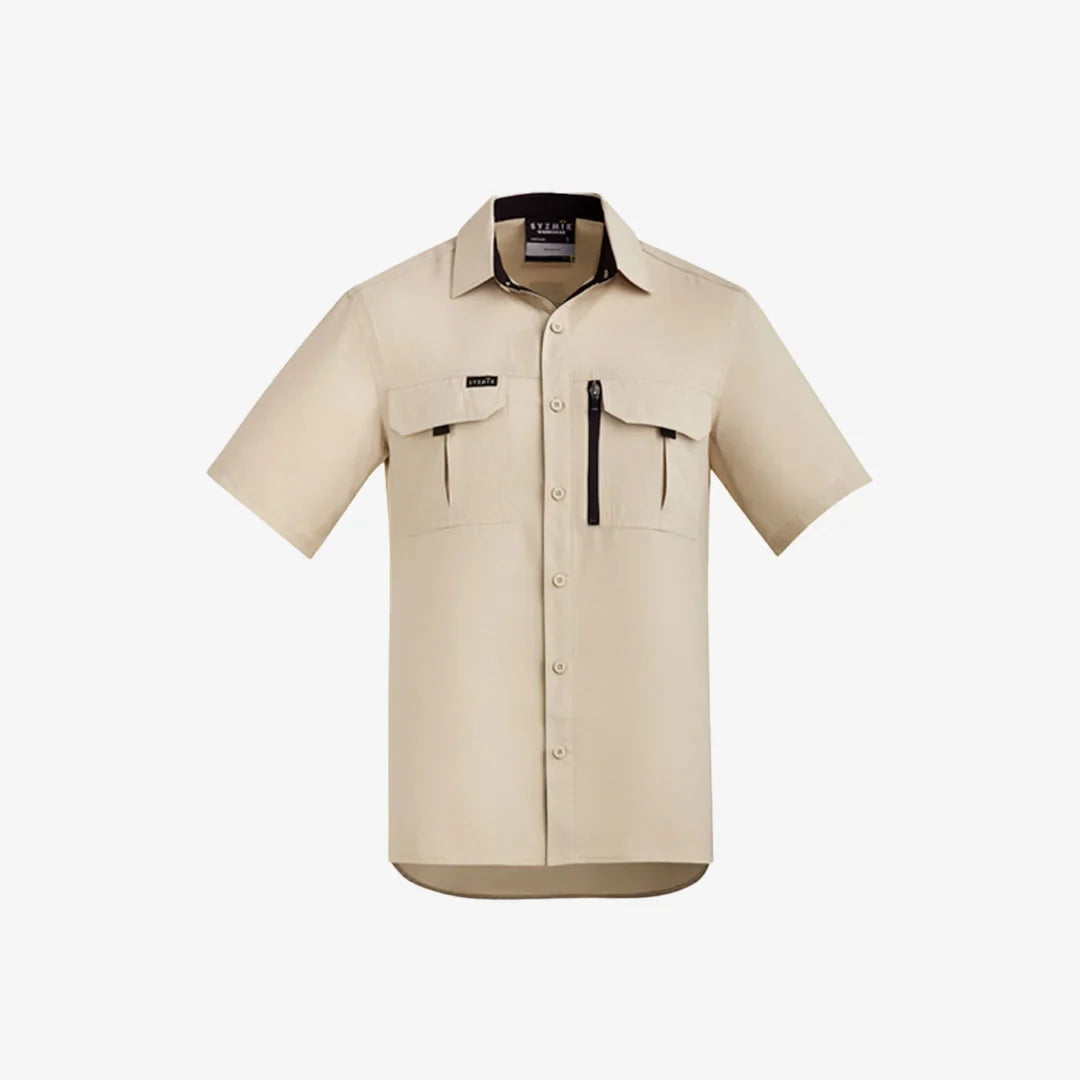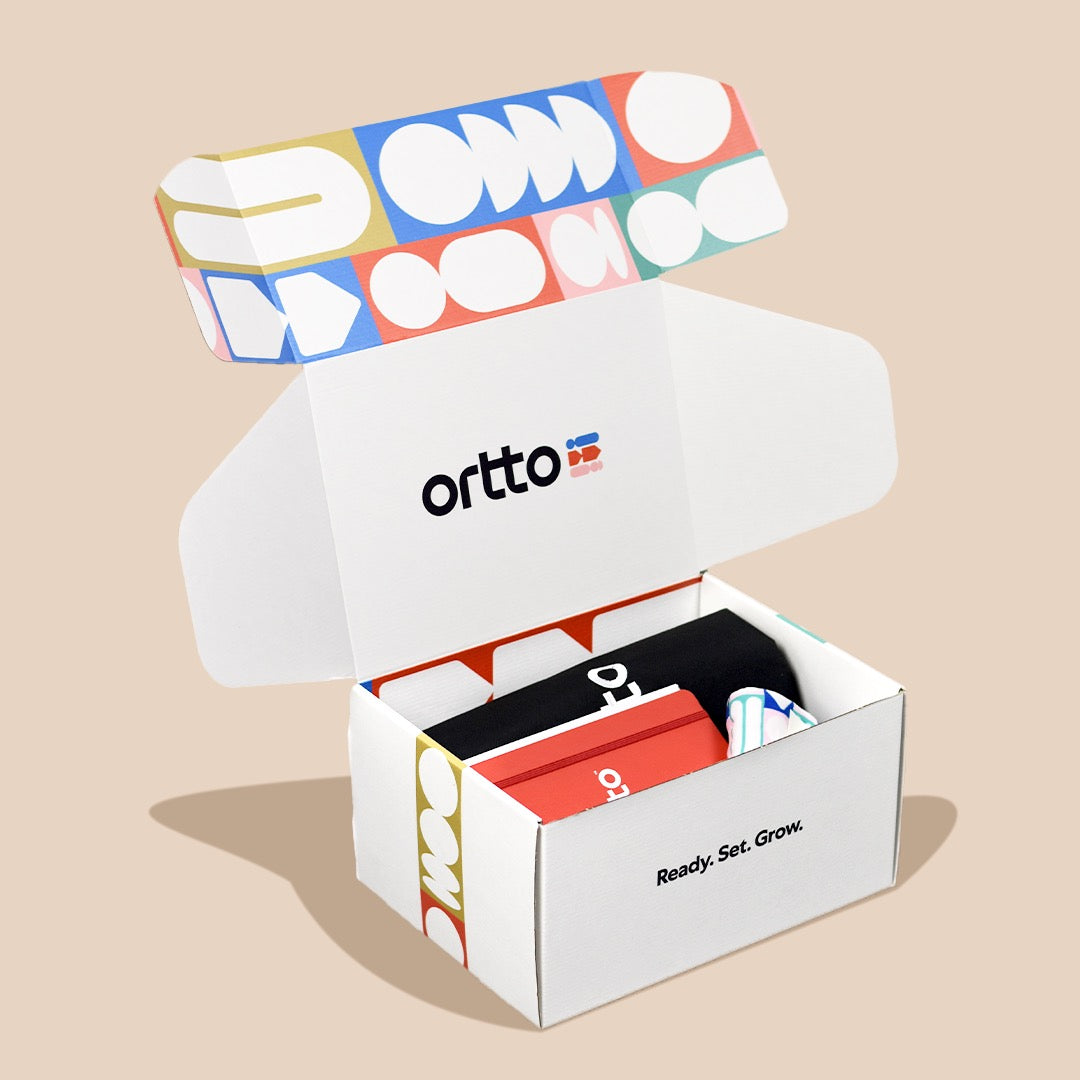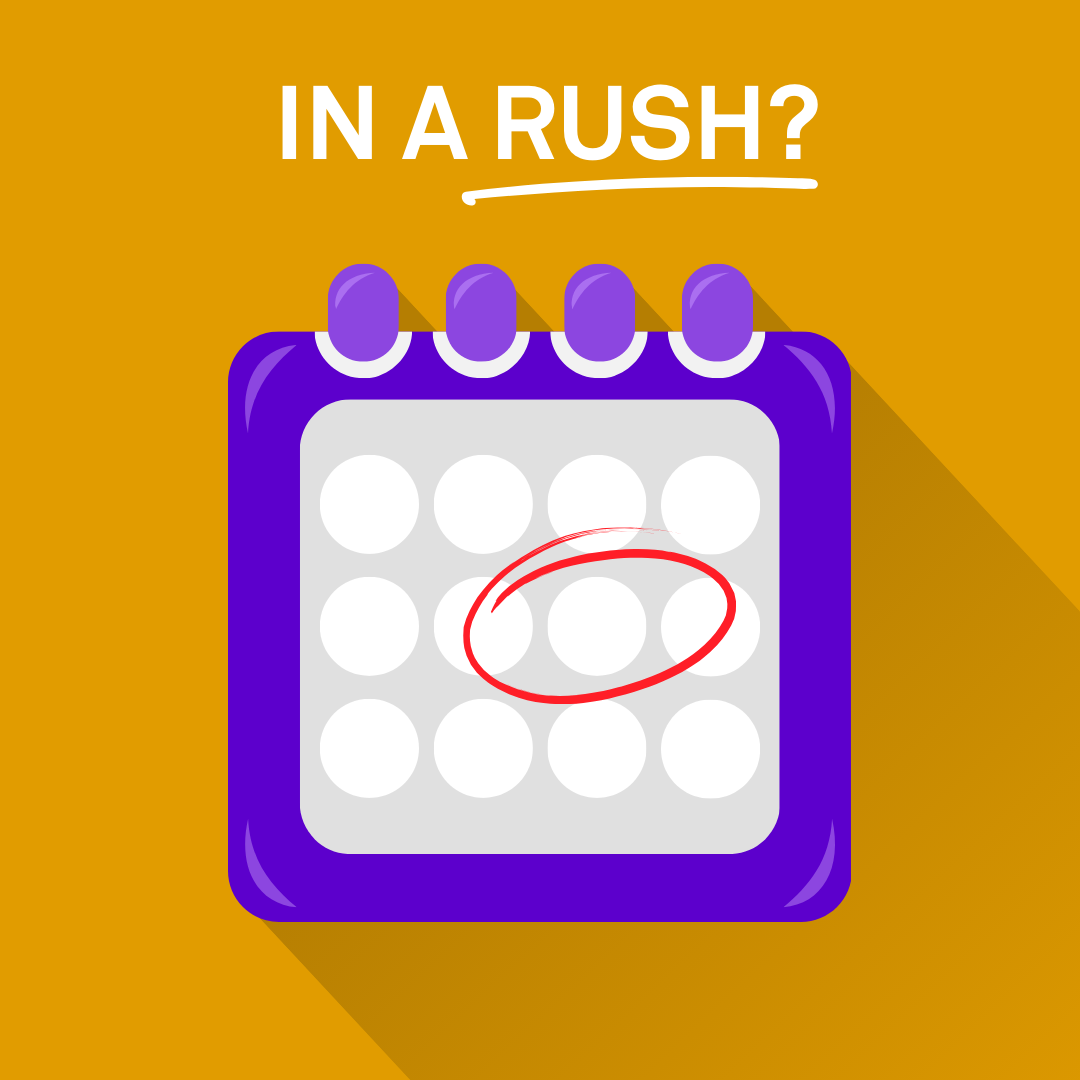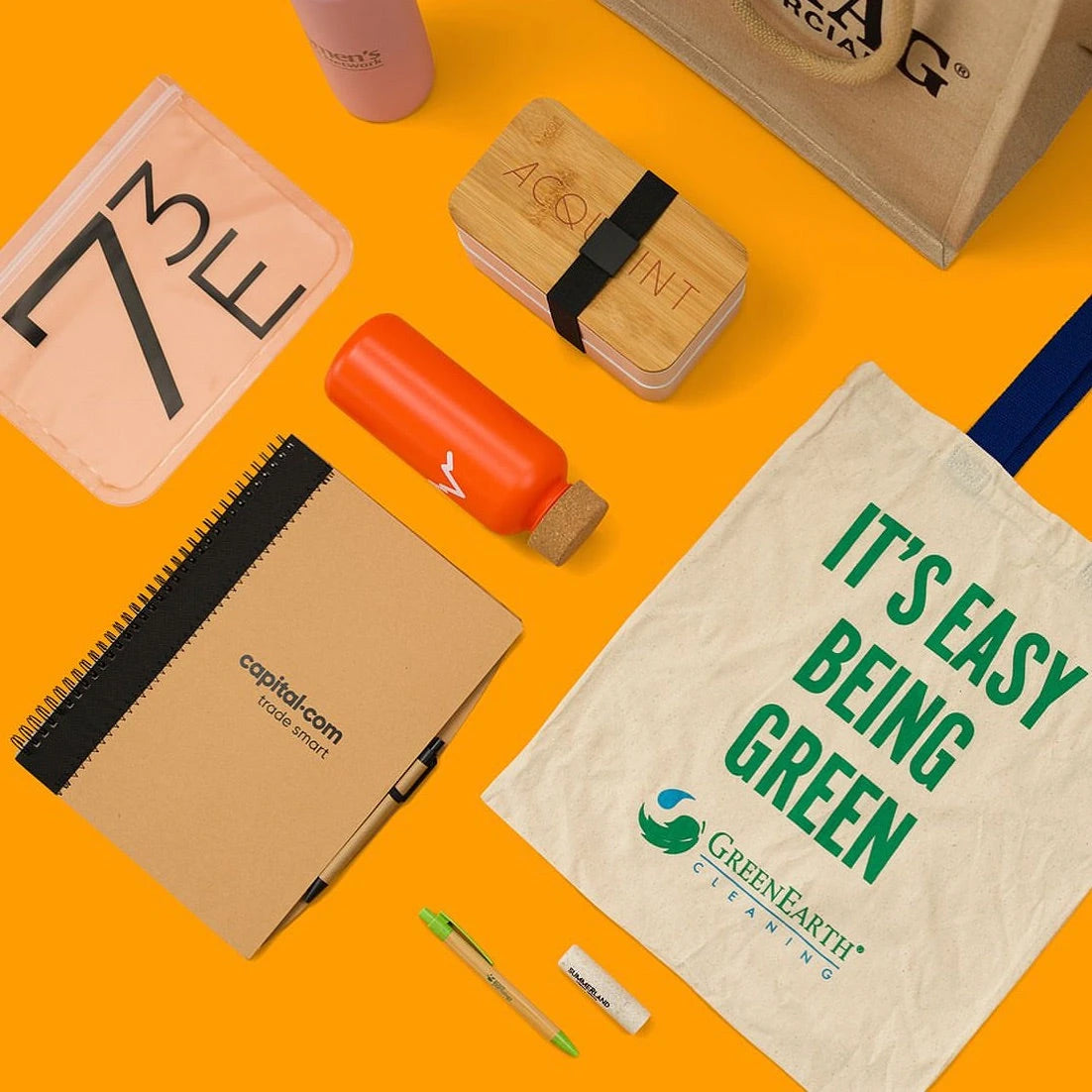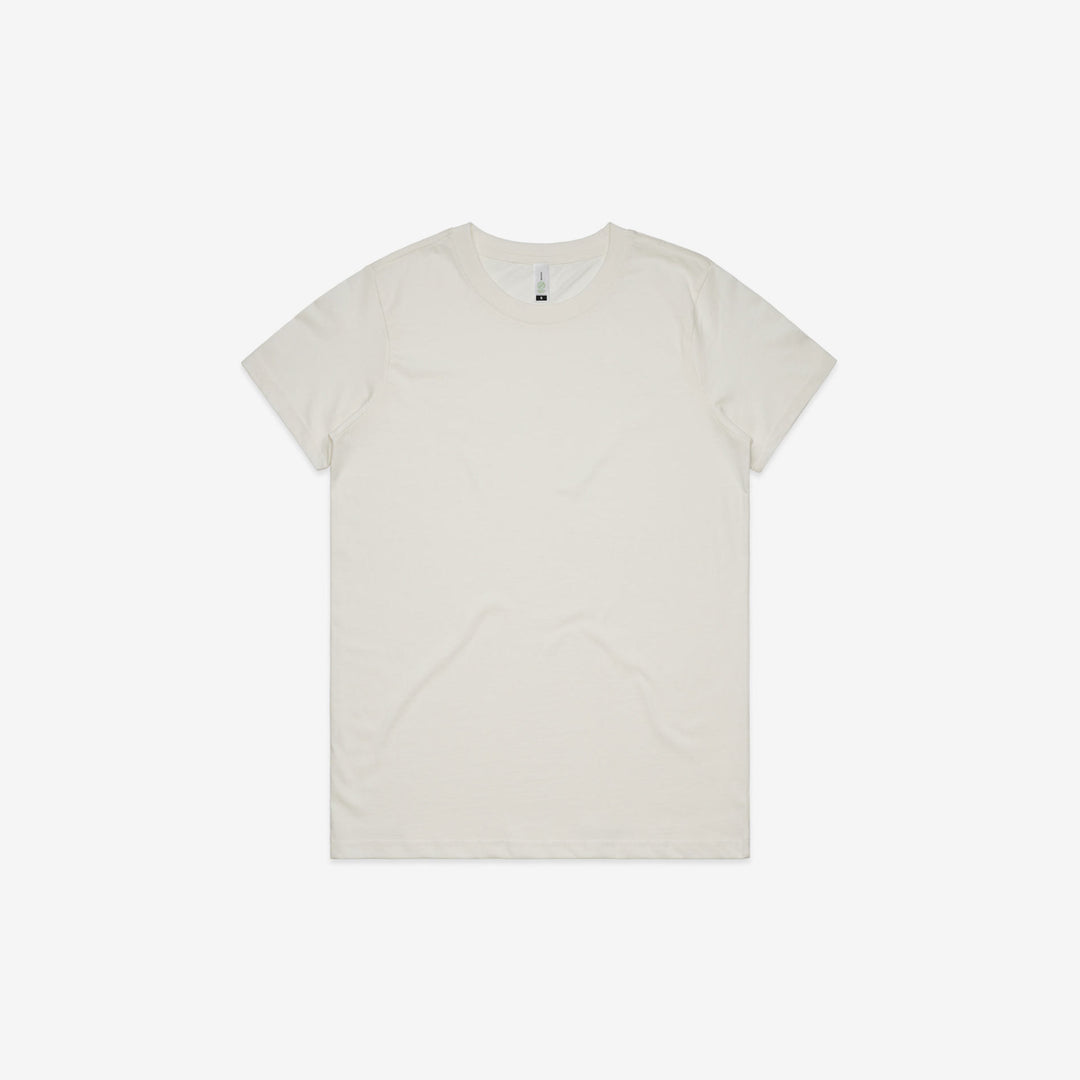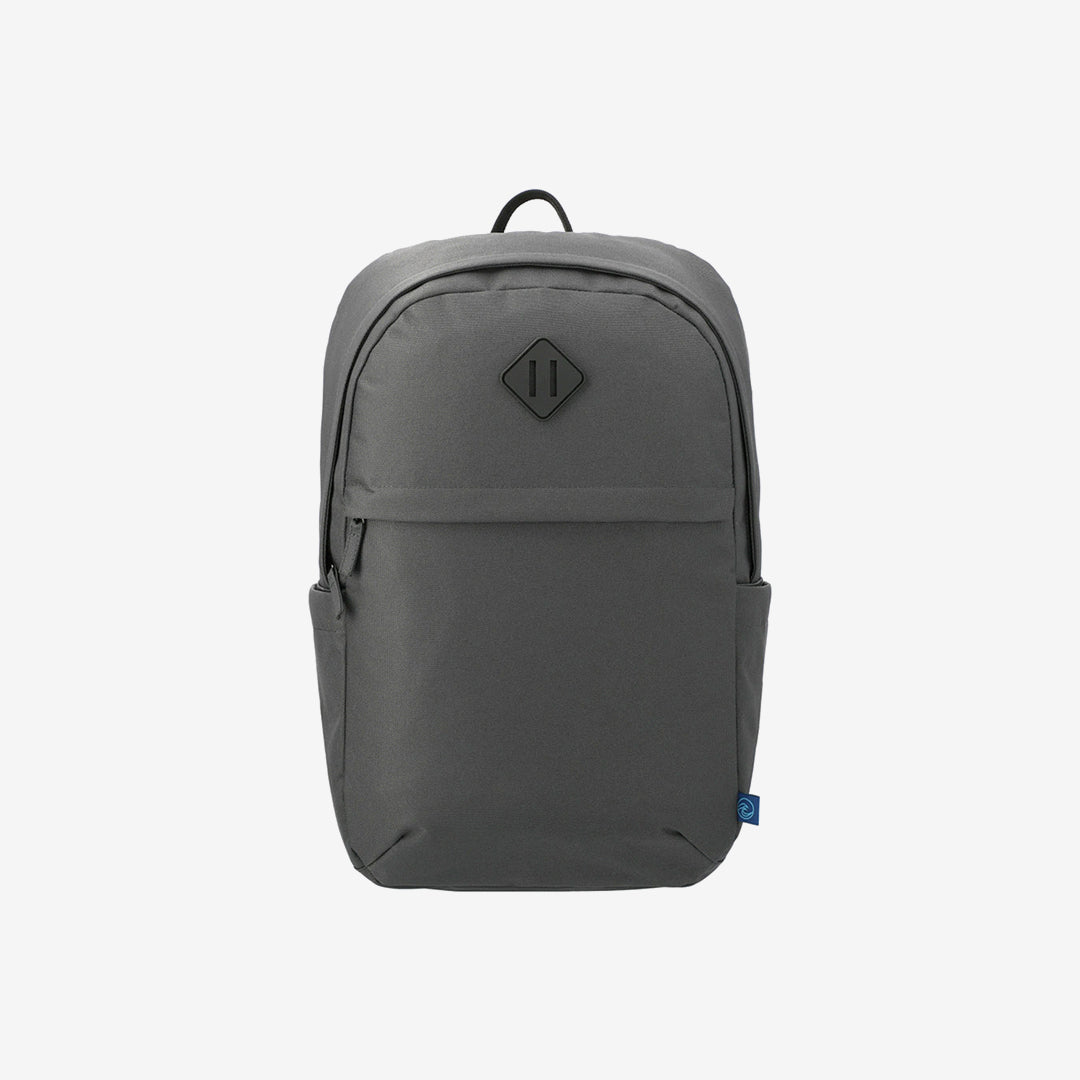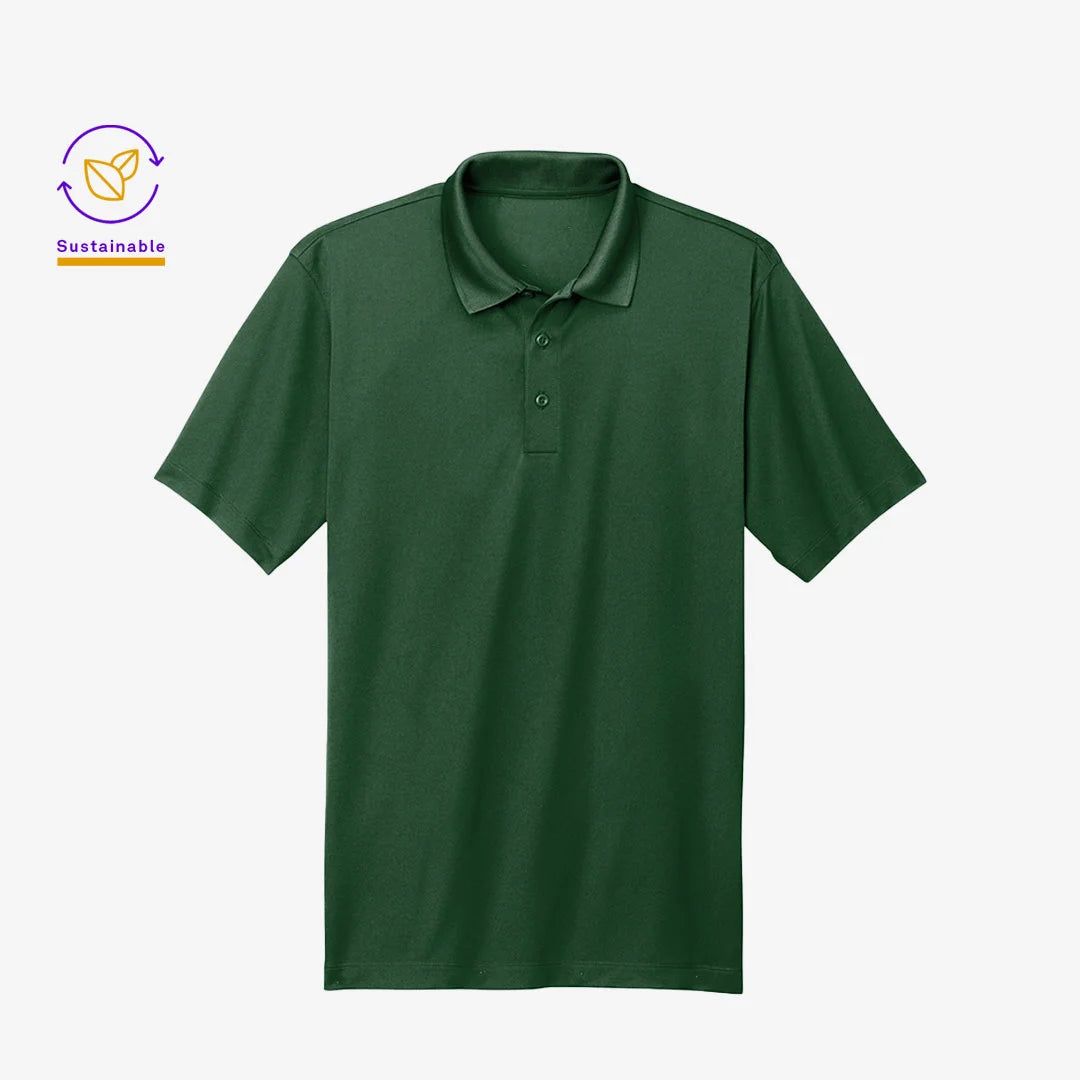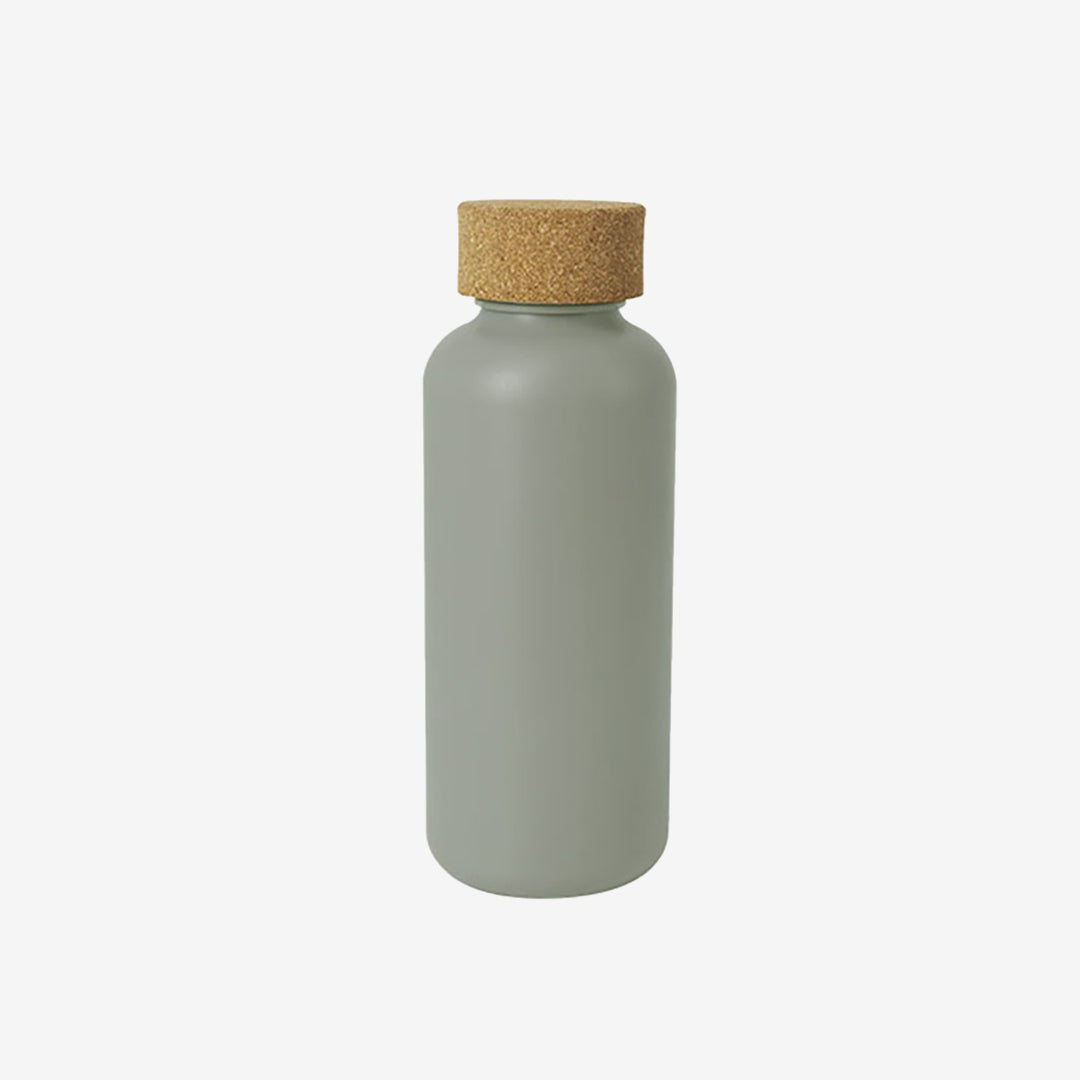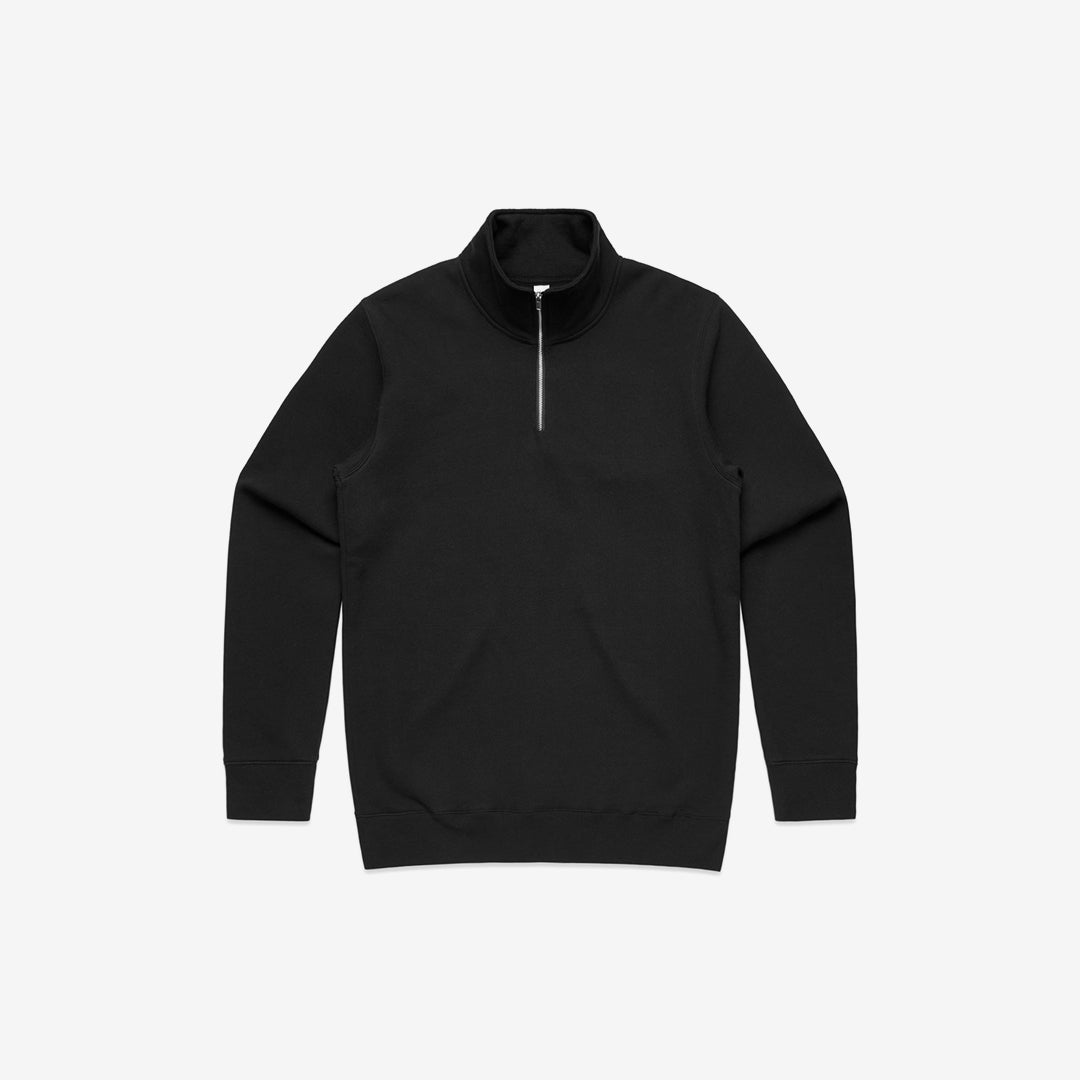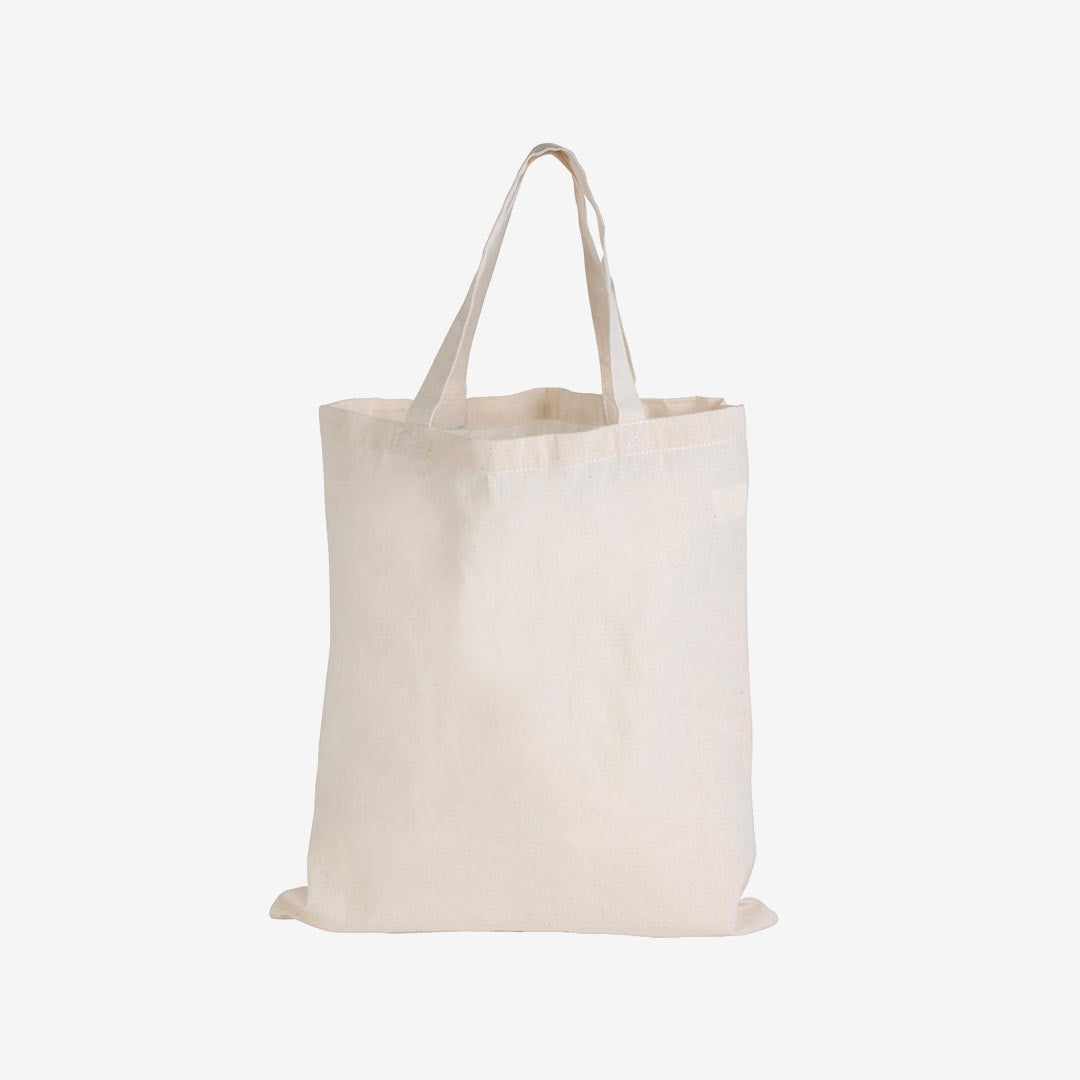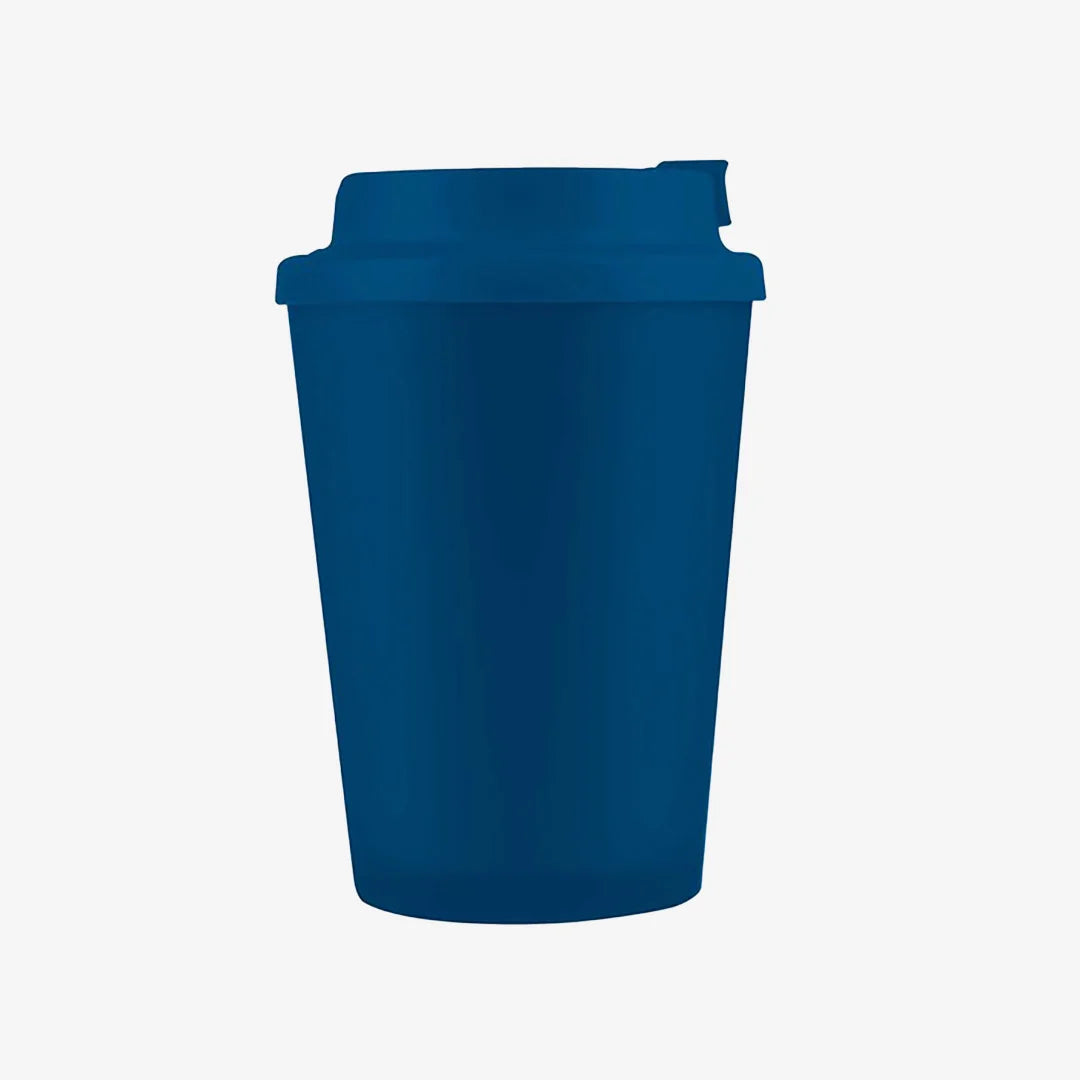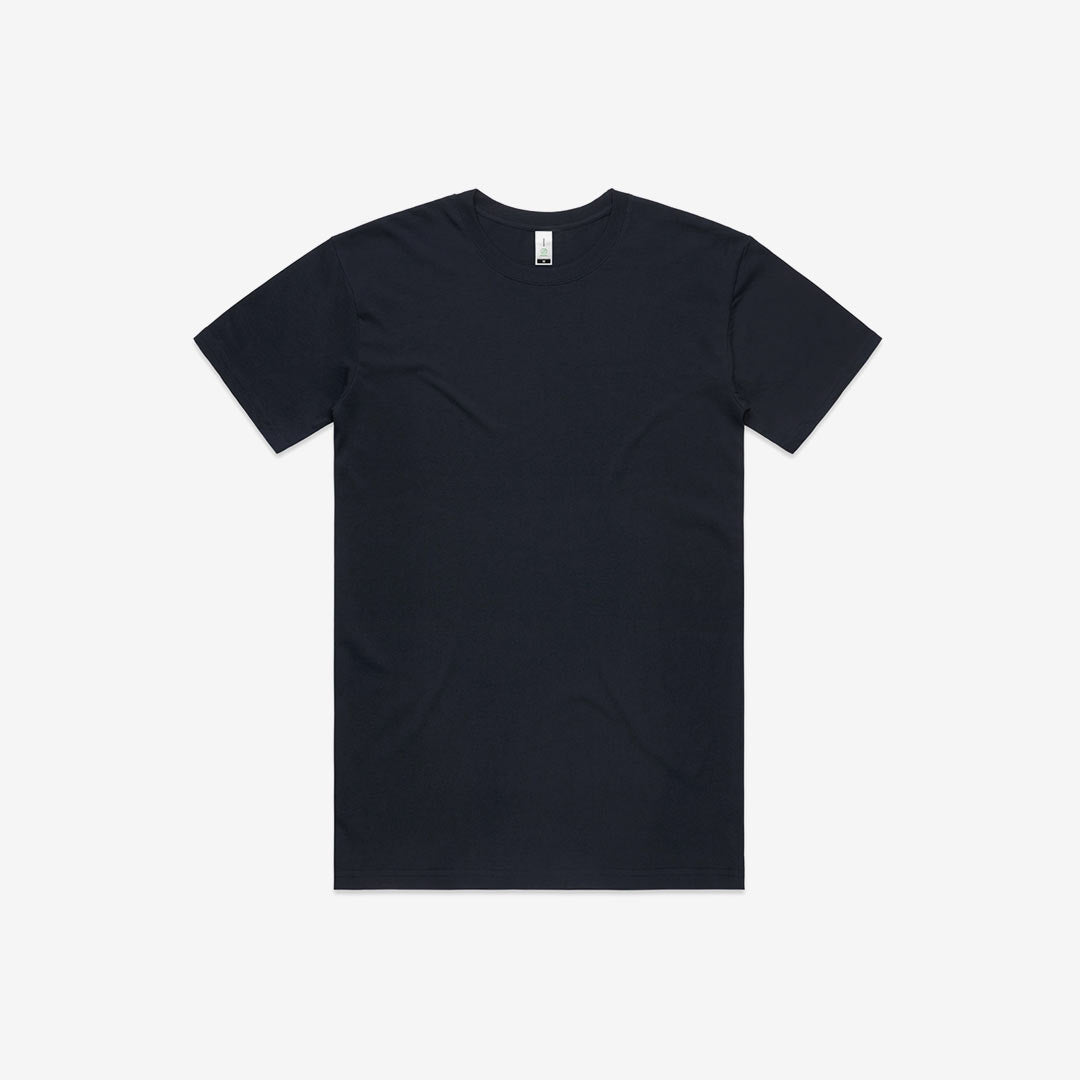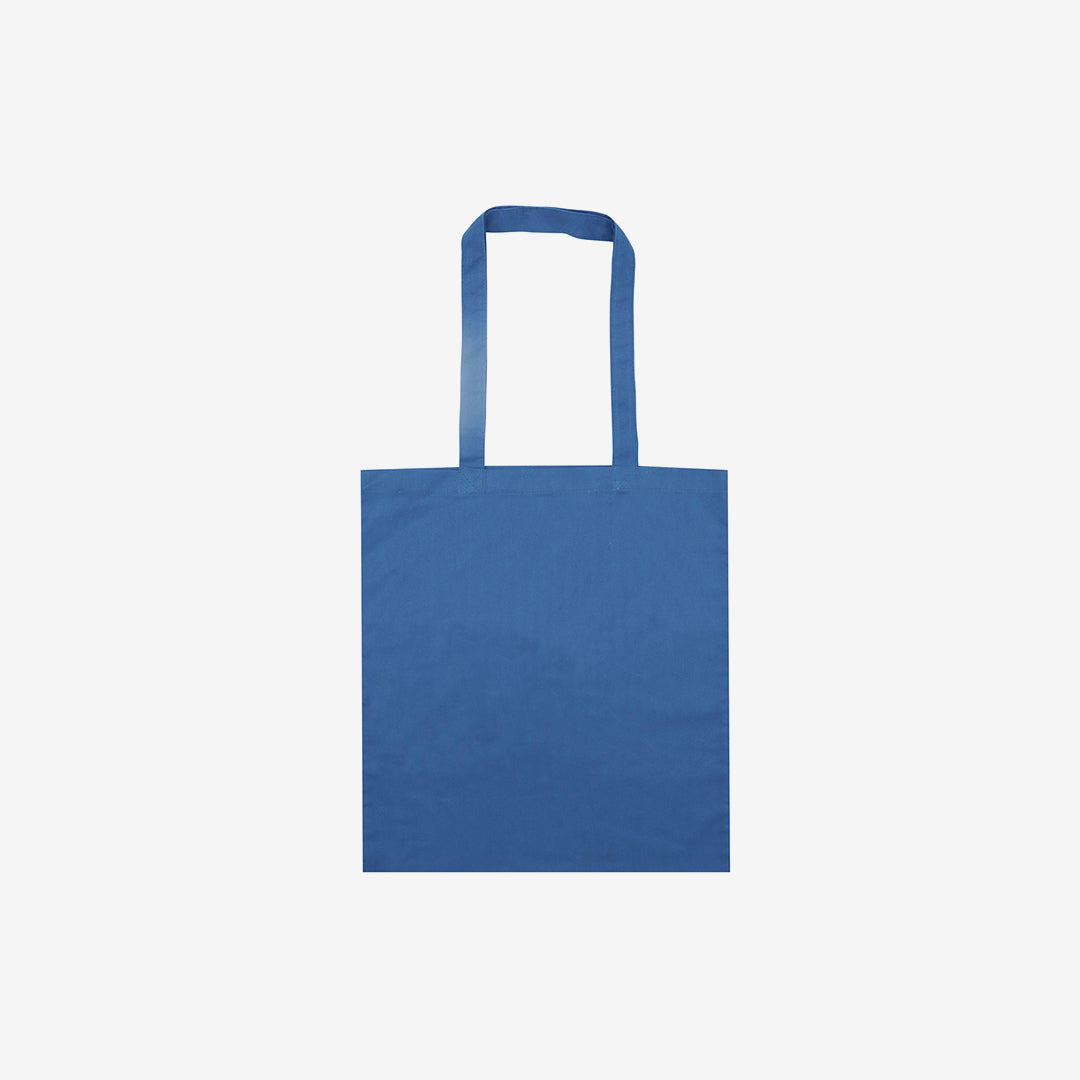What is a Vector File and why does it matter for your merch?
As a business owner, you've probably come across the term "vector file" when you’re asked to upload your designs for custom merch. It can feel a bit like a technical term that doesn’t apply to your day-to-day — but trust us, understanding vector files can save you a lot of stress and help you get the best results for your new branded gear.
Let’s start with the basics: Vector vs. Raster files
First things first, let’s talk about the two types of image files you’ll run into: vector and raster files.
-
Vector Files: These are the heavy hitters of the design world. They’re made using lines and curves (think digital artwork that’s based on mathematical equations). The best part? They can be resized without losing any clarity or quality. So whether you’re printing on a tiny pen or a large t-shirt, the design stays sharp.
-
Raster Files: These are more common and made up of pixels. If you've ever tried to stretch an image and had it turn blurry or pixelated, you’ve seen what happens when raster files get too big. They lose quality and clarity when resized, which can cause issues when it comes to printing merch.

Why Vector Files are a big deal for your merch
As a business owner, you know the importance of your brand looking sharp — literally! When you're ordering custom merch (think t-shirts, hats, or mugs), the last thing you want is your design looking fuzzy or distorted. This is why vector files are your best friend. Here’s why:
-
Scalability: With vector files, you can scale your design up or down without it getting blurry. The design remains crisp and clean no matter the size of the merch.
-
Crisp and Clean: Since vectors are based on mathematical equations that infinitely expand (rather than pixelate), they remain sharp and clear, no matter the size. This is key when you're printing your logo on hats, tote bags, or drink bottles.
-
Easier Edits: Need to tweak your logo or design? No problem! Vector files are easier to modify, so you can adjust the colors, shapes, and even resize the elements without messing up the quality.
Vector file formats we love getting from you
When you’re uploading artwork for merch, you’ll likely see a few familiar file type options. Here’s what to look out for:
-
.EPS: This is the most commonly used vector format for merch. It’s reliable and works across most design platforms.
-
.AI: If you’re using Adobe Illustrator to design your logo, this is the native format. It’s perfect for high-quality vector designs.
-
.PDF: Yes, PDFs can be vectors too! Just make sure your PDF is saved as a vector file to avoid any issues.
What happens if you don’t have a Vector file?
As a business owner, it can be frustrating when you’re asked to provide a vector file and all you have is a raster file or a low-res image. But don’t worry, we’ve got you covered here at Mercha!
If your artwork is in a raster file format, like a JPG or PNG, we can often convert it to a vector file for you — just make sure you review your artwork approval! It’s important to review your artwork approval incase we missed anything when converting the artwork into a vector. Remember, the better the original file, the smoother the conversion.
Pro Tip: When working with your designer, always ask for the vector version of your logo and artwork. It’s the easiest way to ensure that your merch prints clearly, no matter how big or small the design is.
So next time you order merch, remember…
For a business owner, making sure you’re using the right file type is key to getting the best merch results. Vector files are your go-to for high-quality, scalable designs that look sharp every time. They’re quick to edit, easy to work with, and ensure that your logo or artwork stays looking great — whether it’s on a pen, a hoodie, or a notepad.
So next time you’re asked to upload a file for your custom merch, you’ll know exactly what you need. And if you ever have any questions, we’re always here to help you get the best results for your branded gear.


